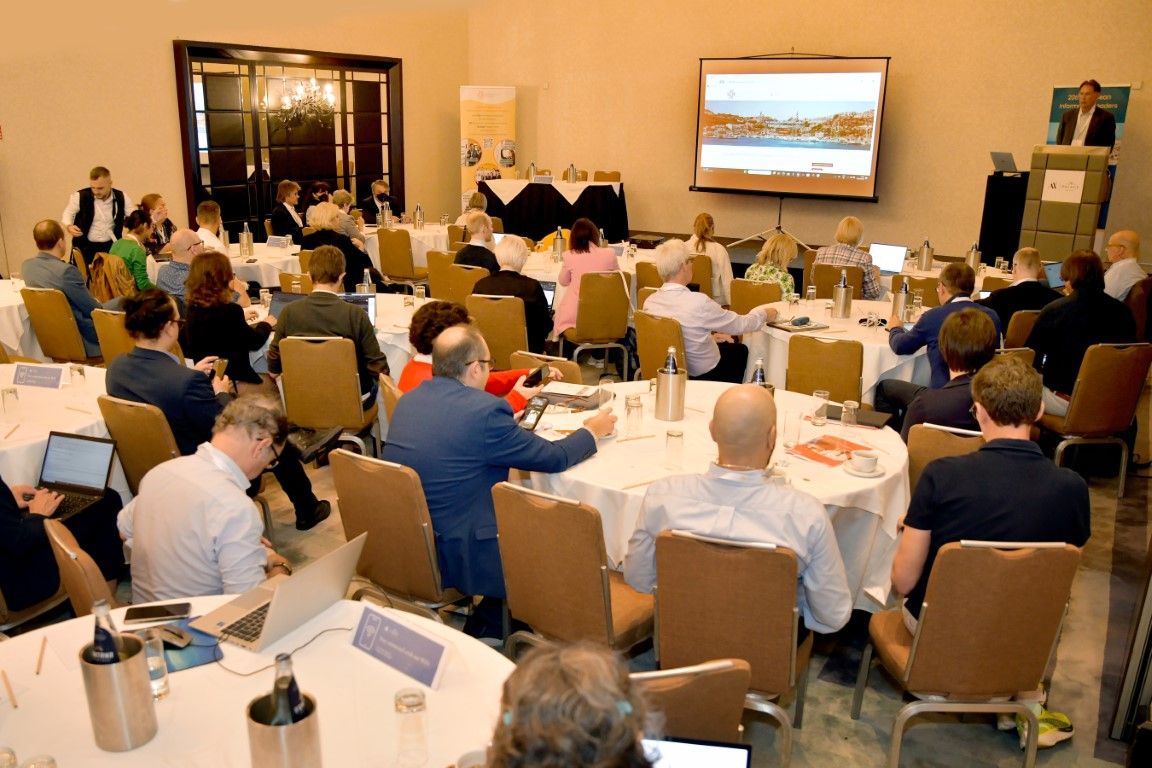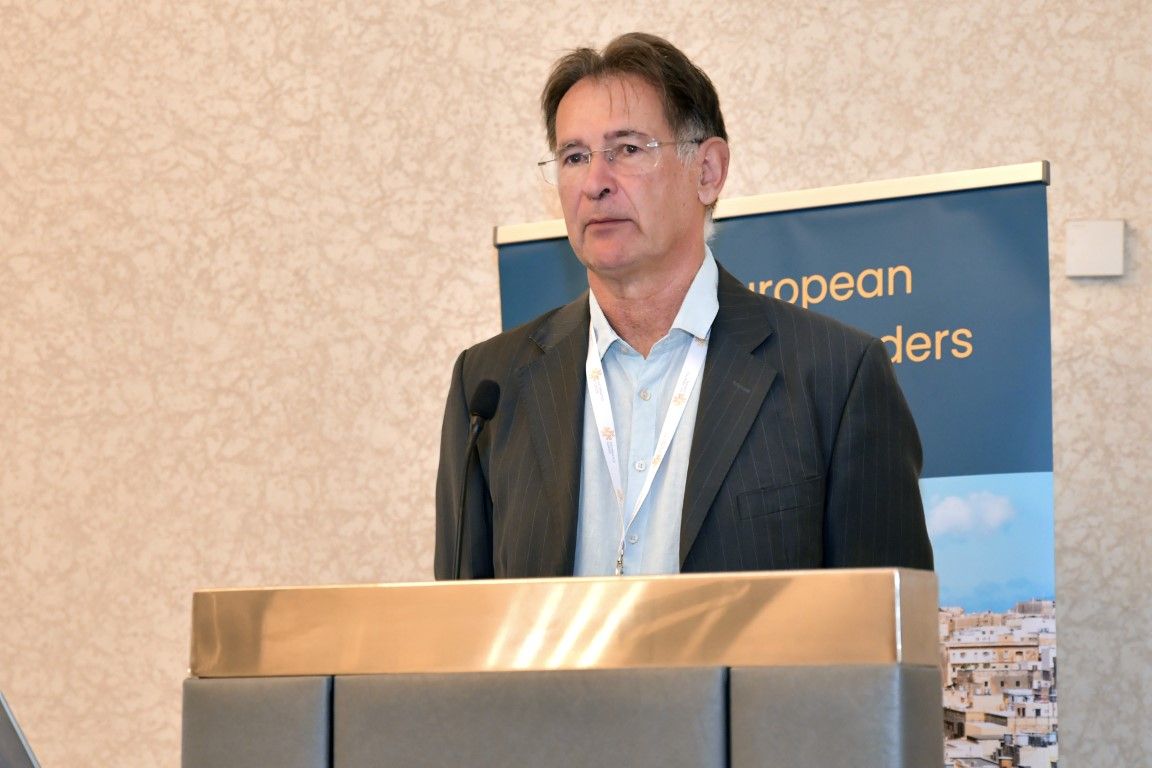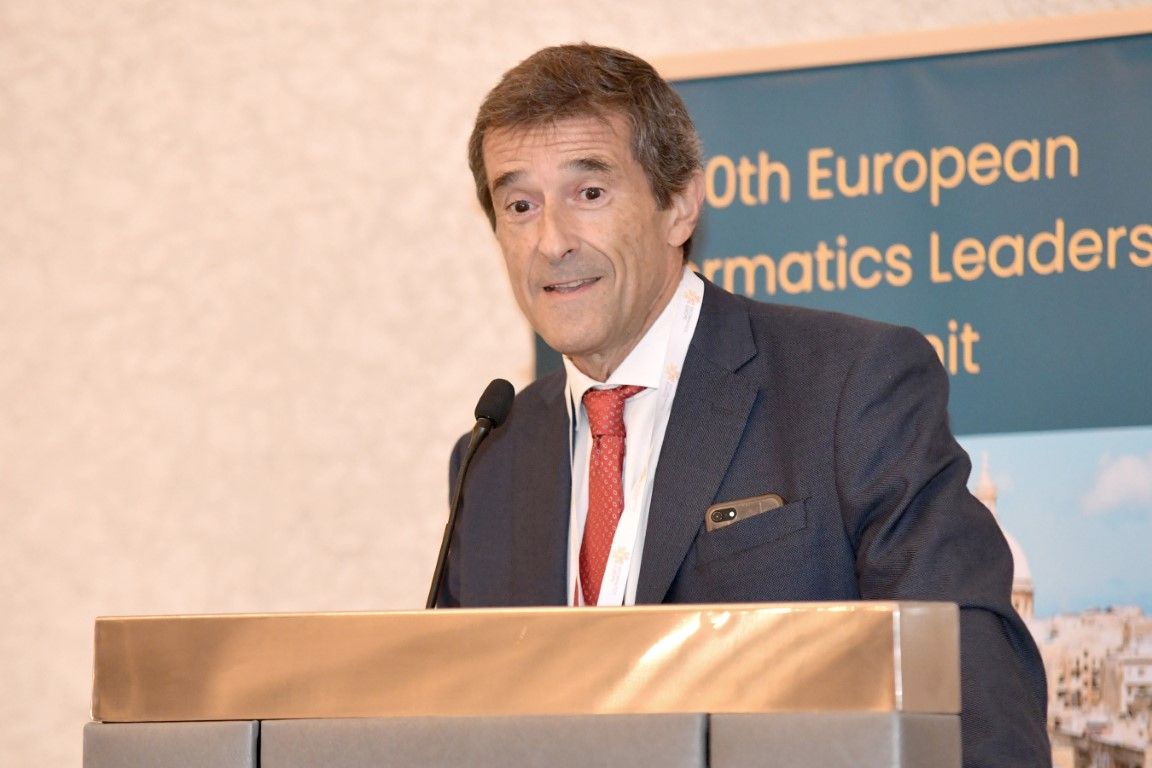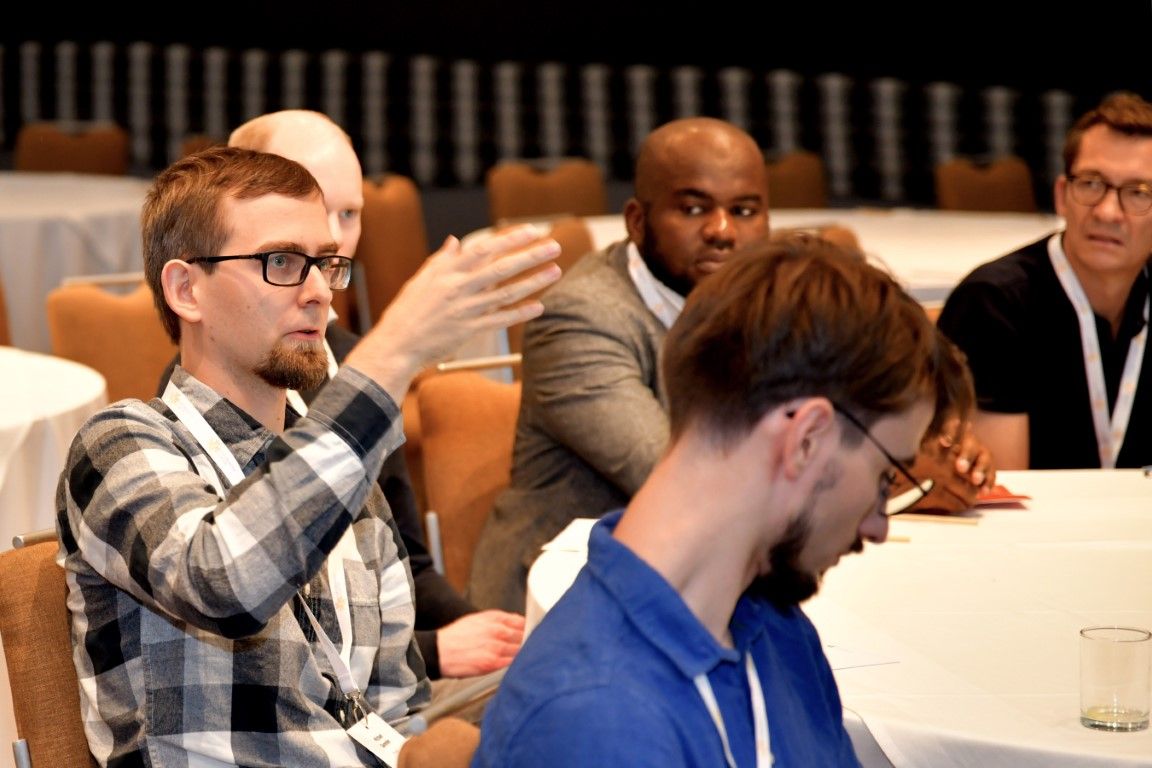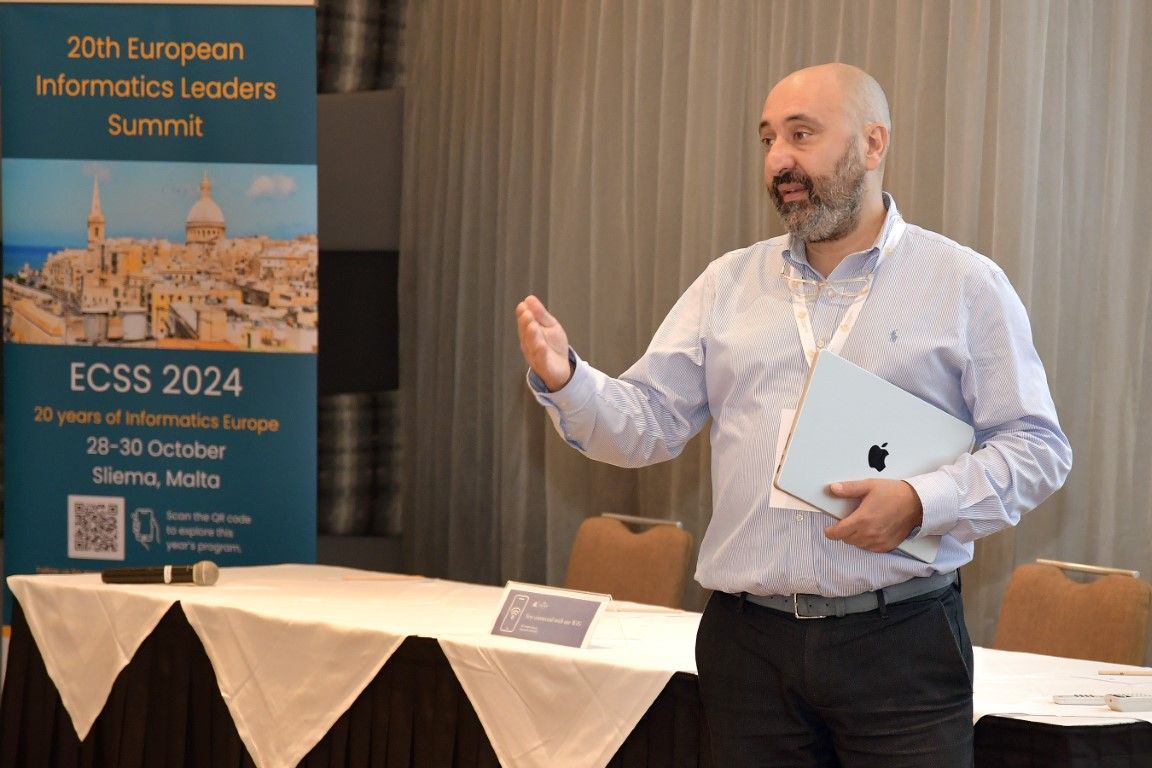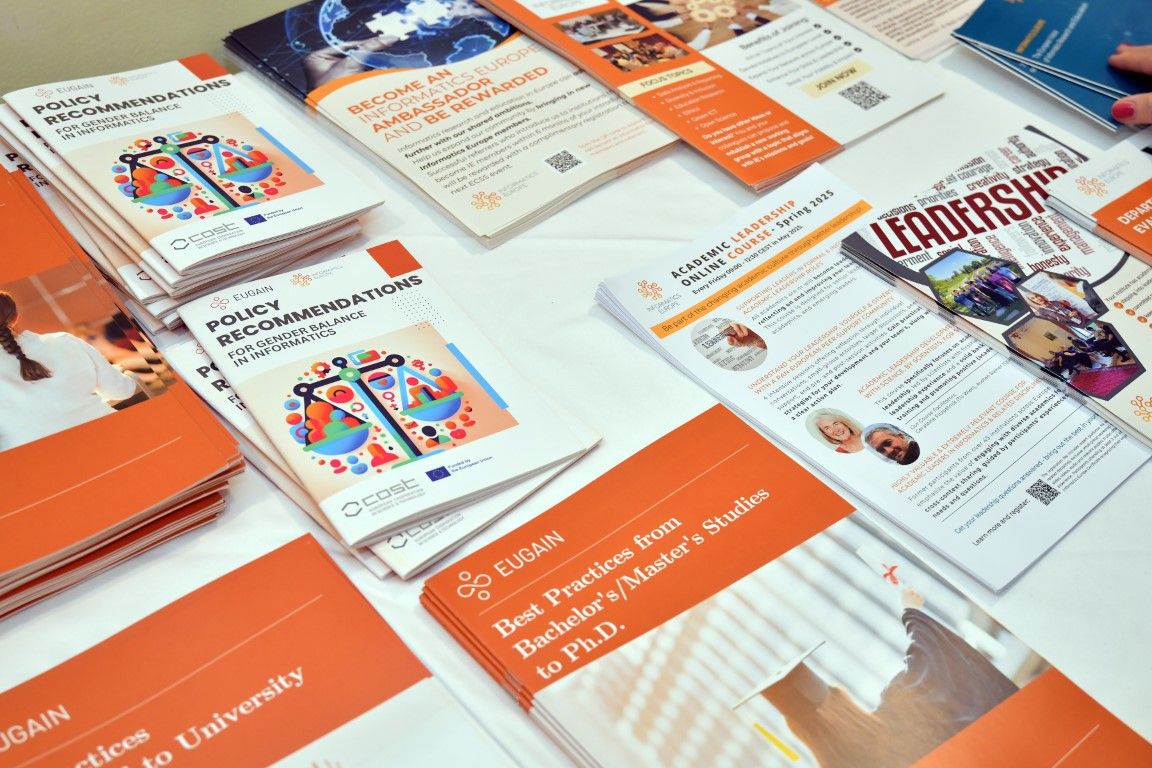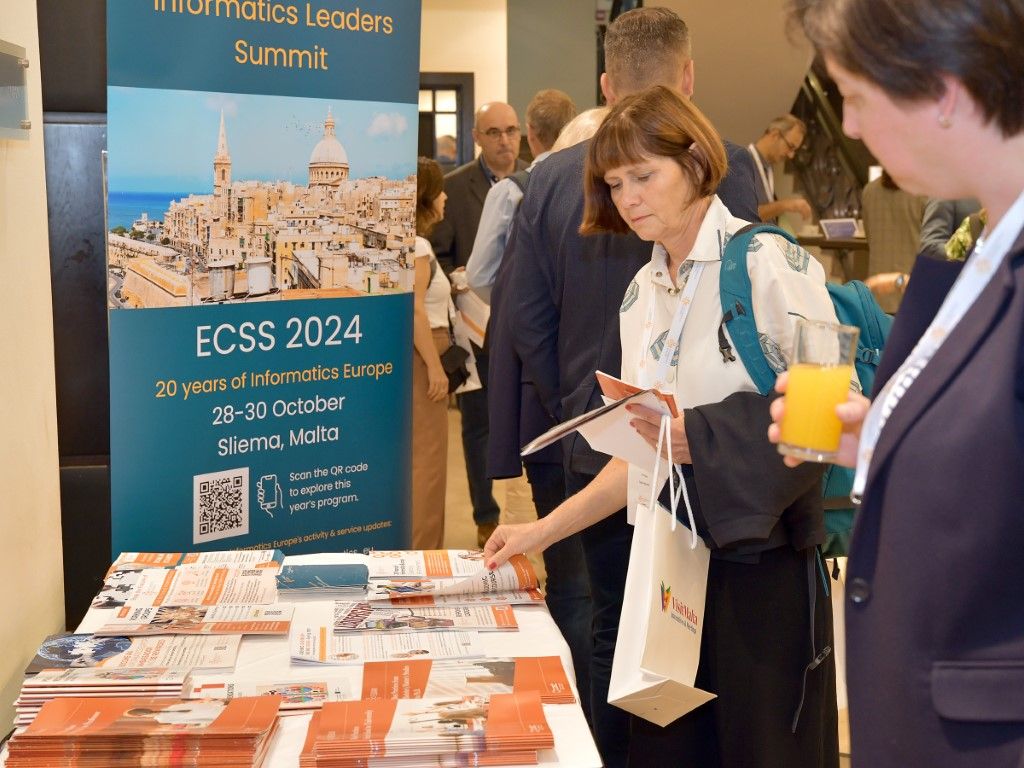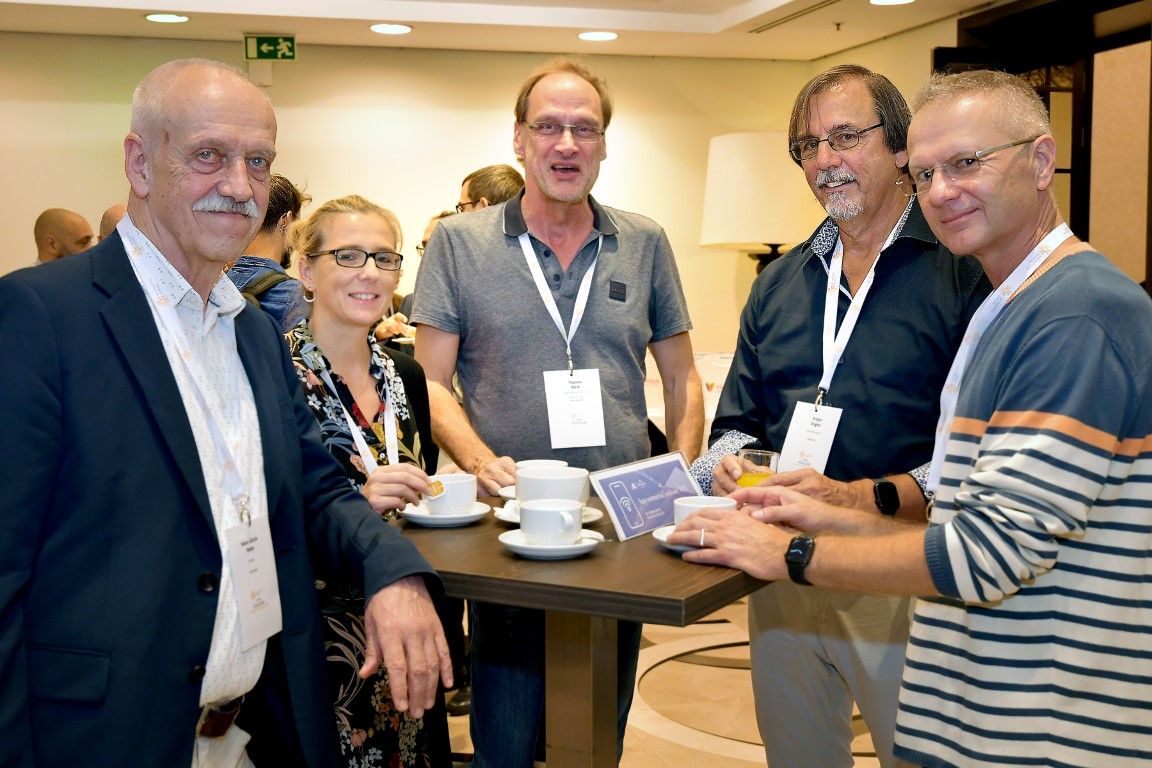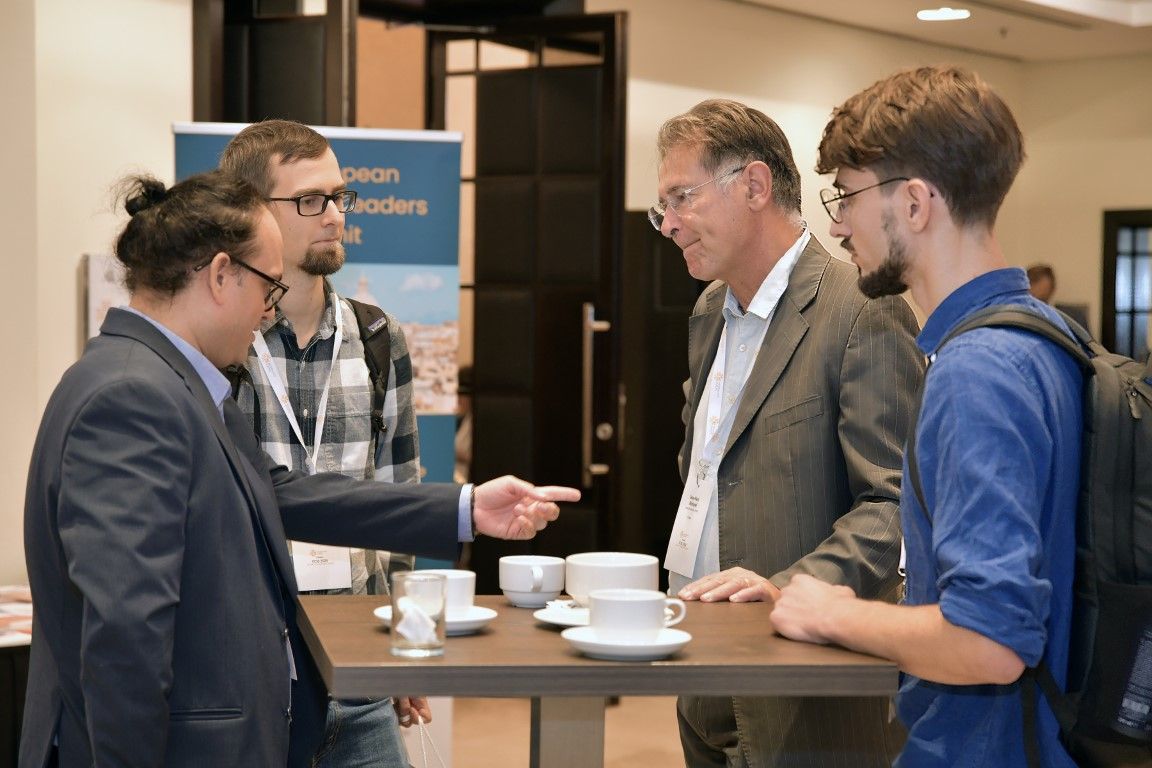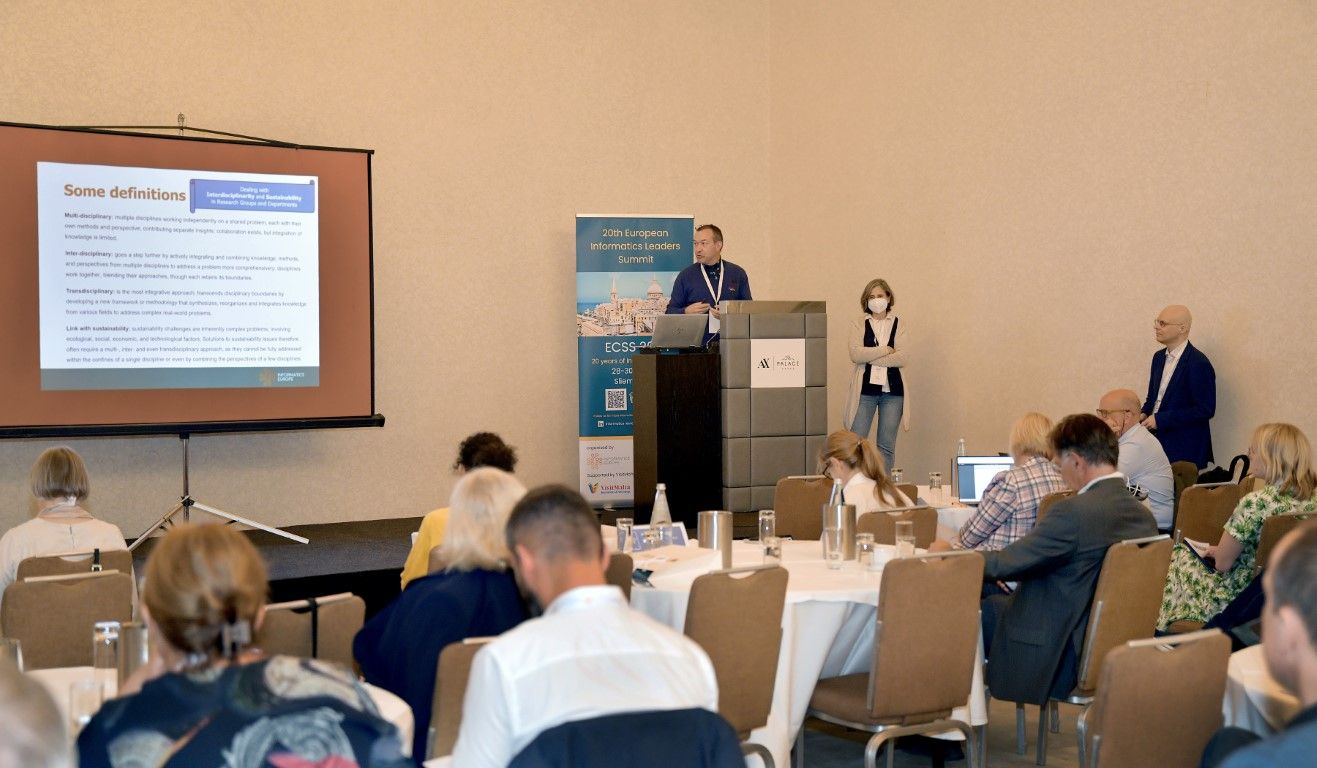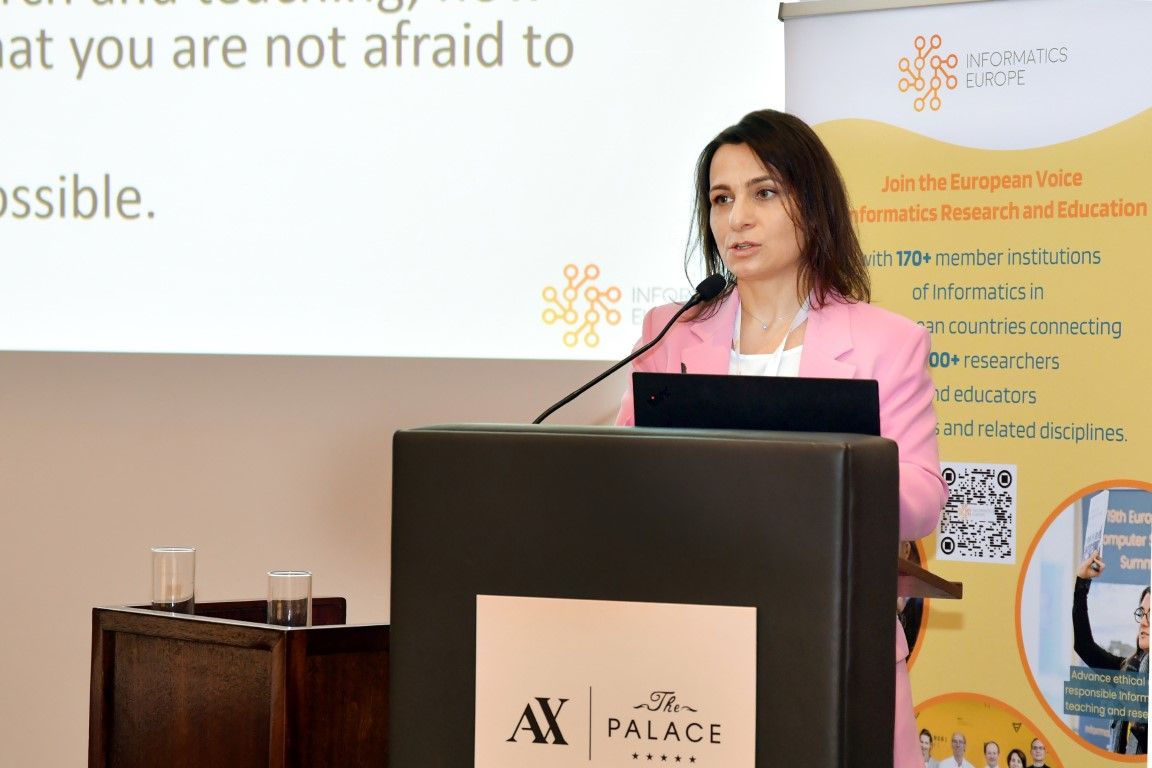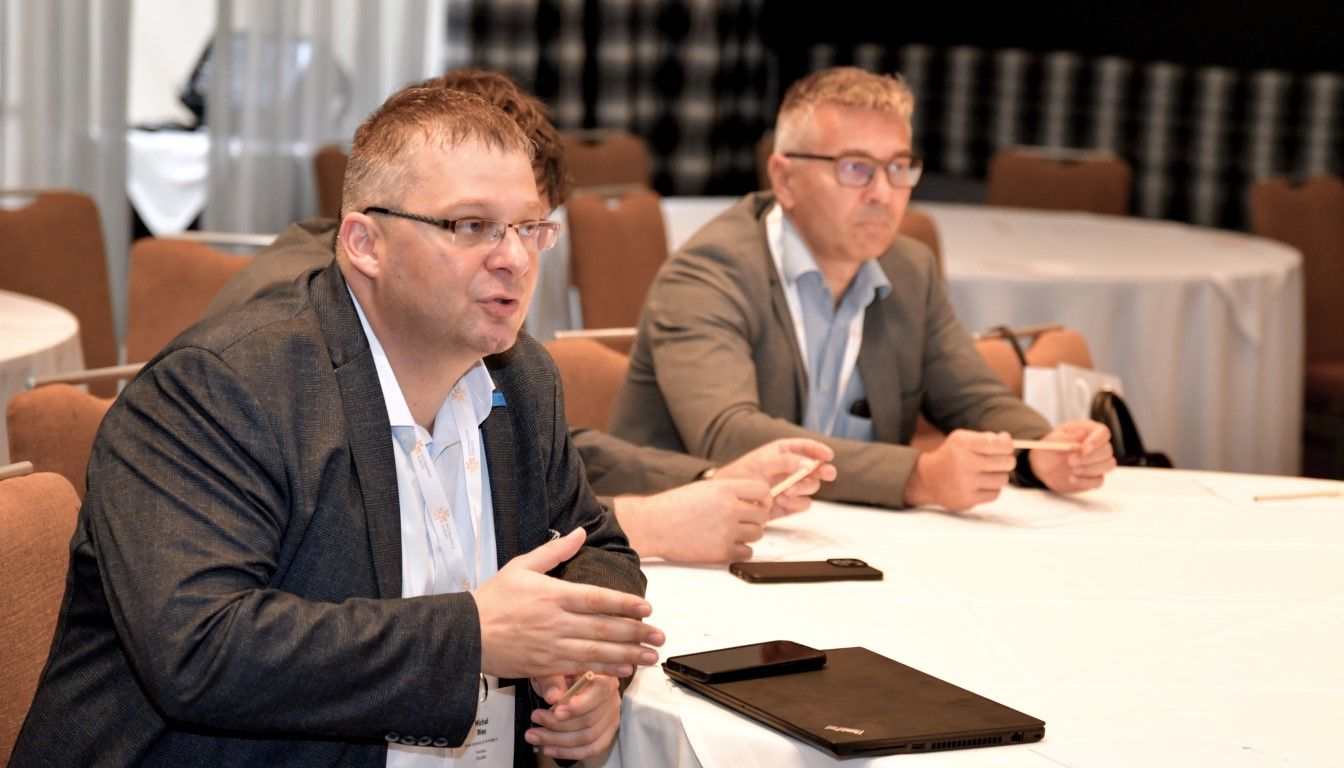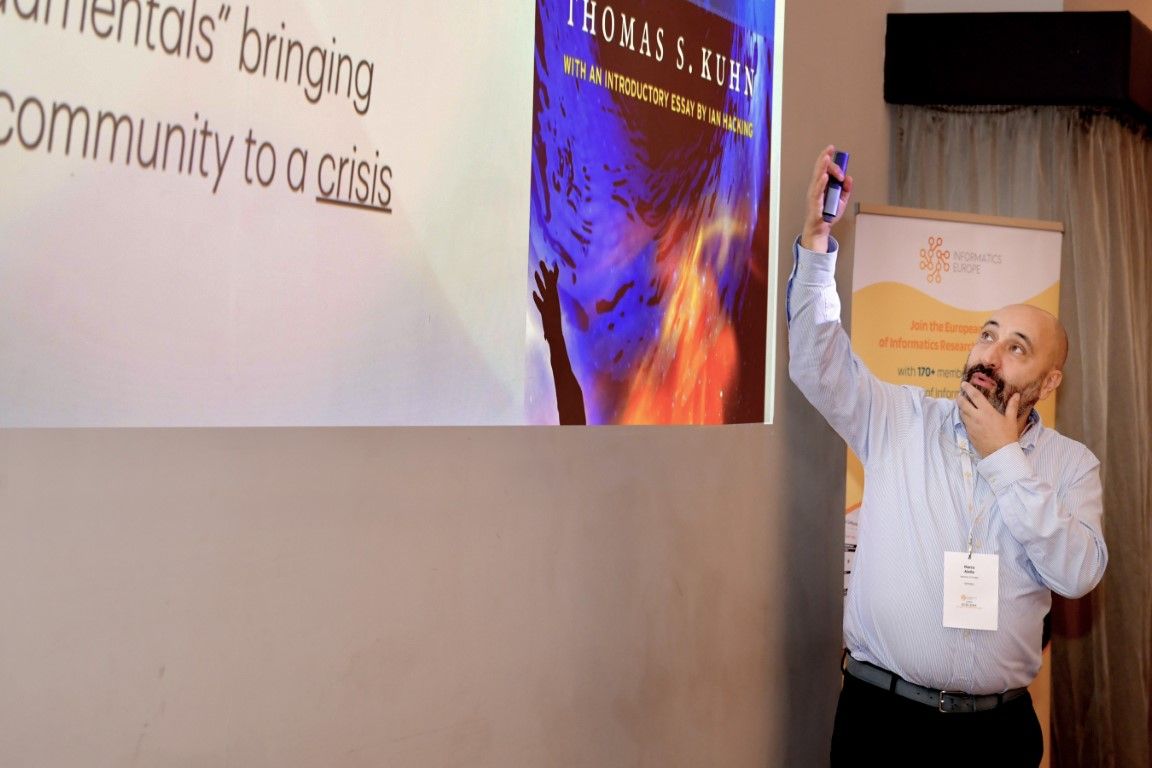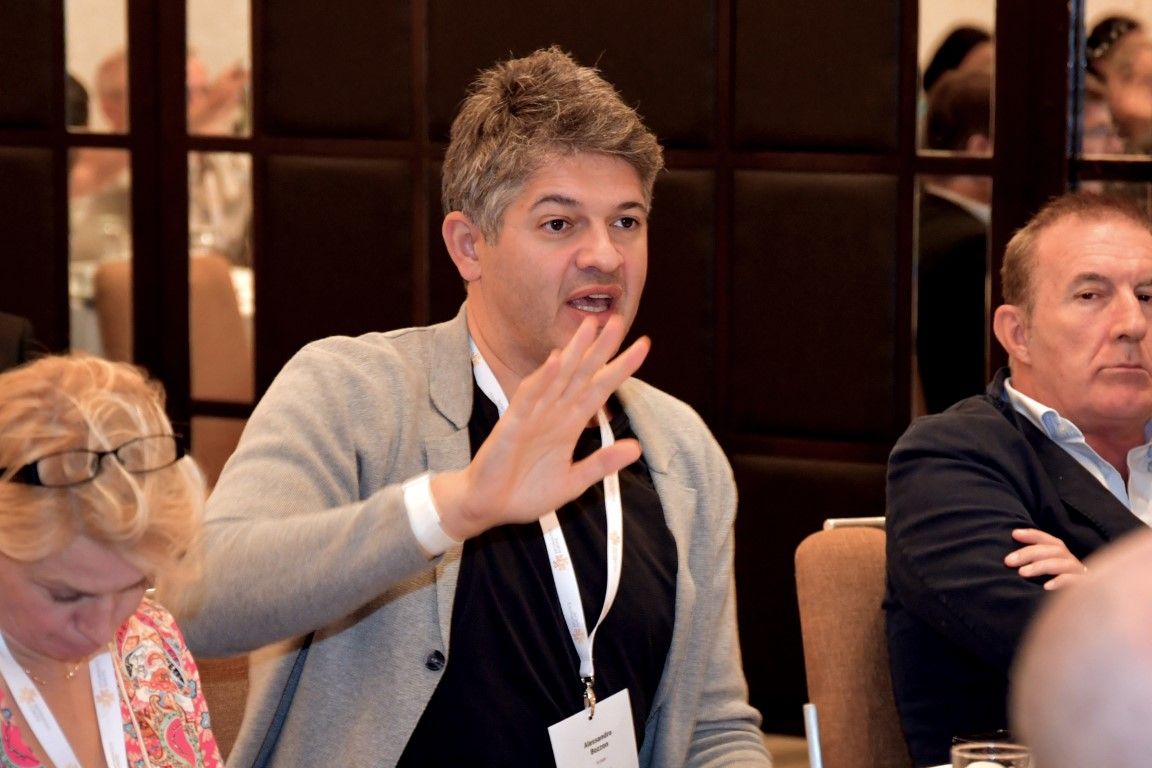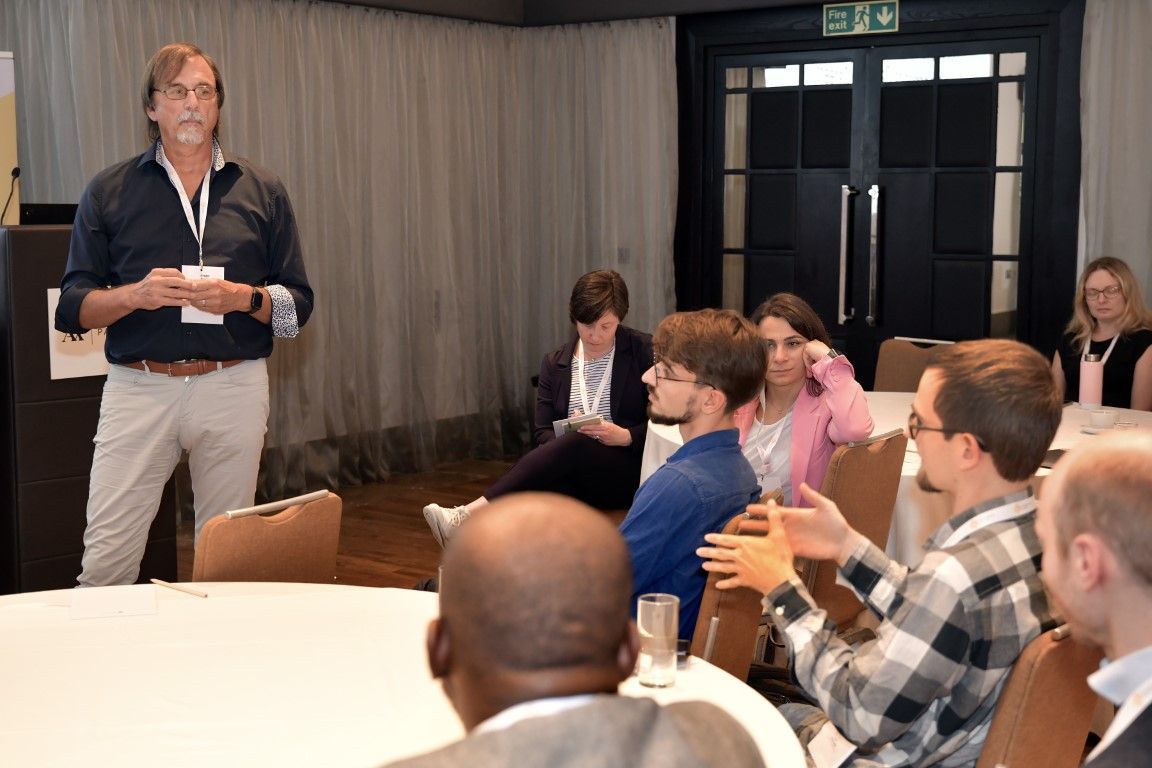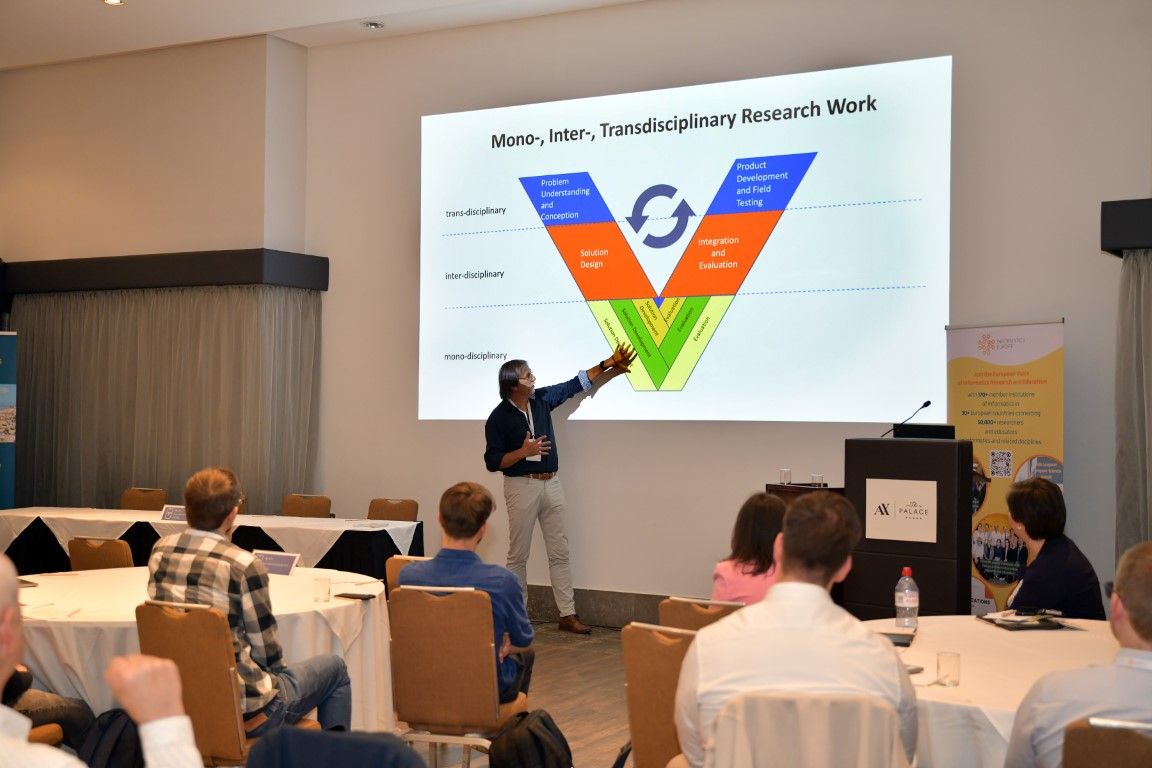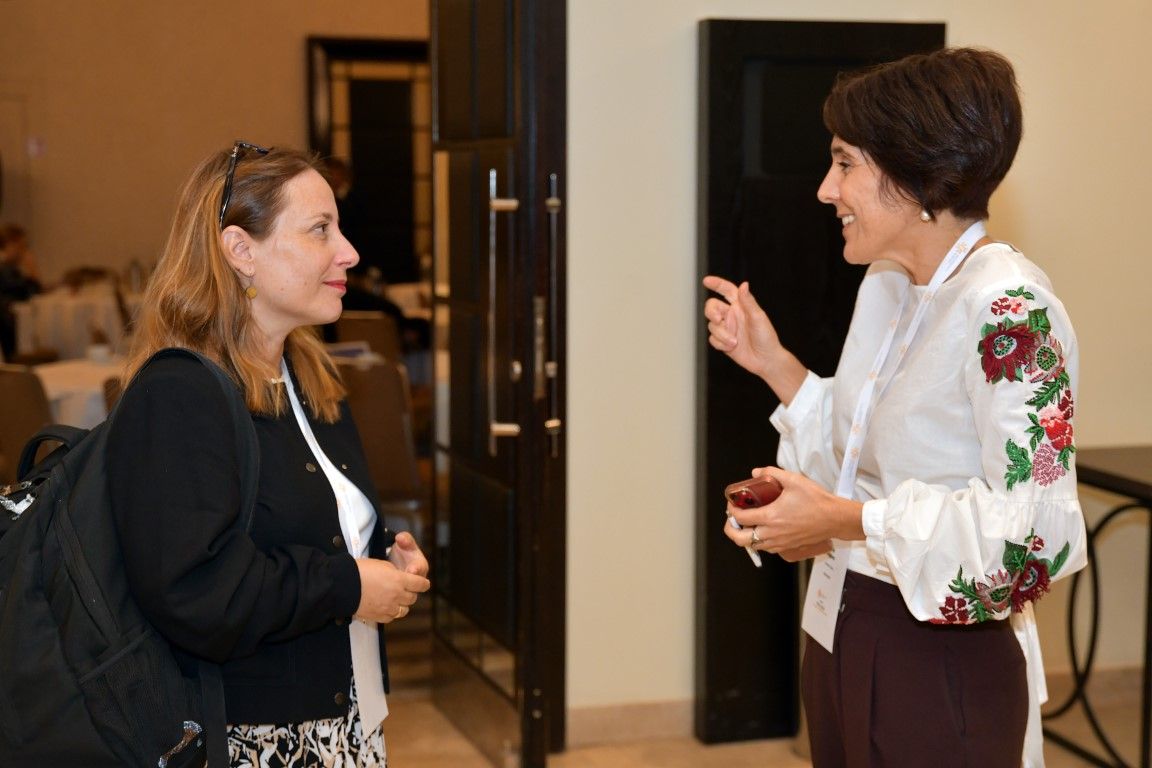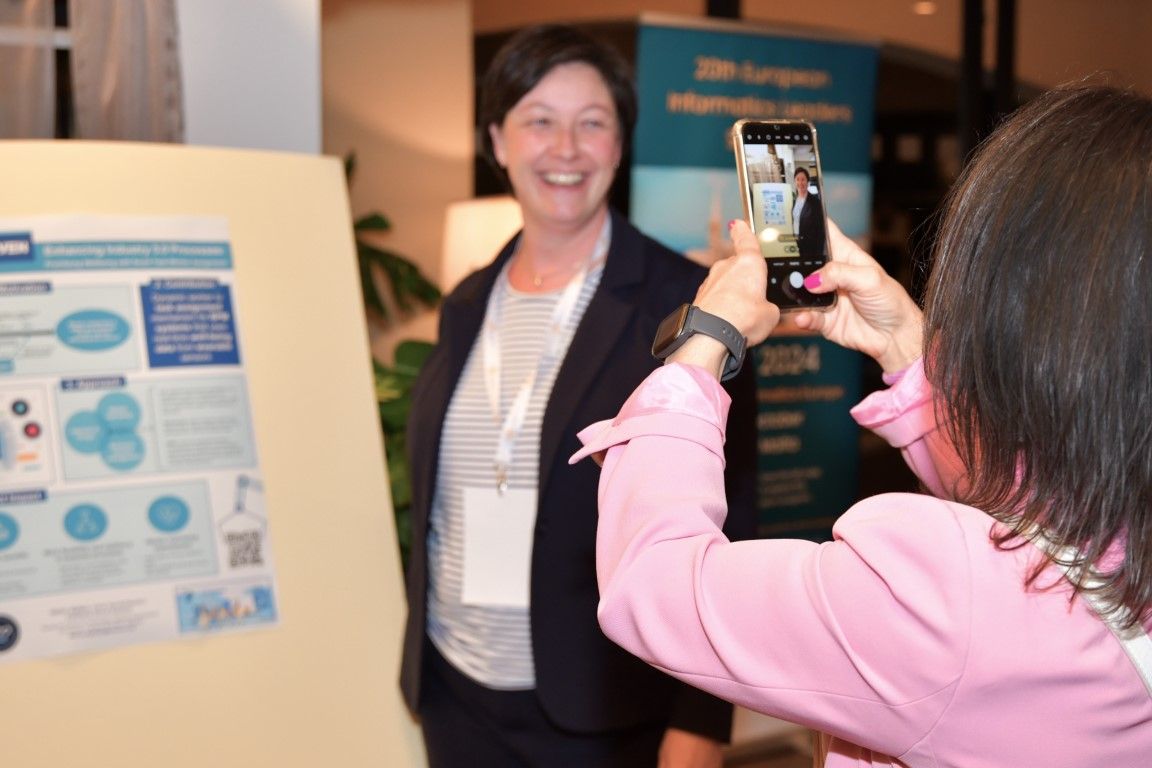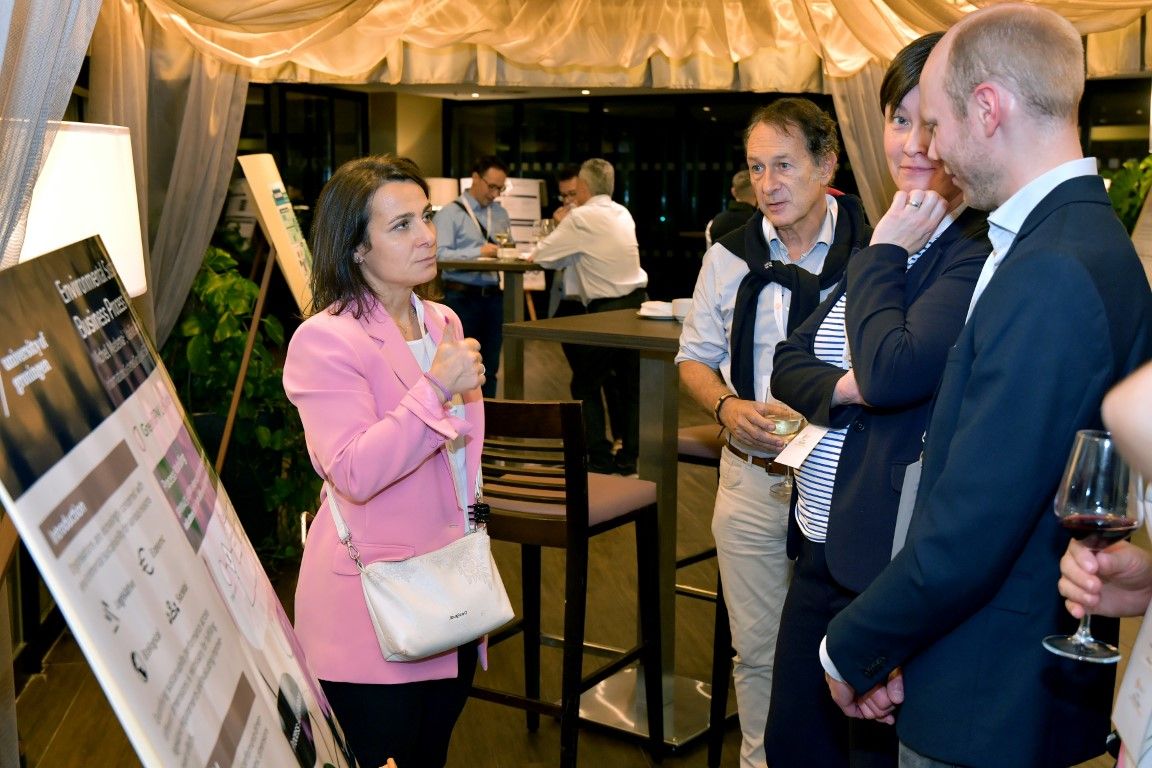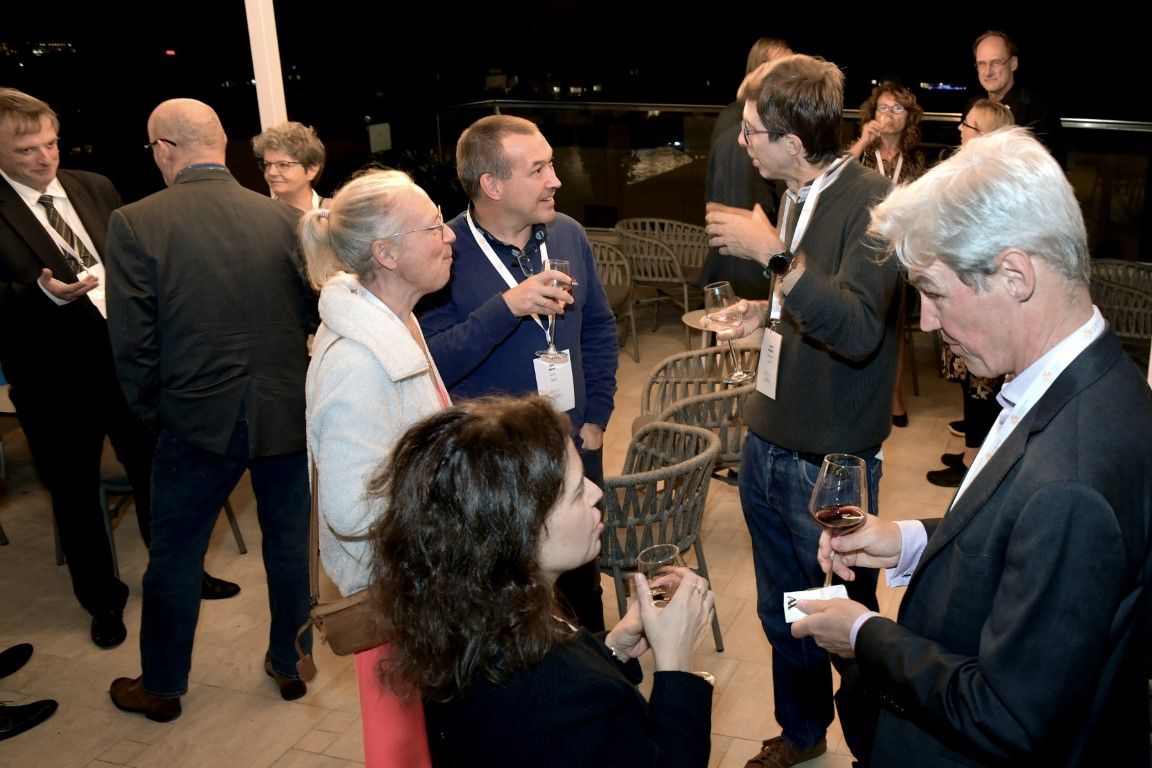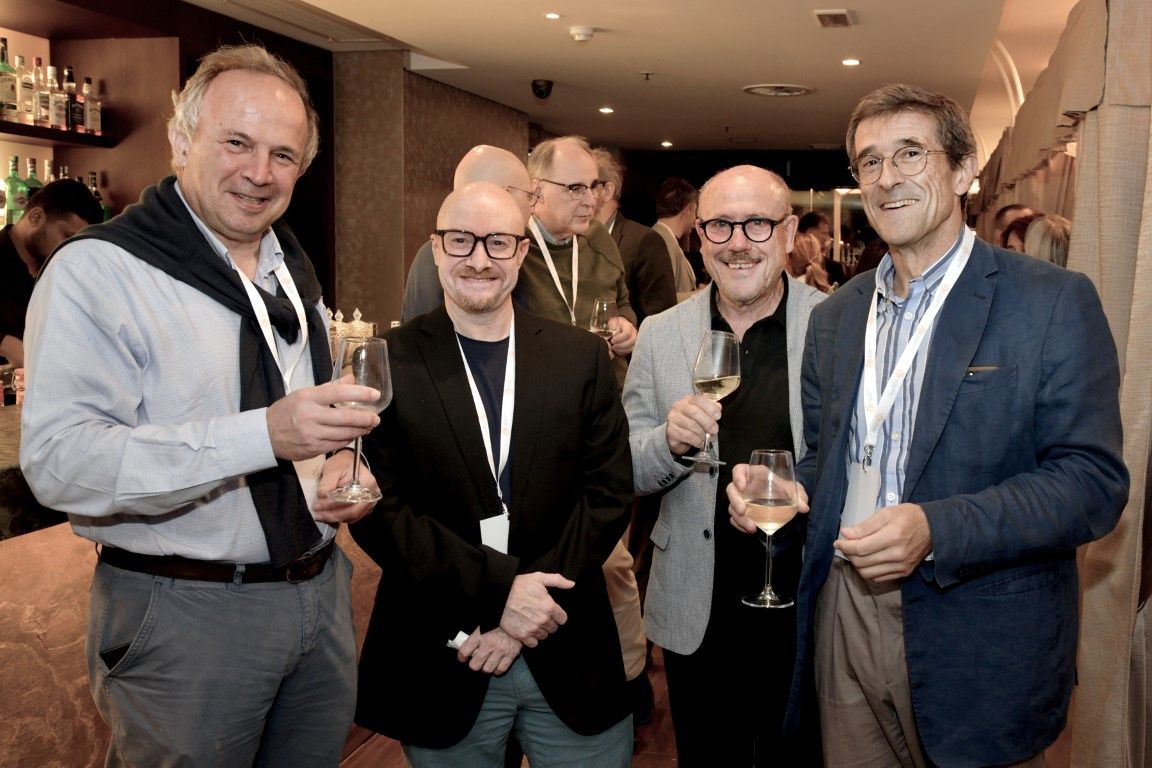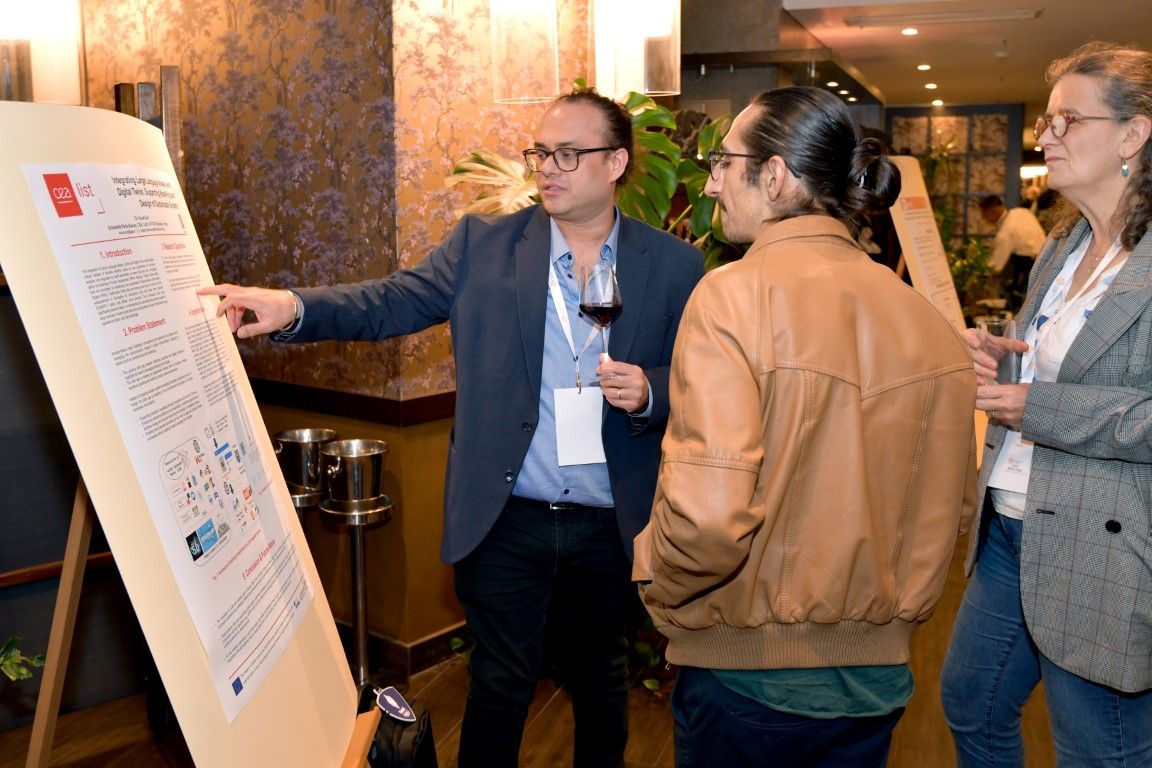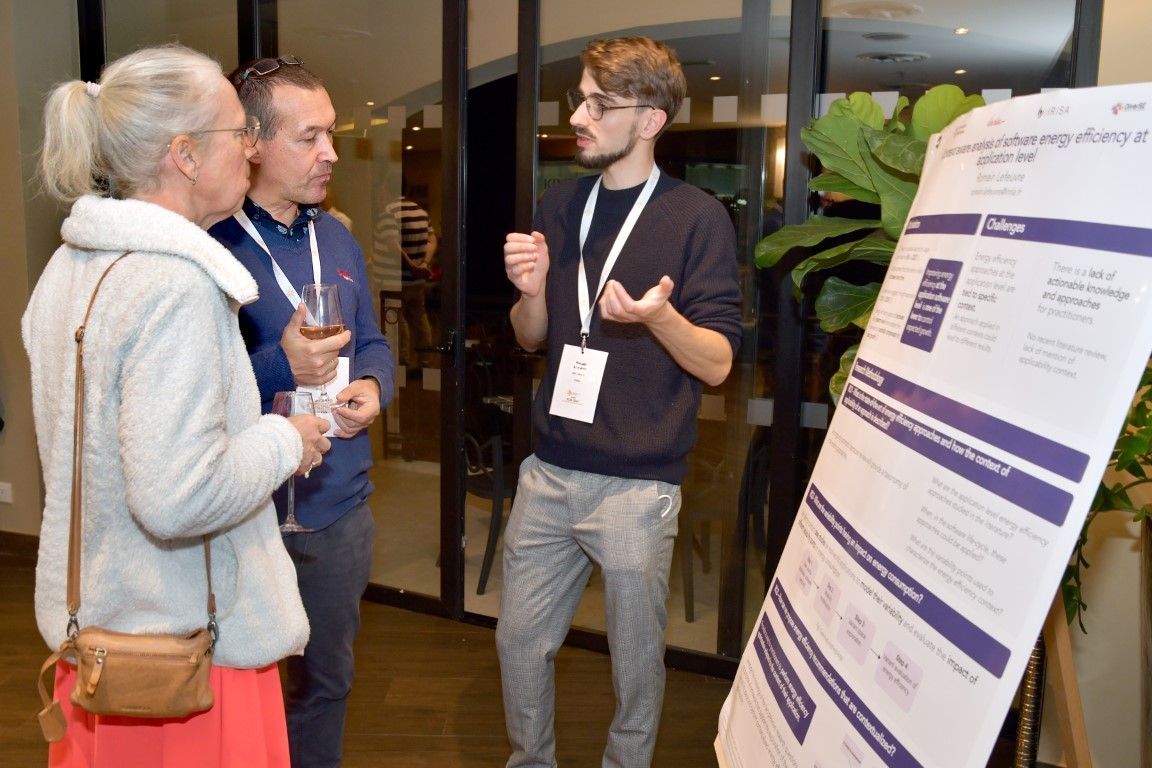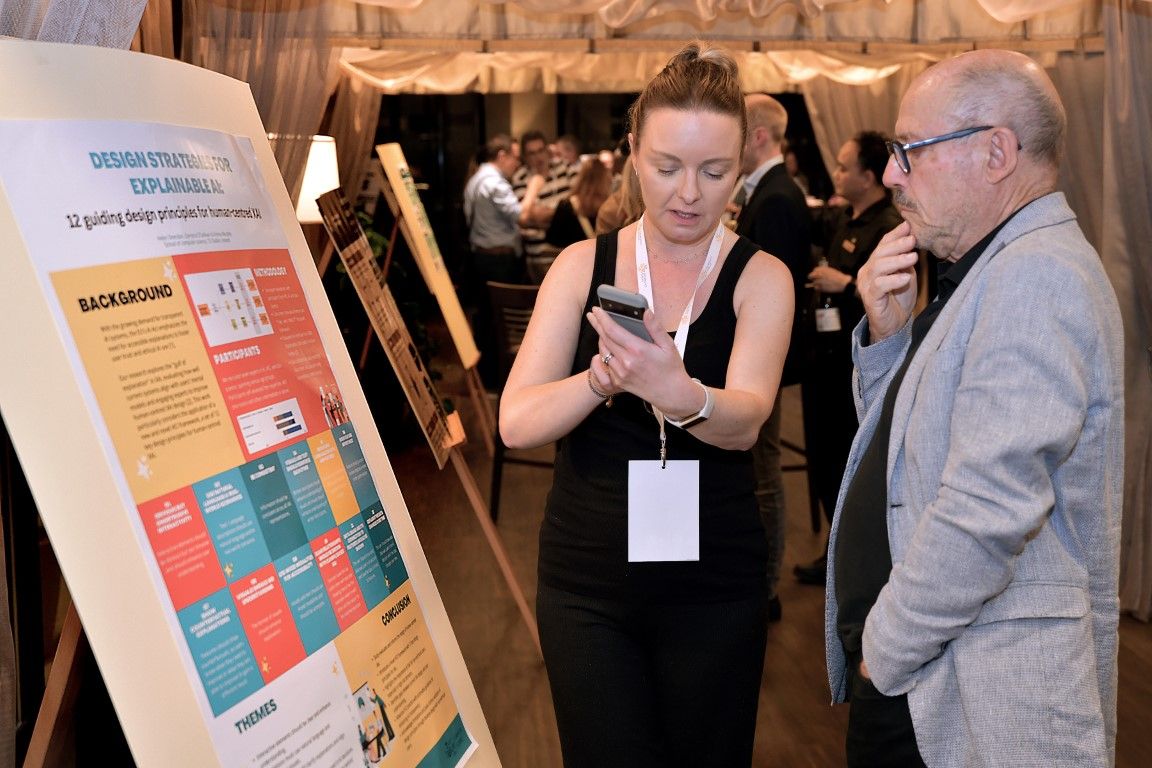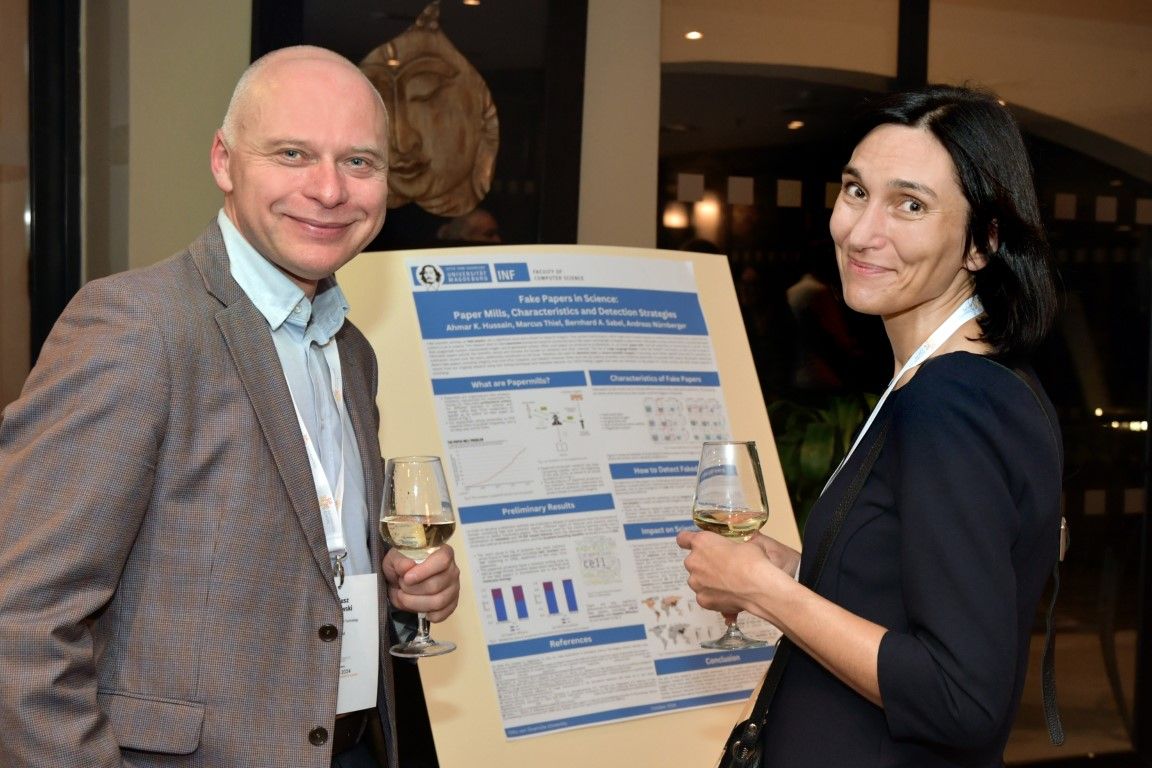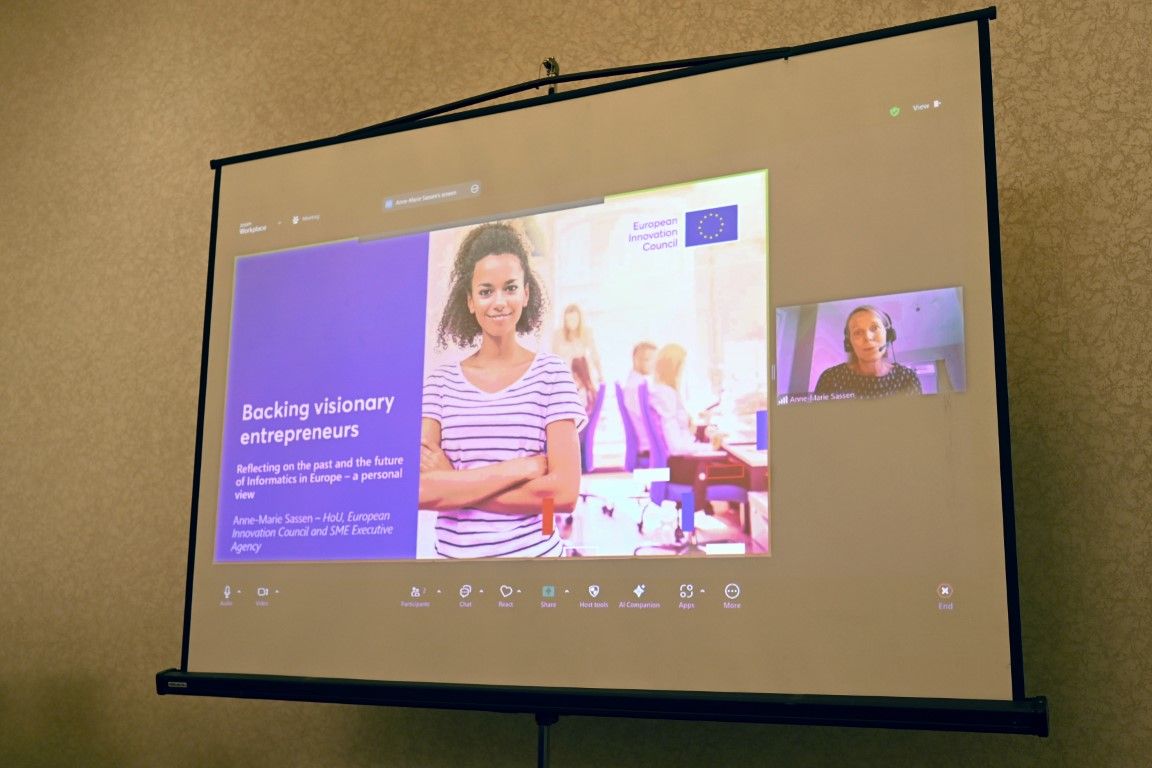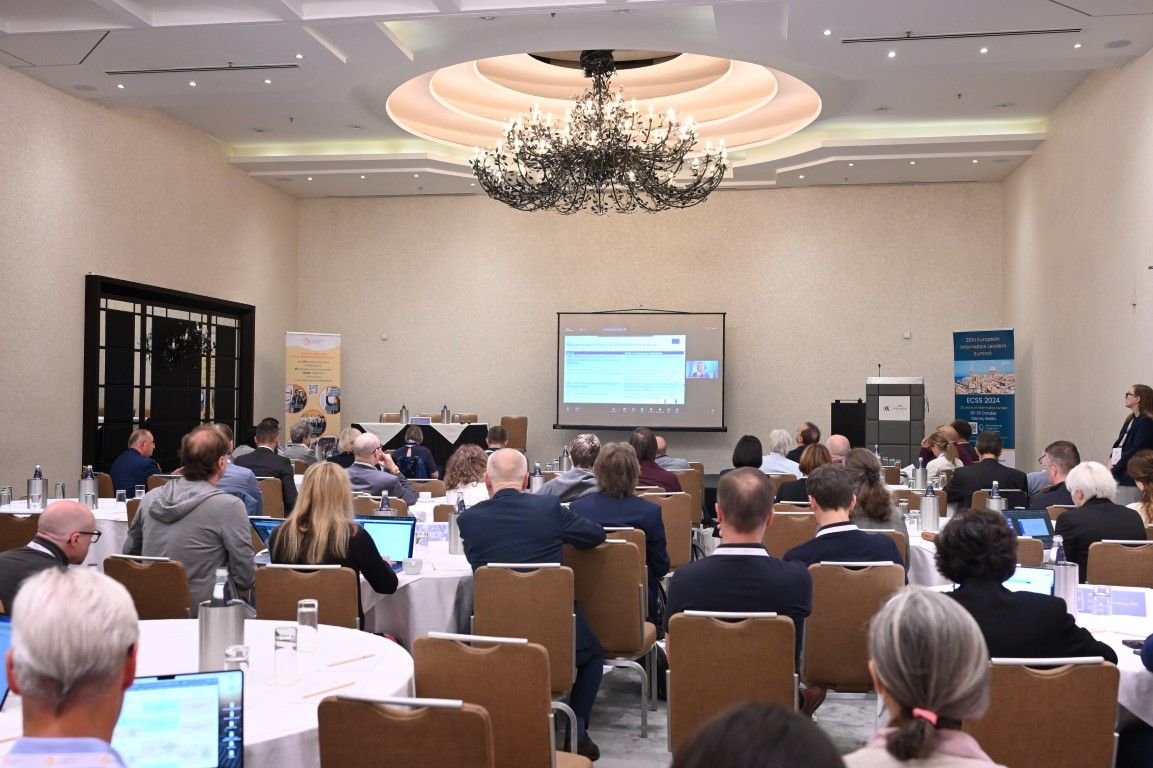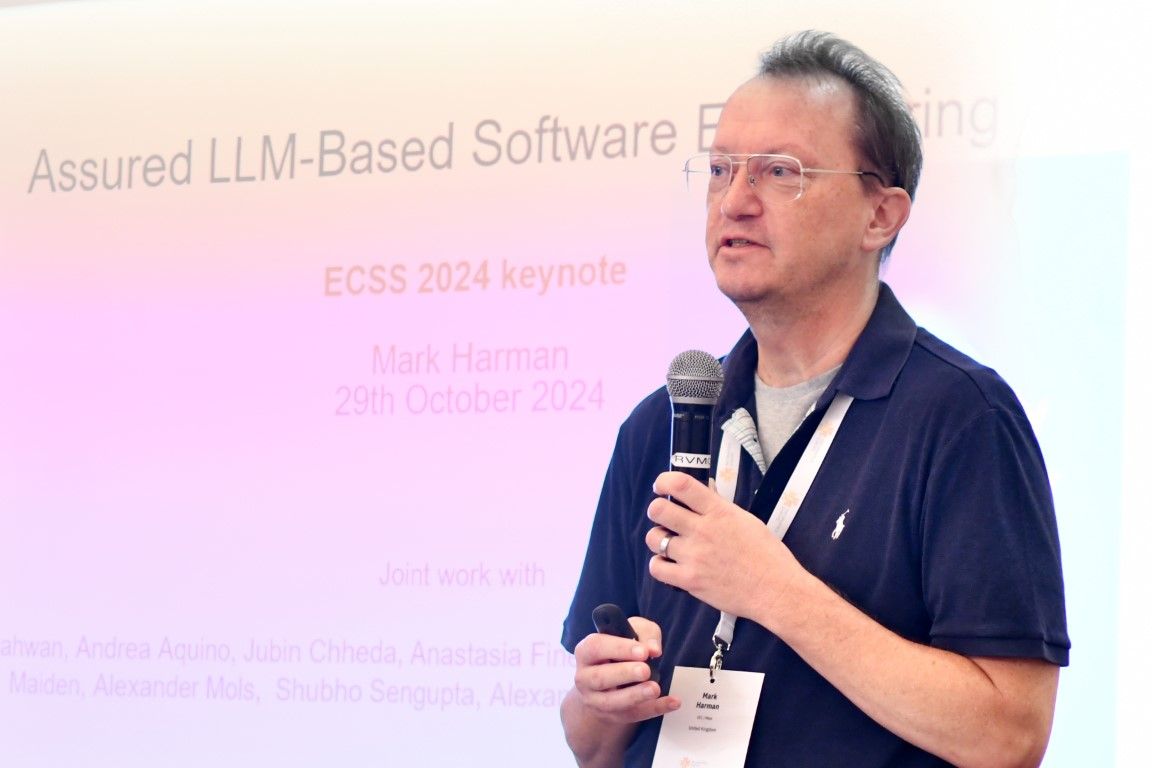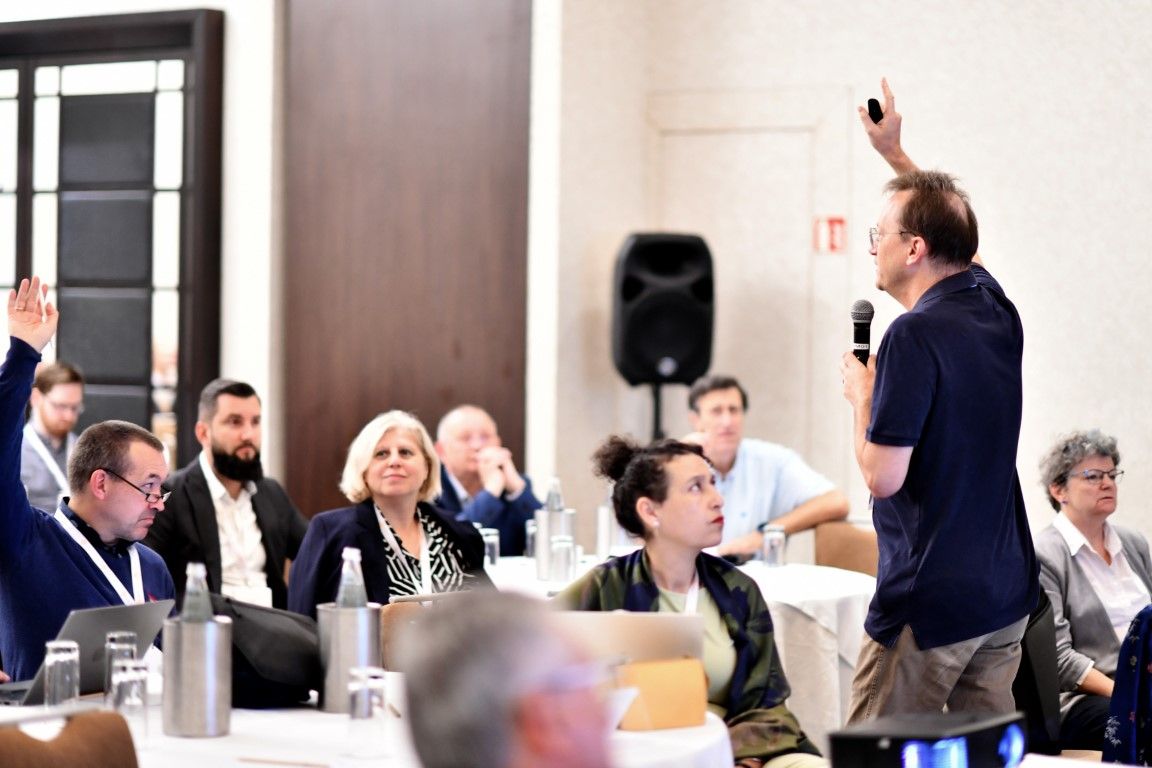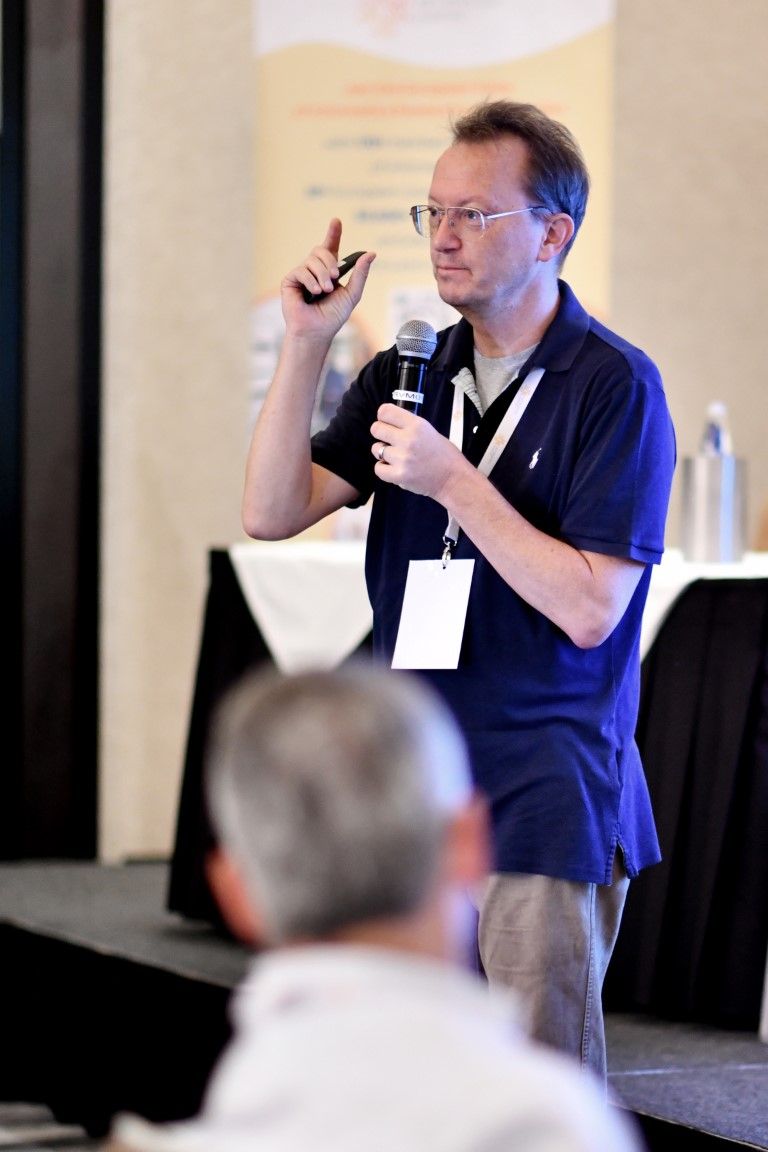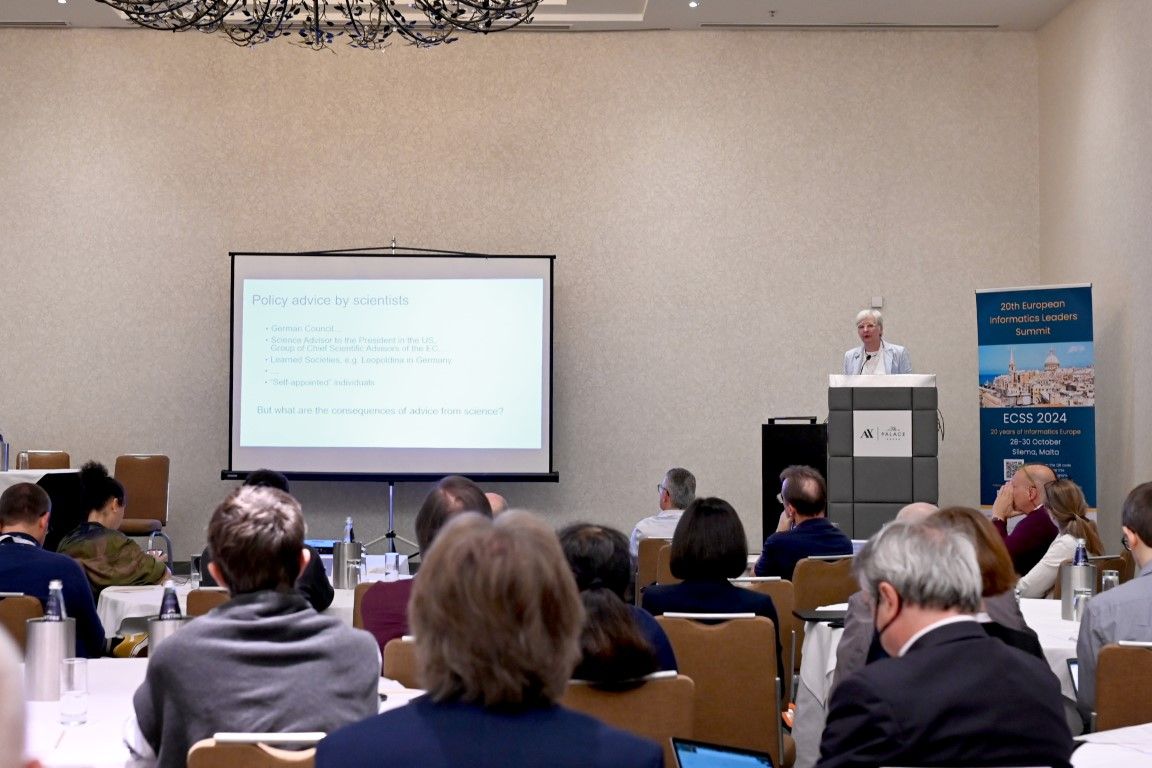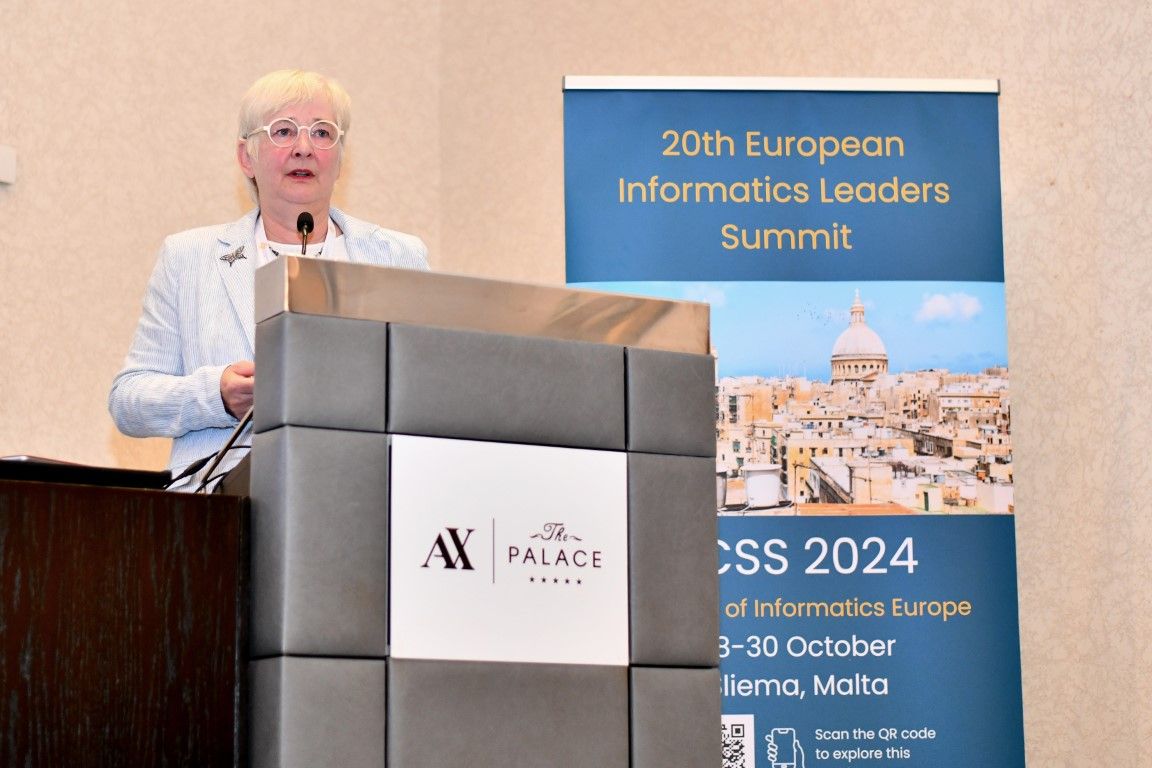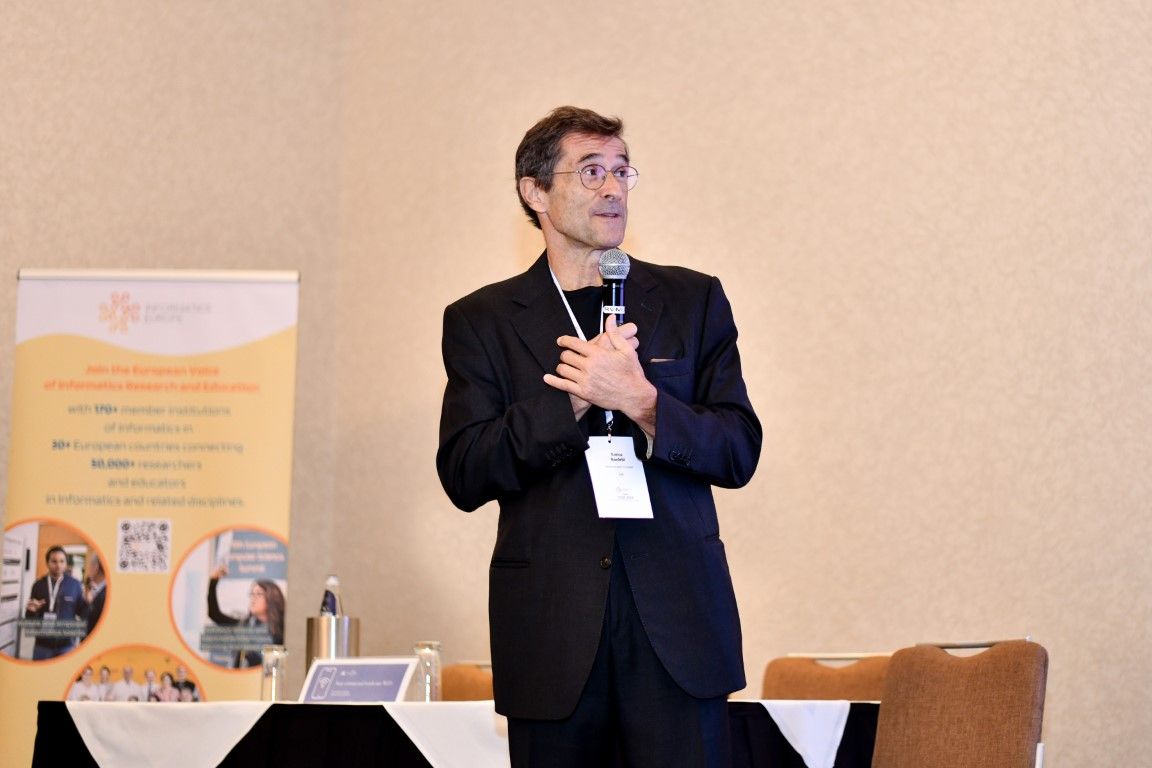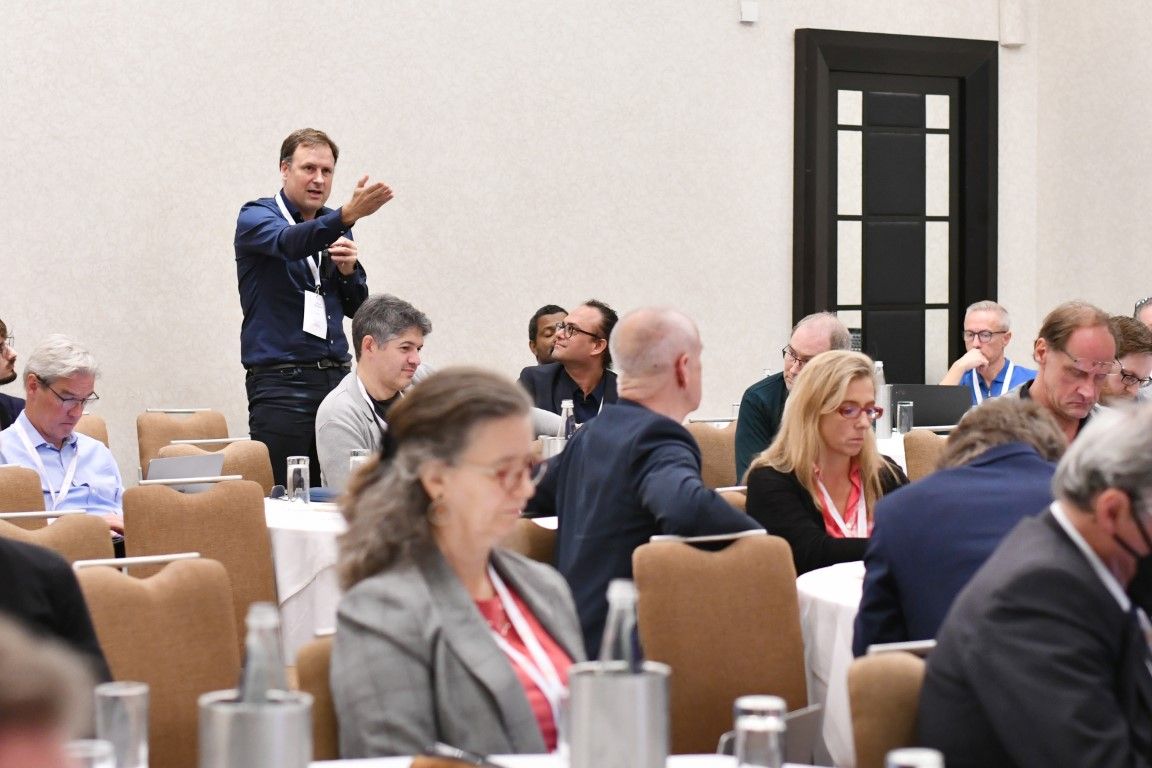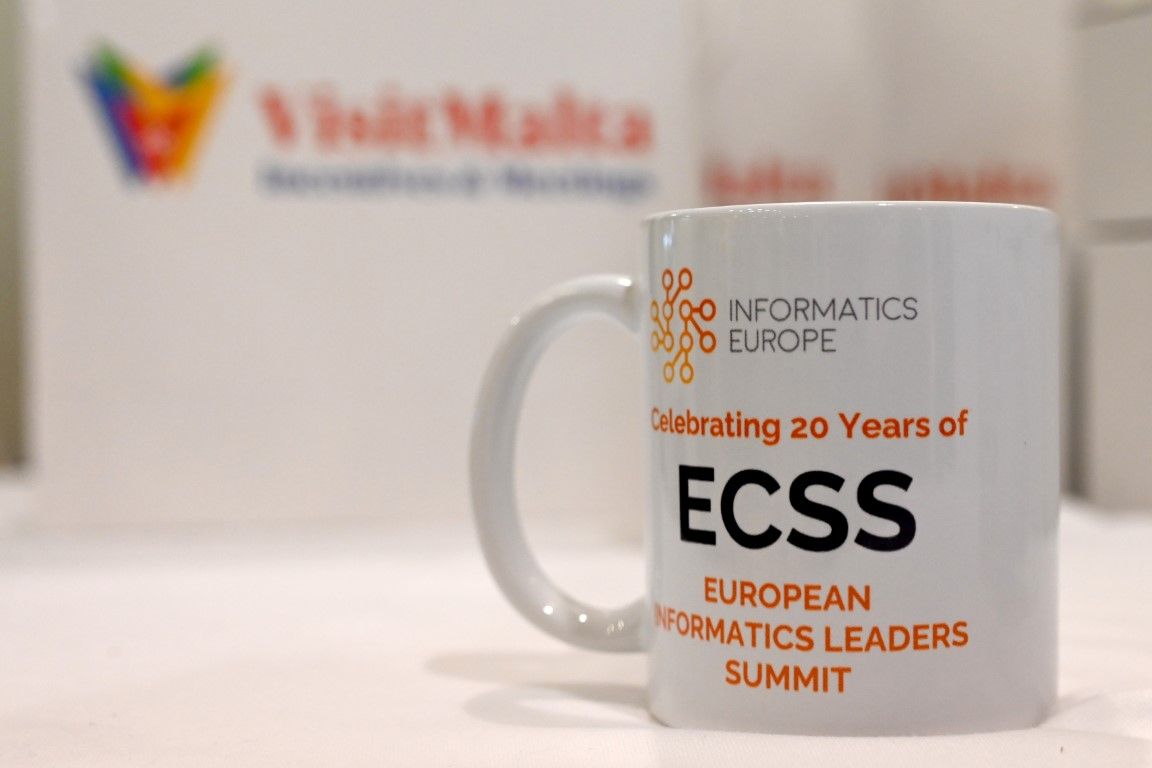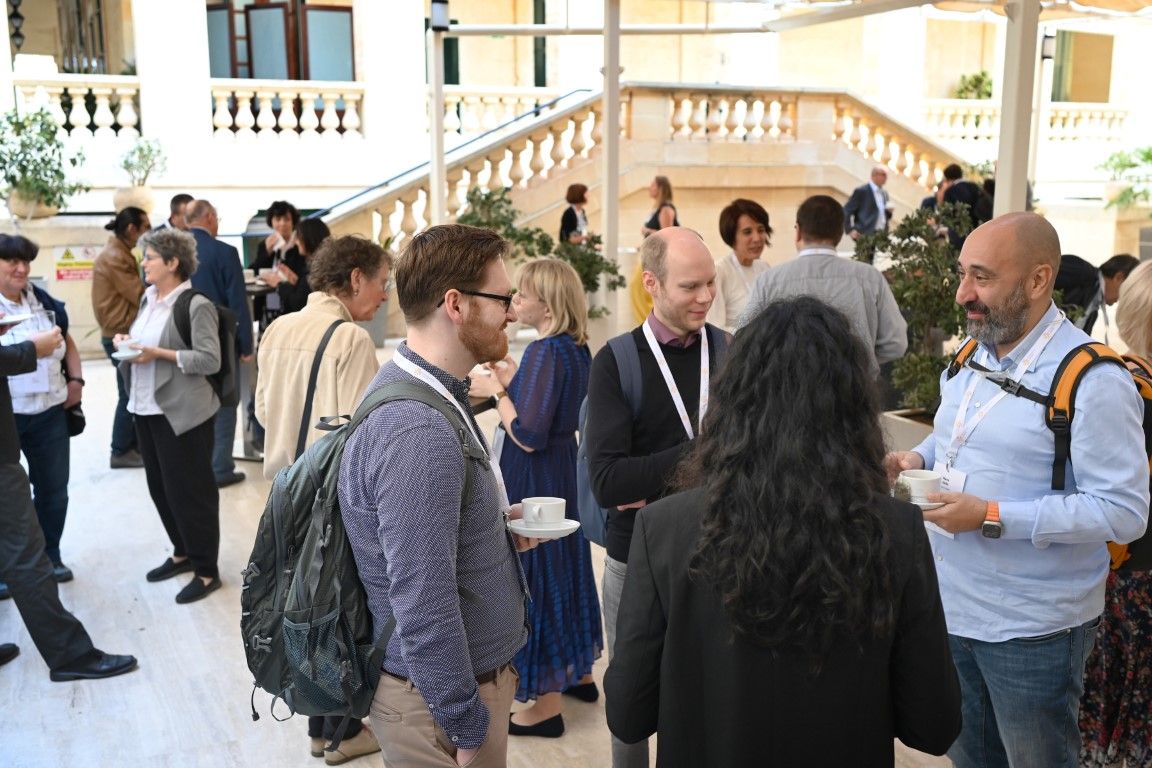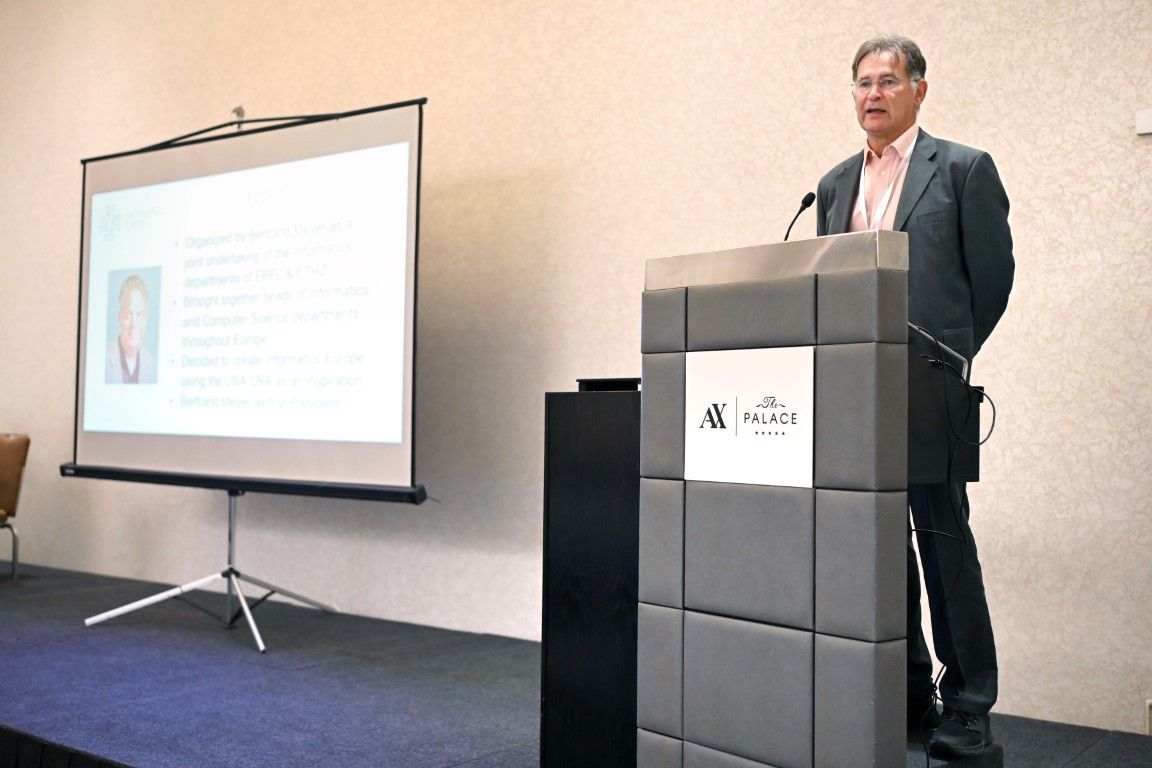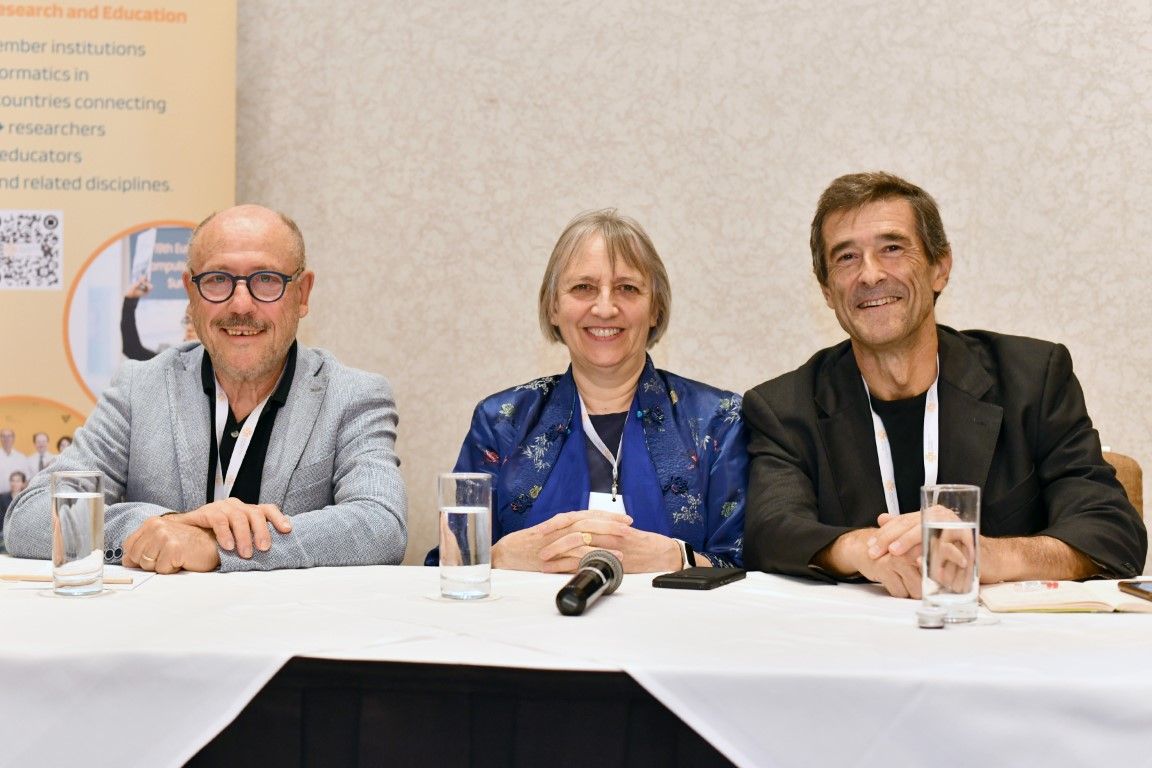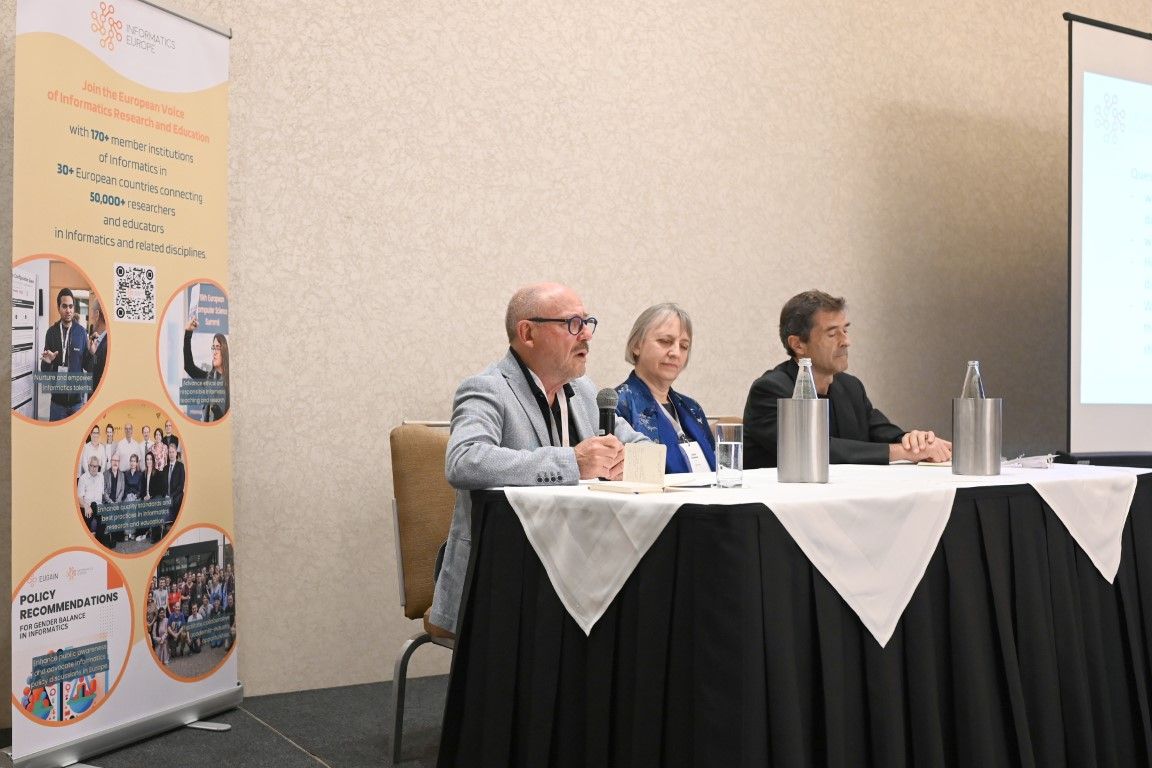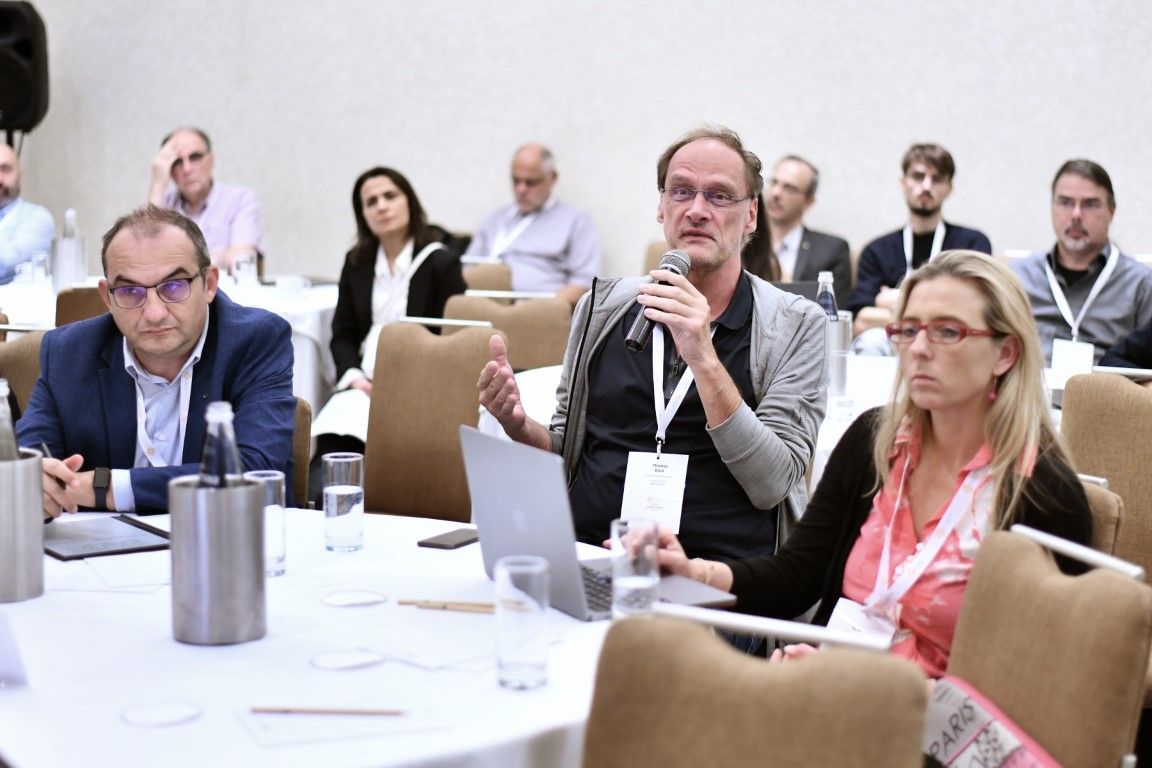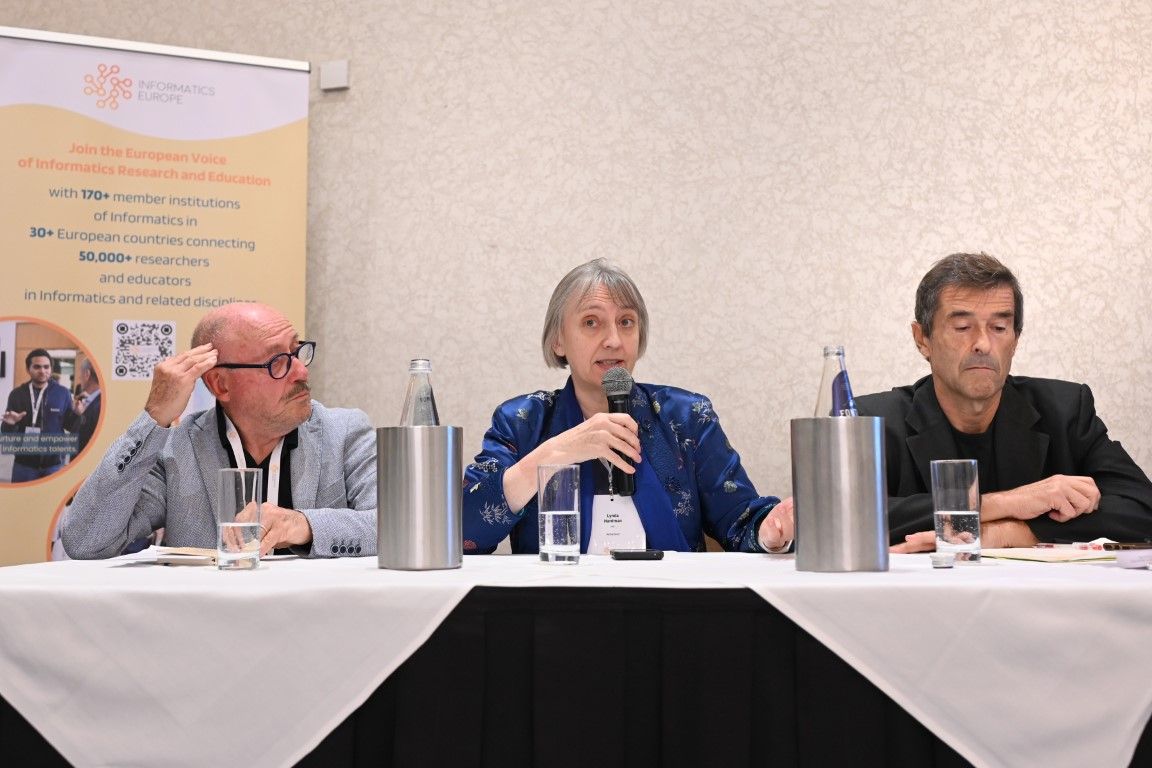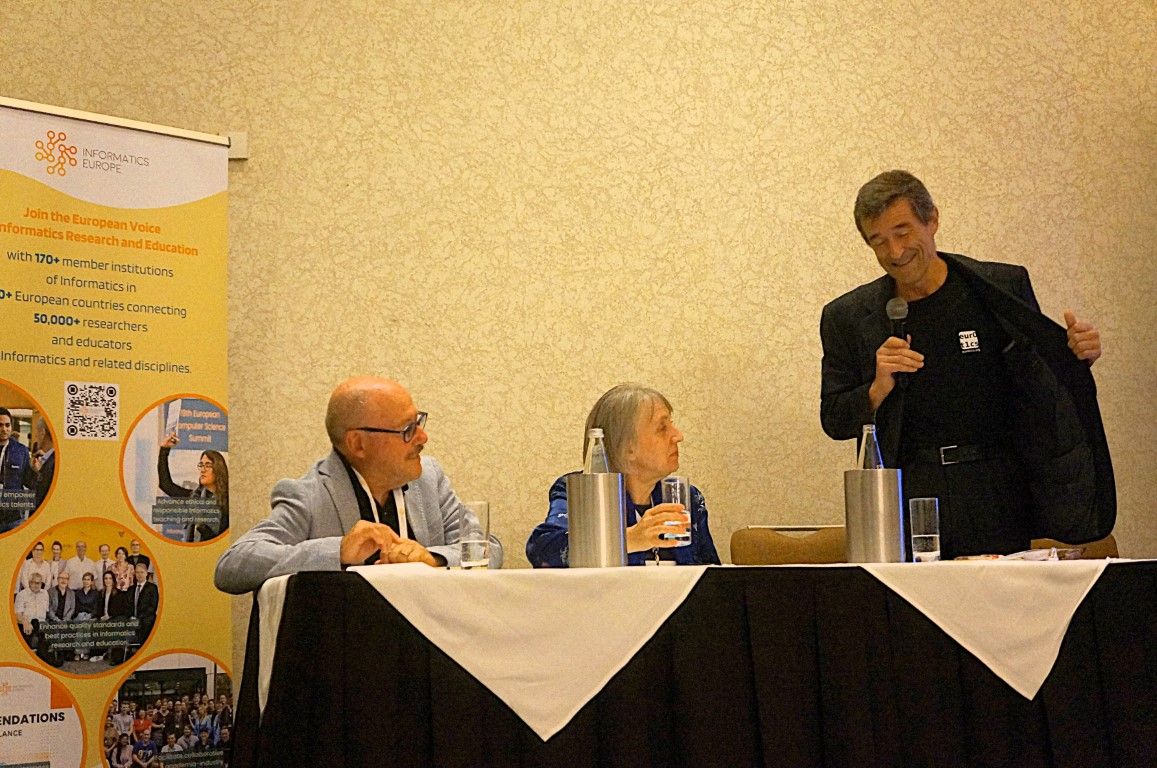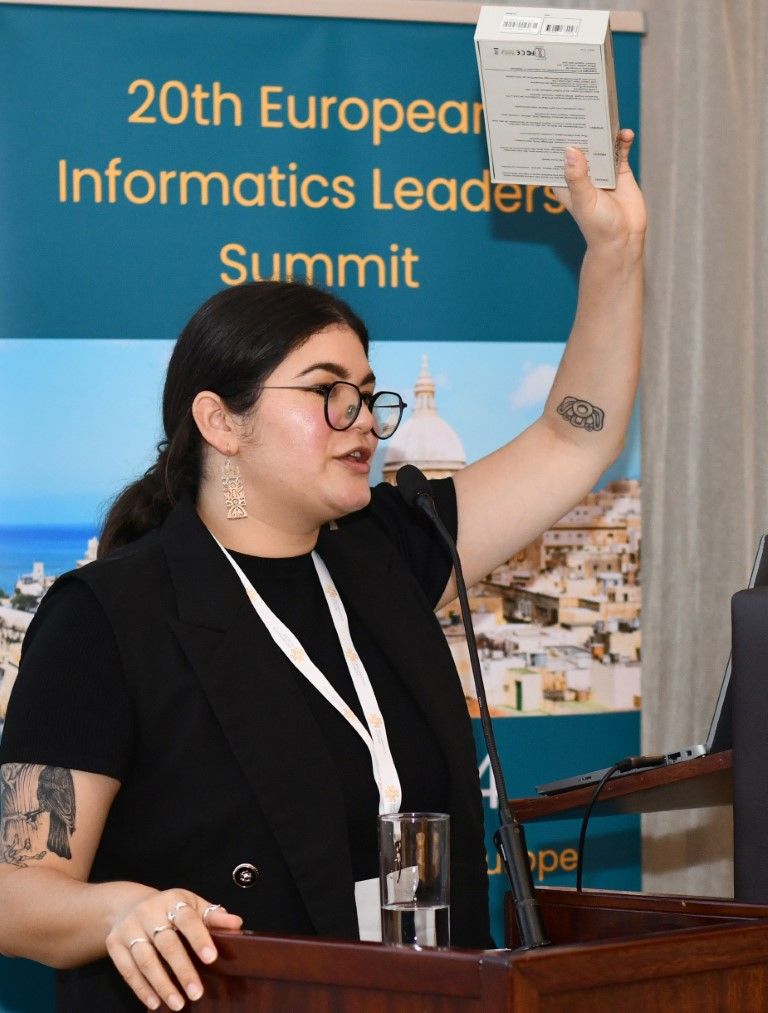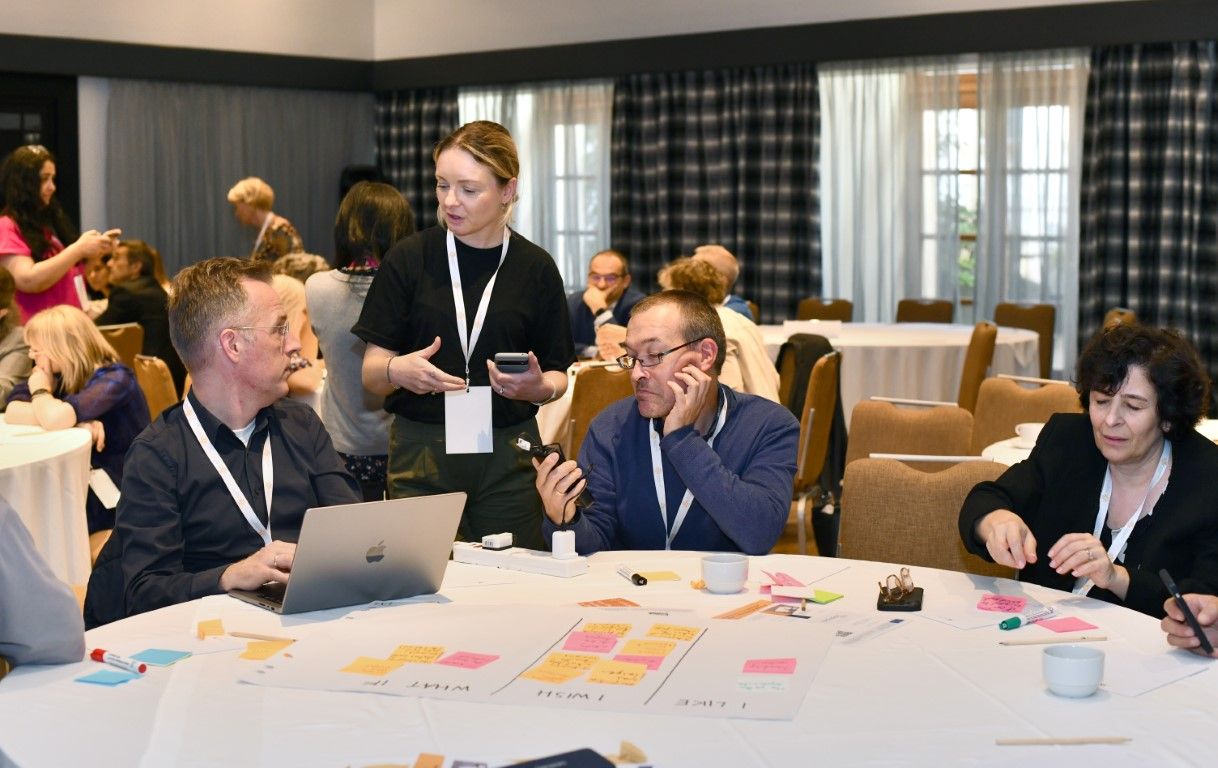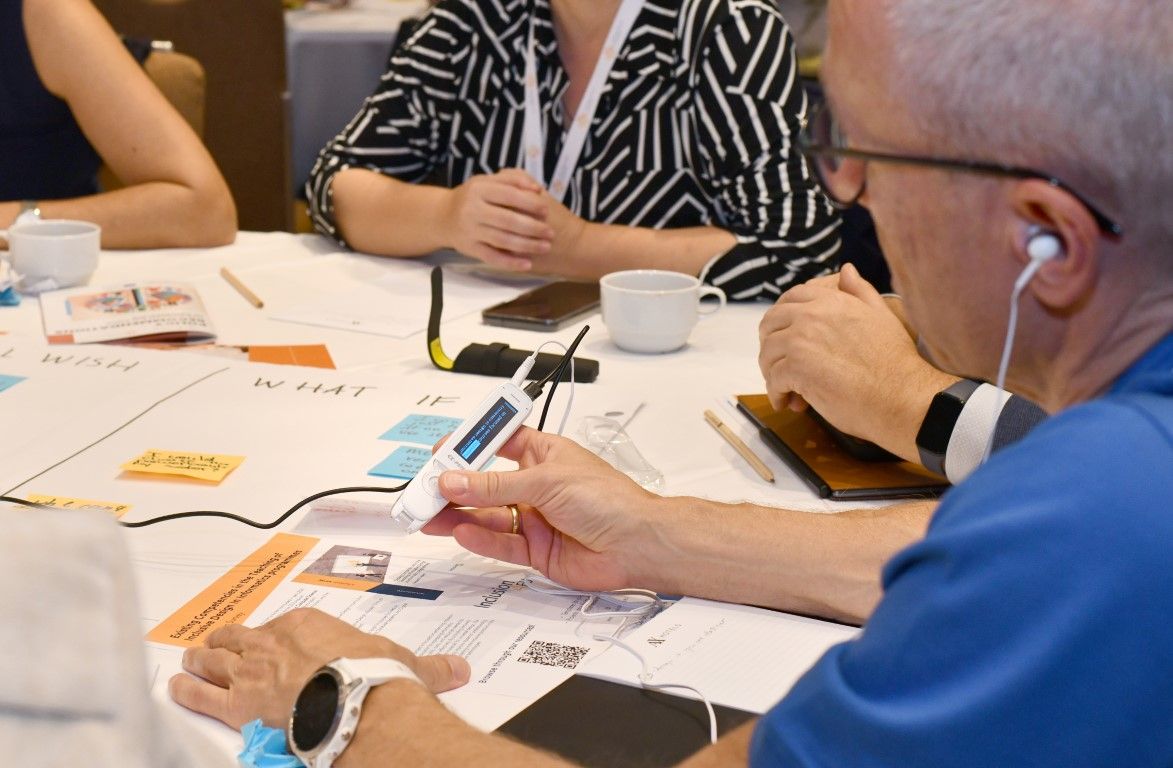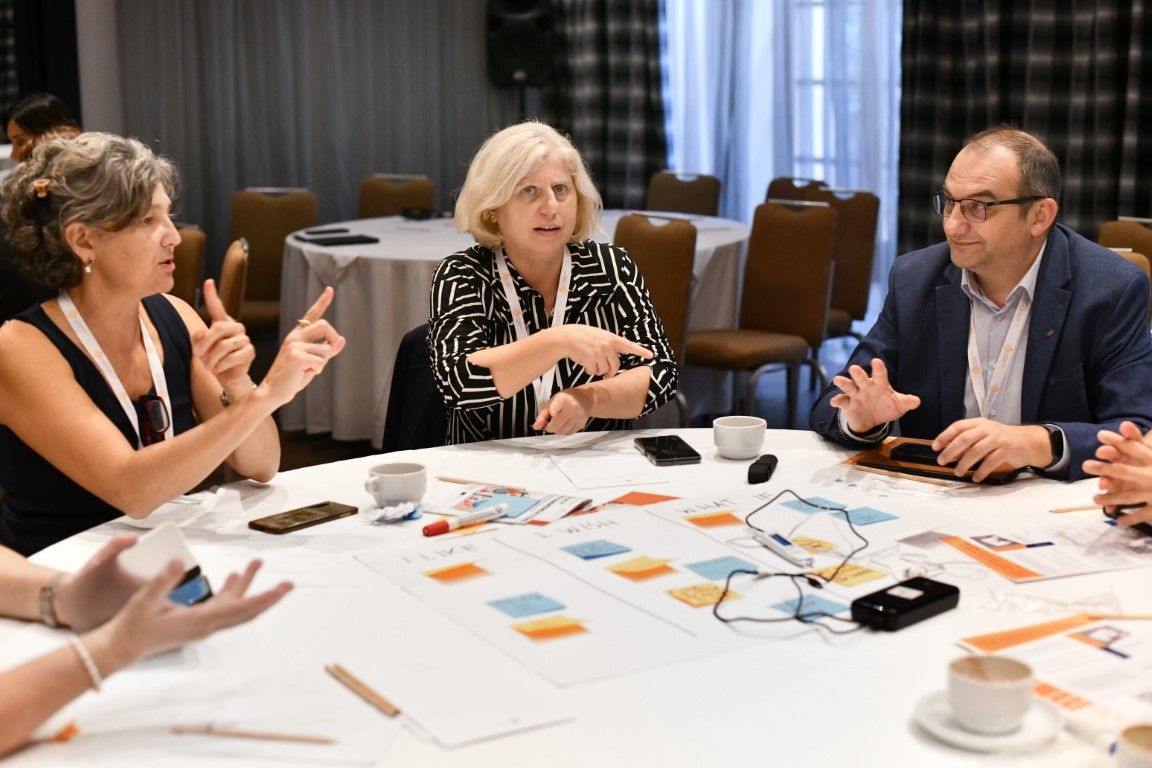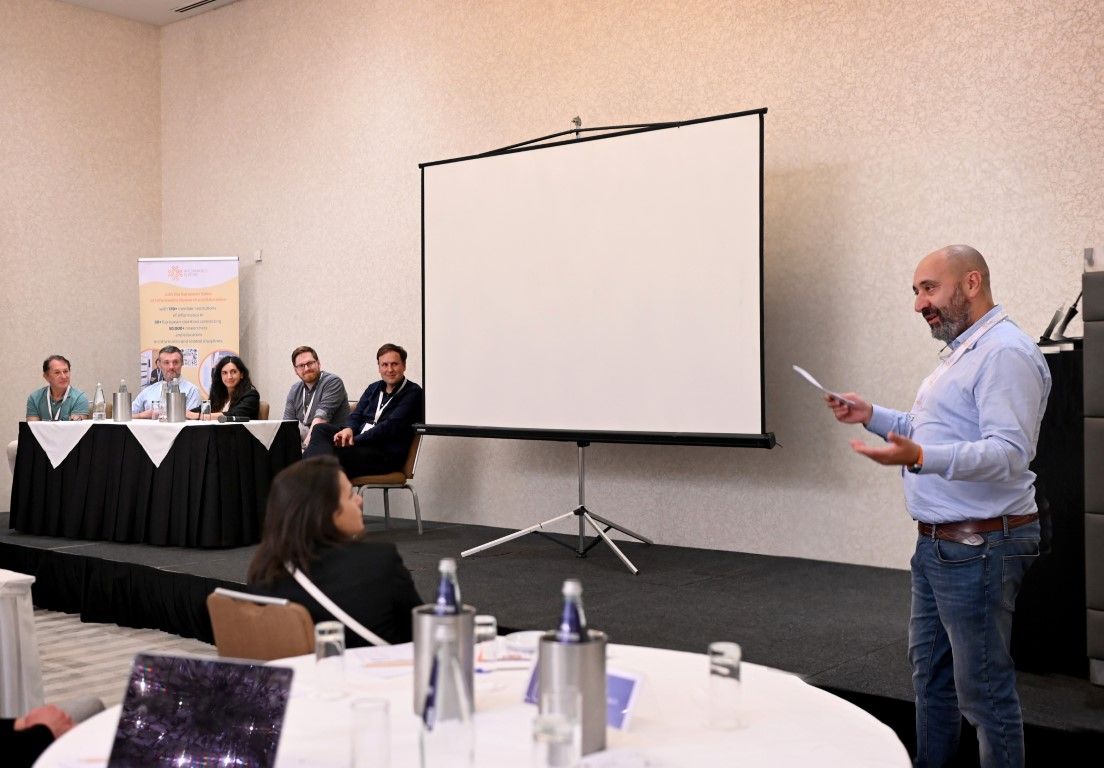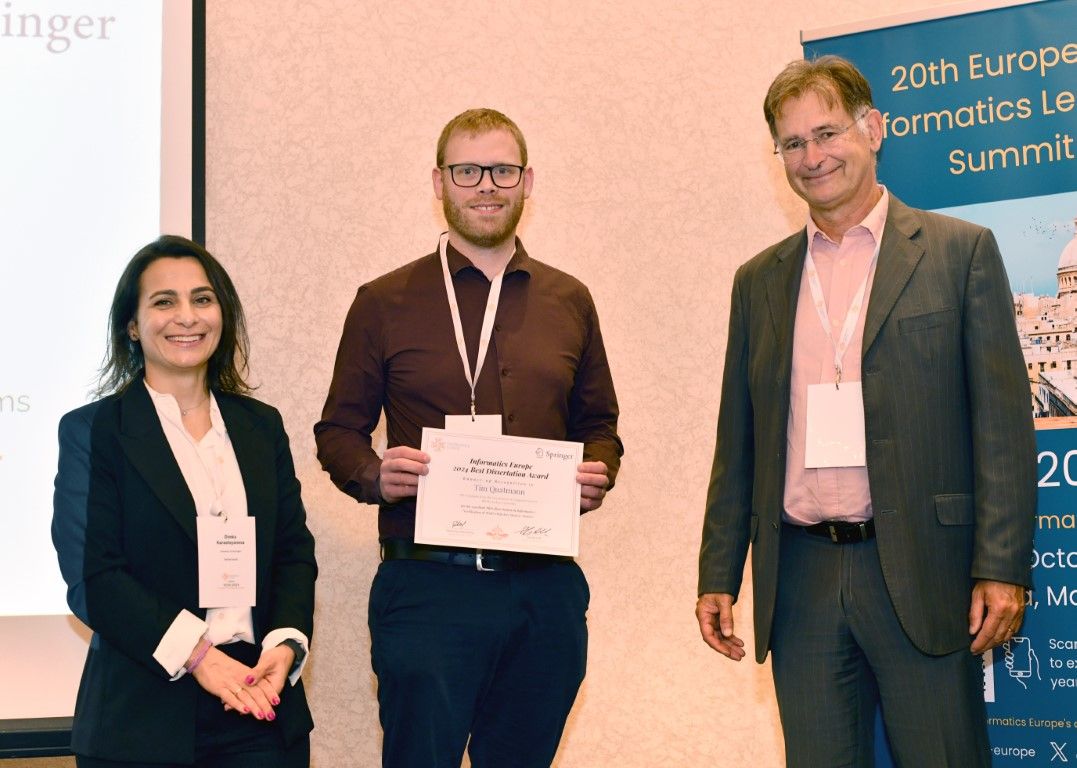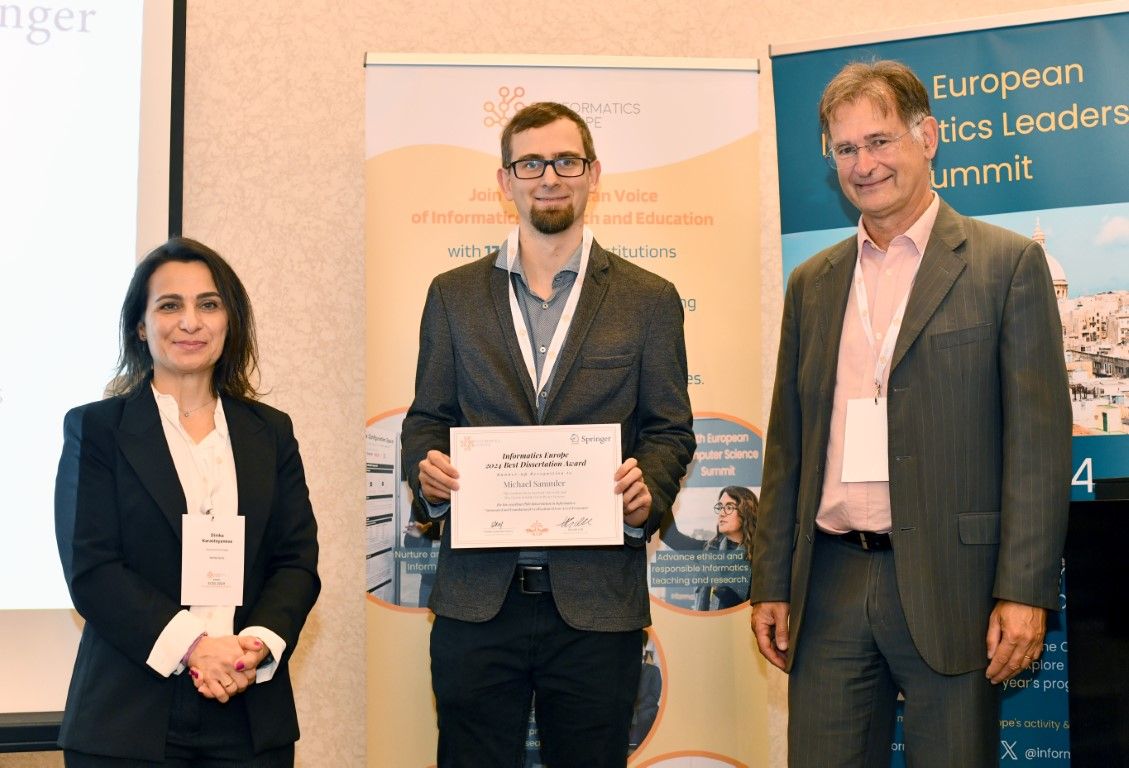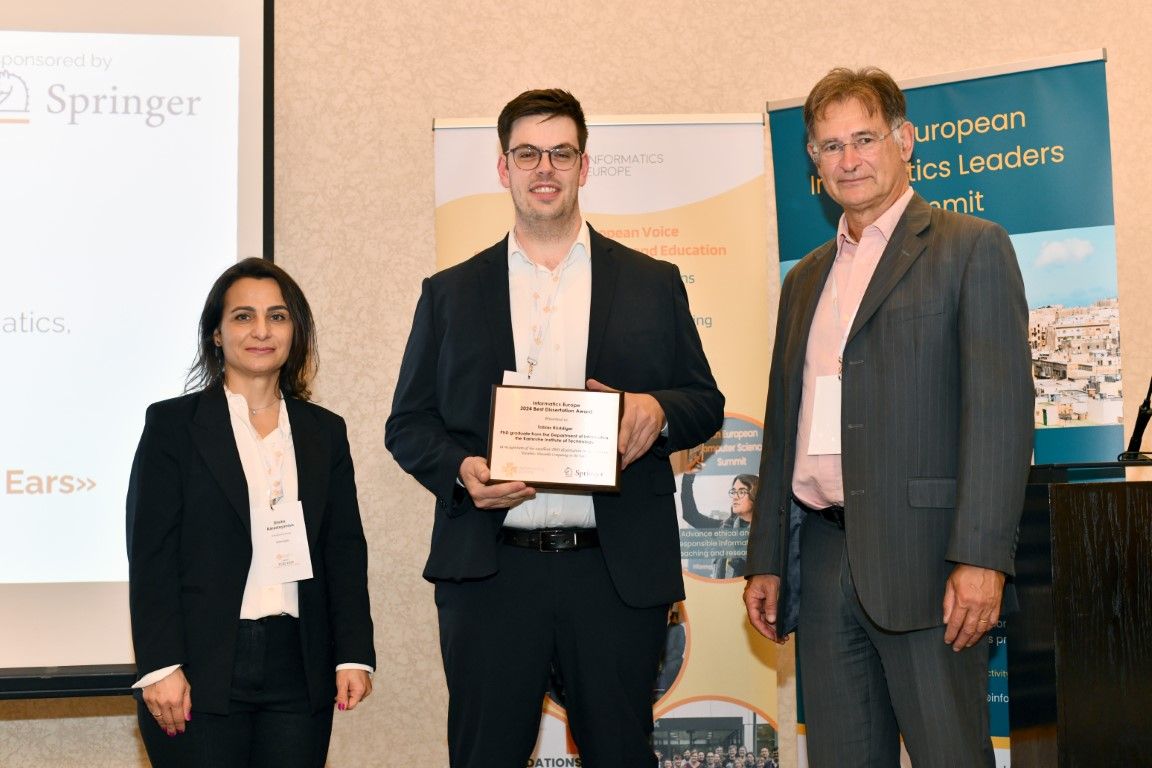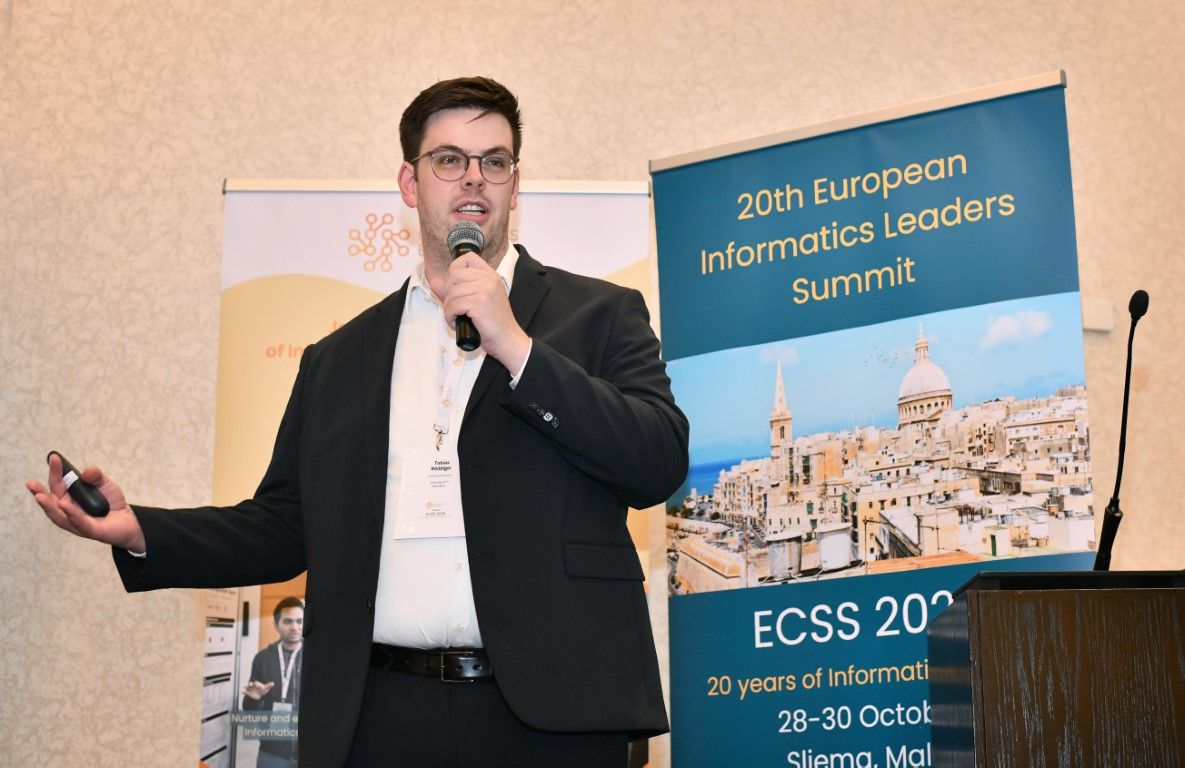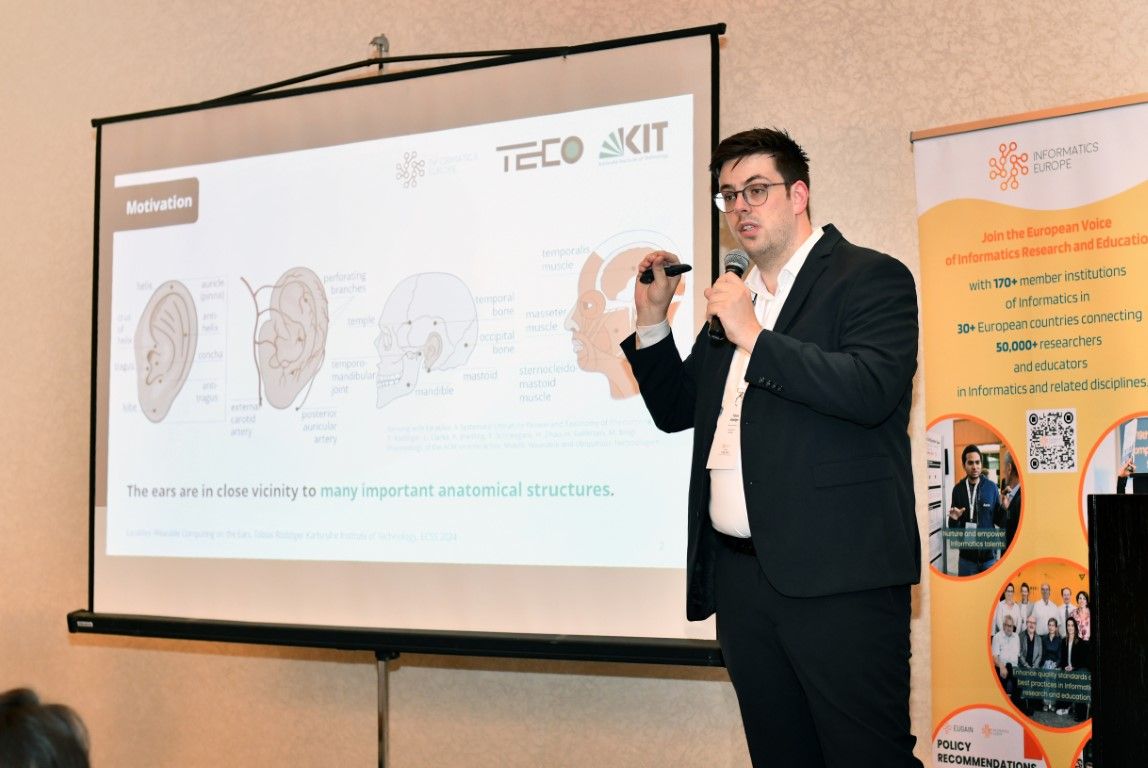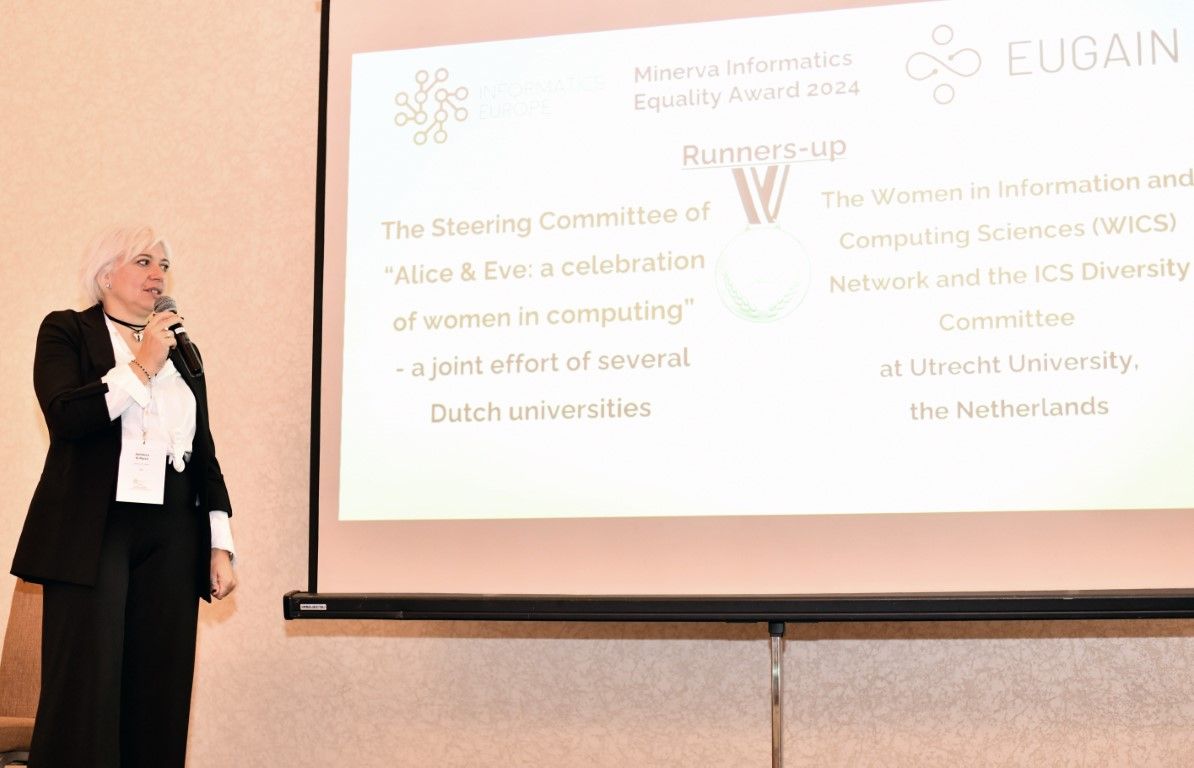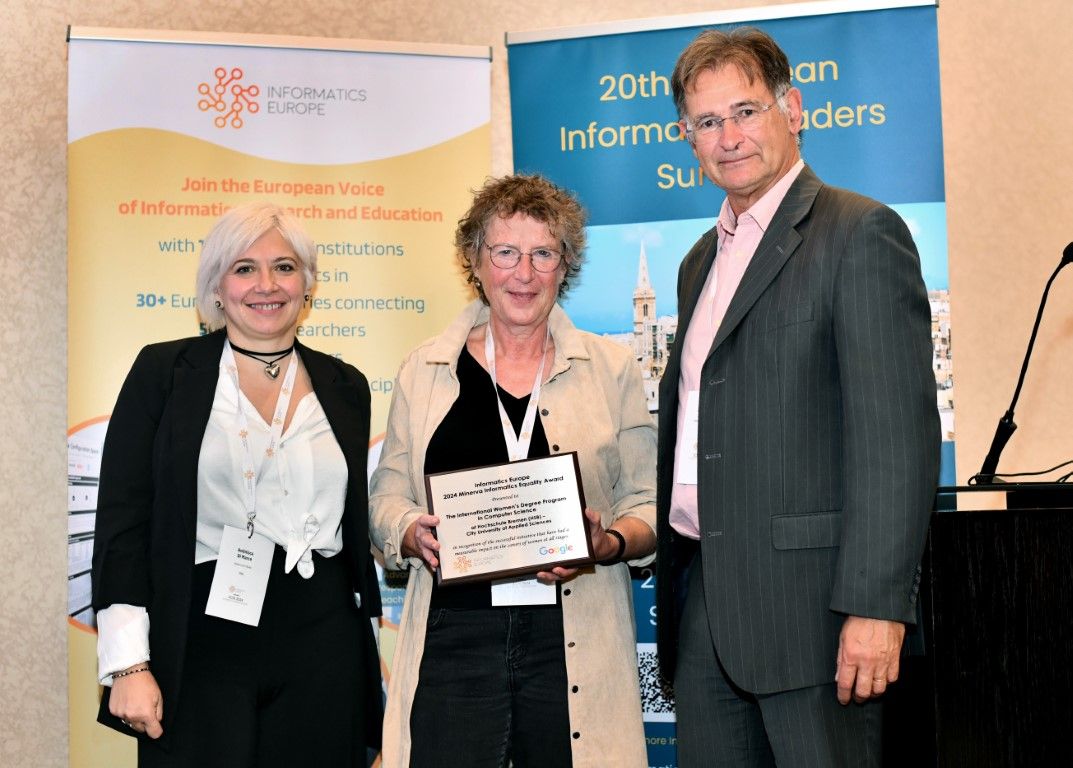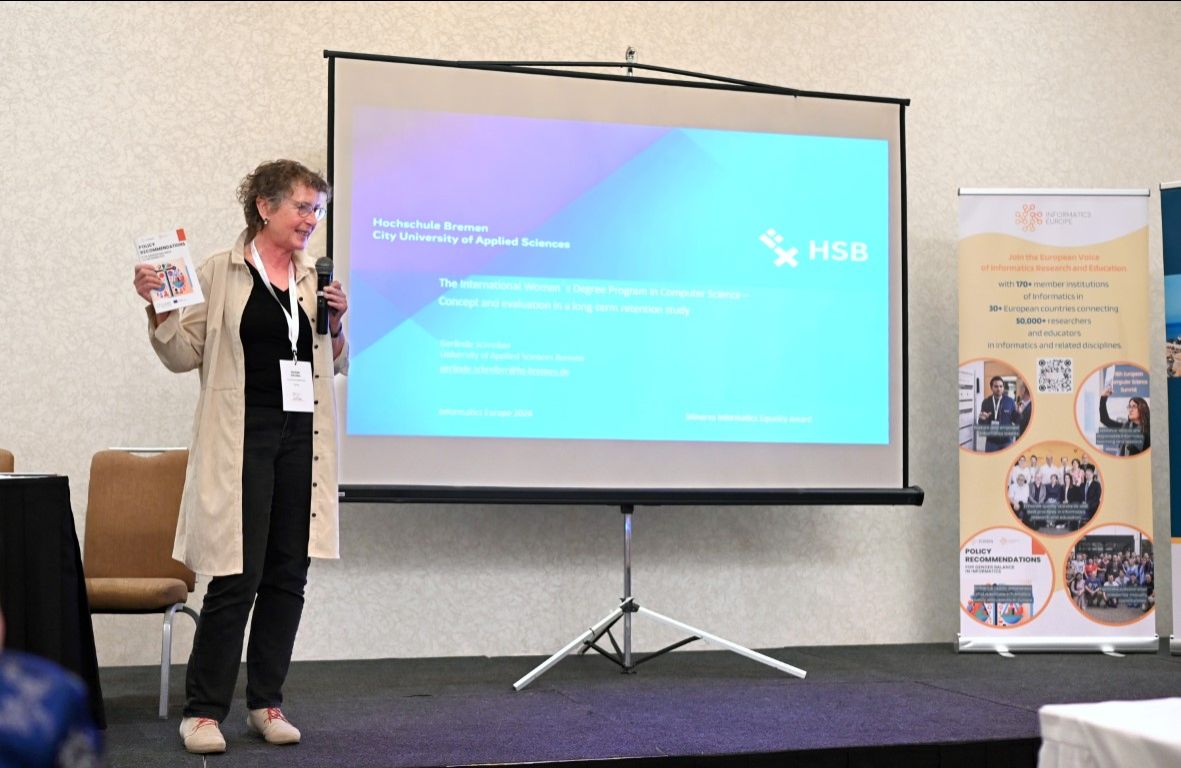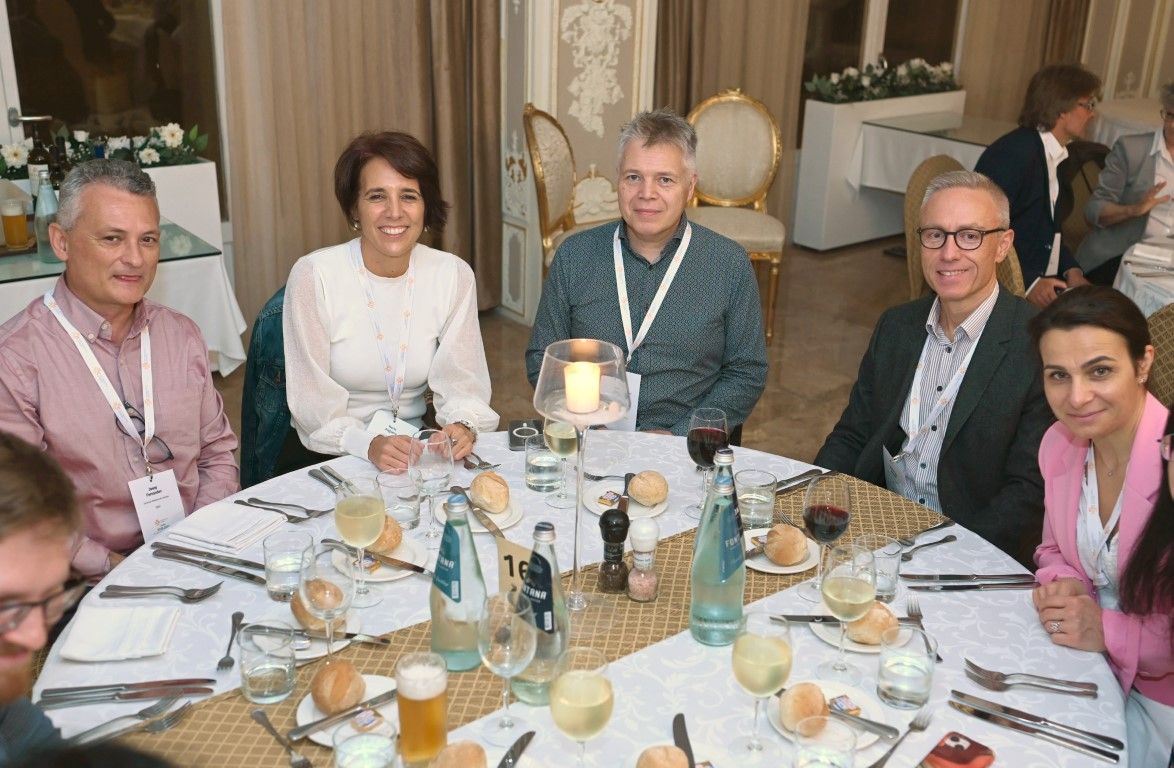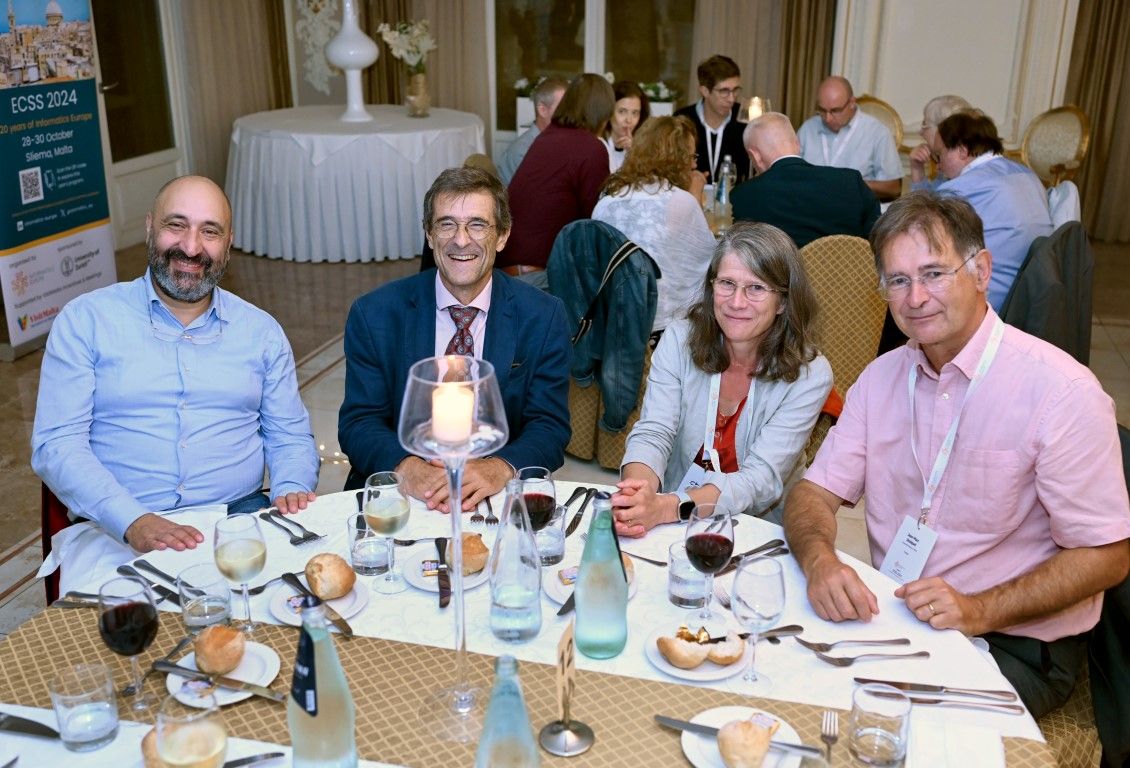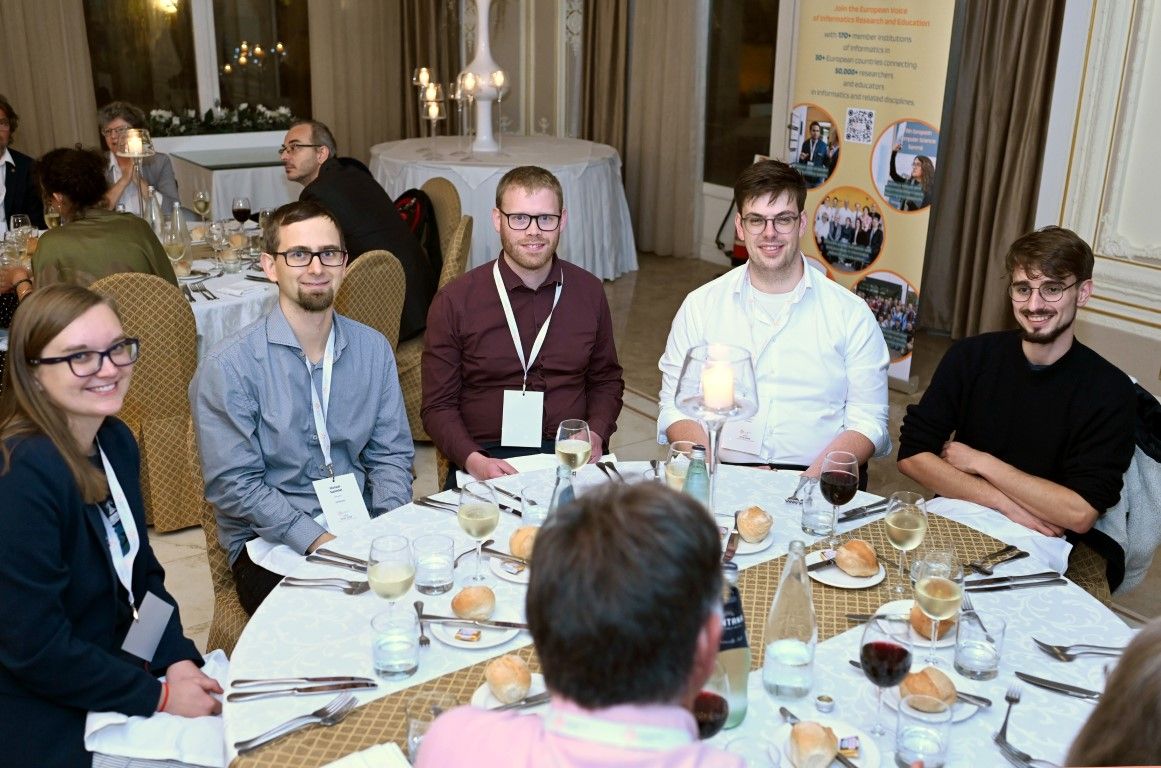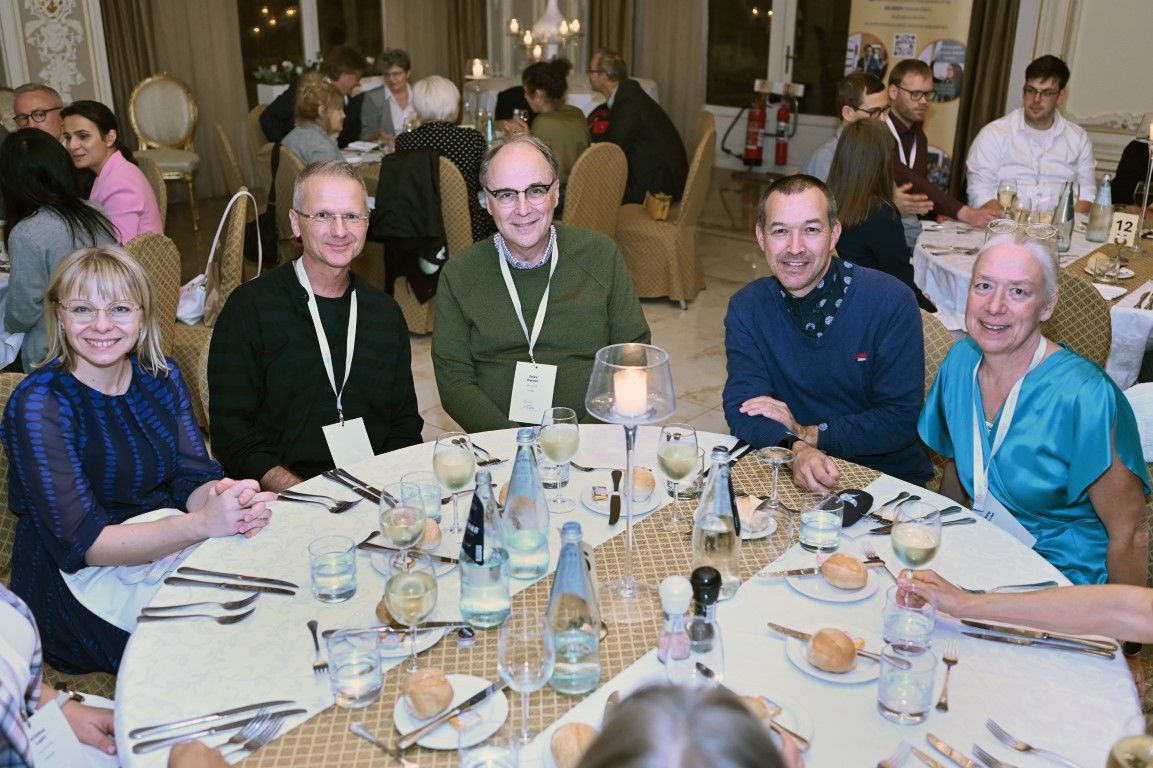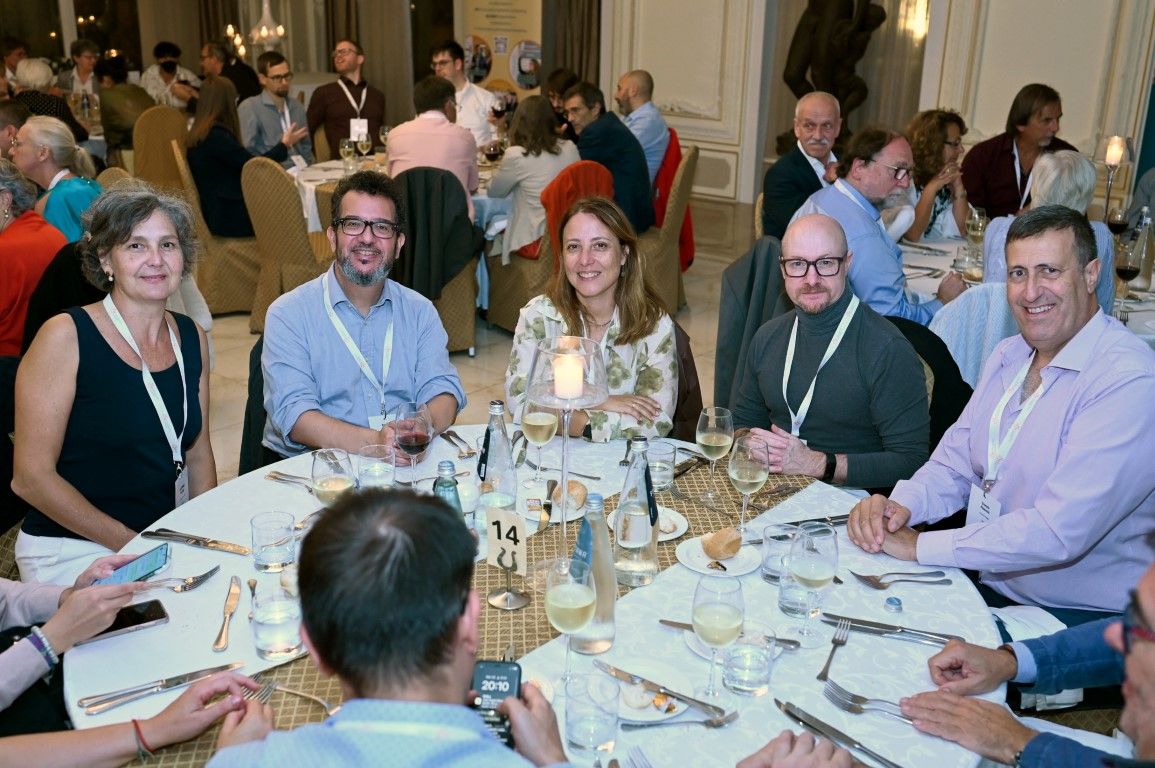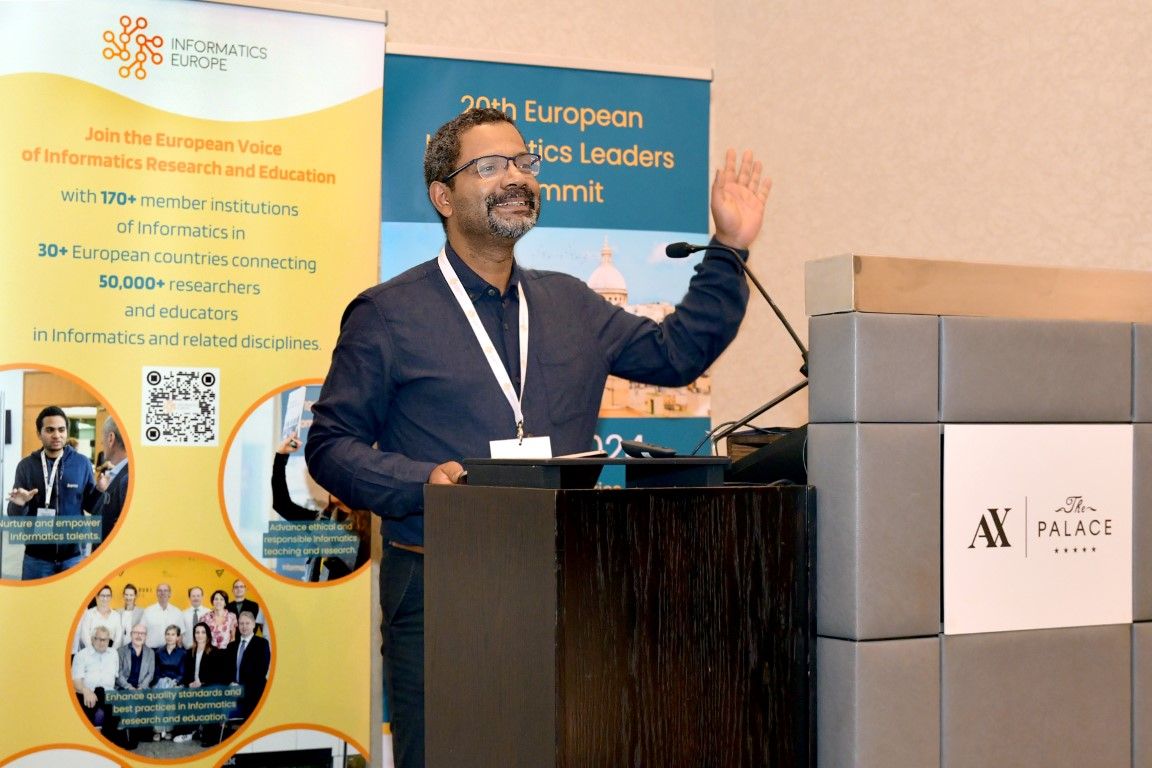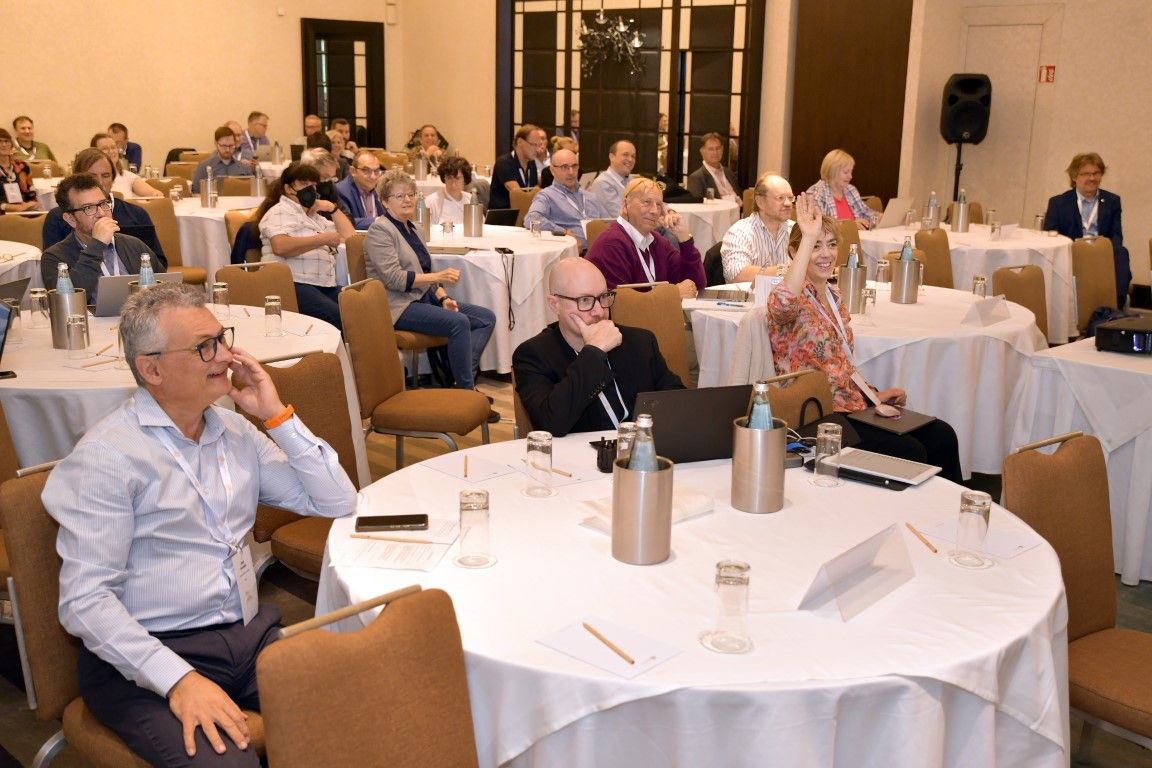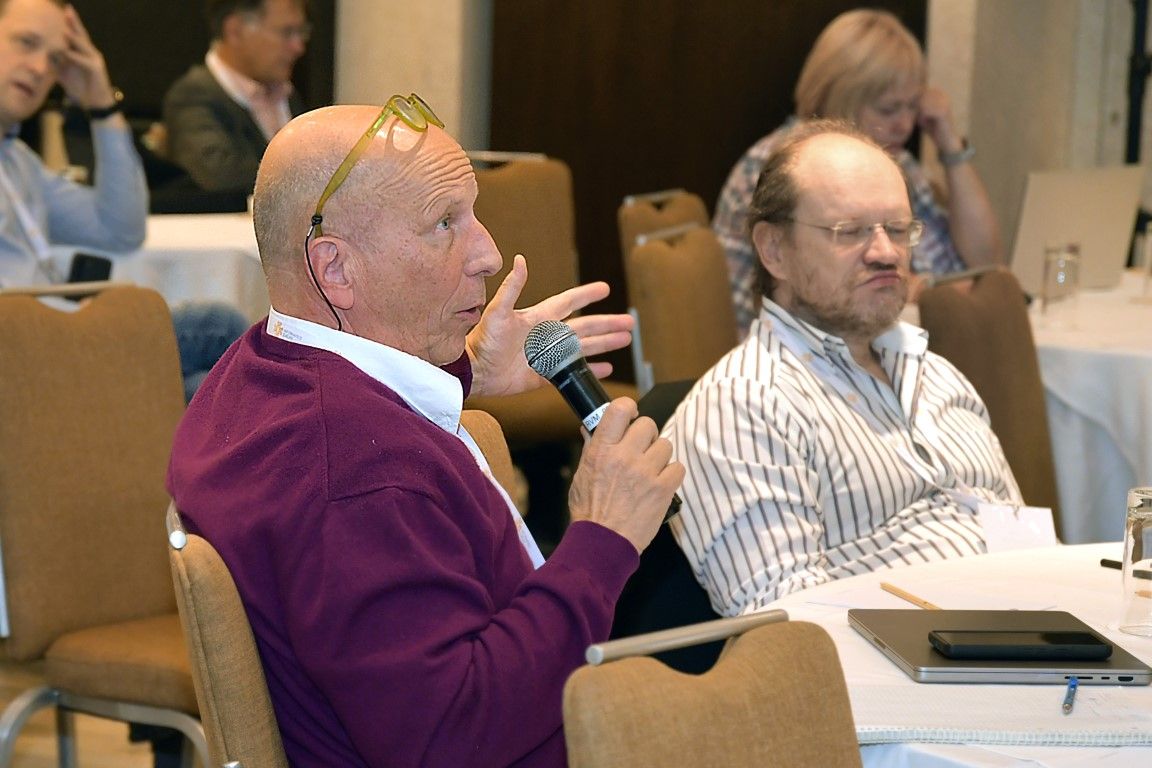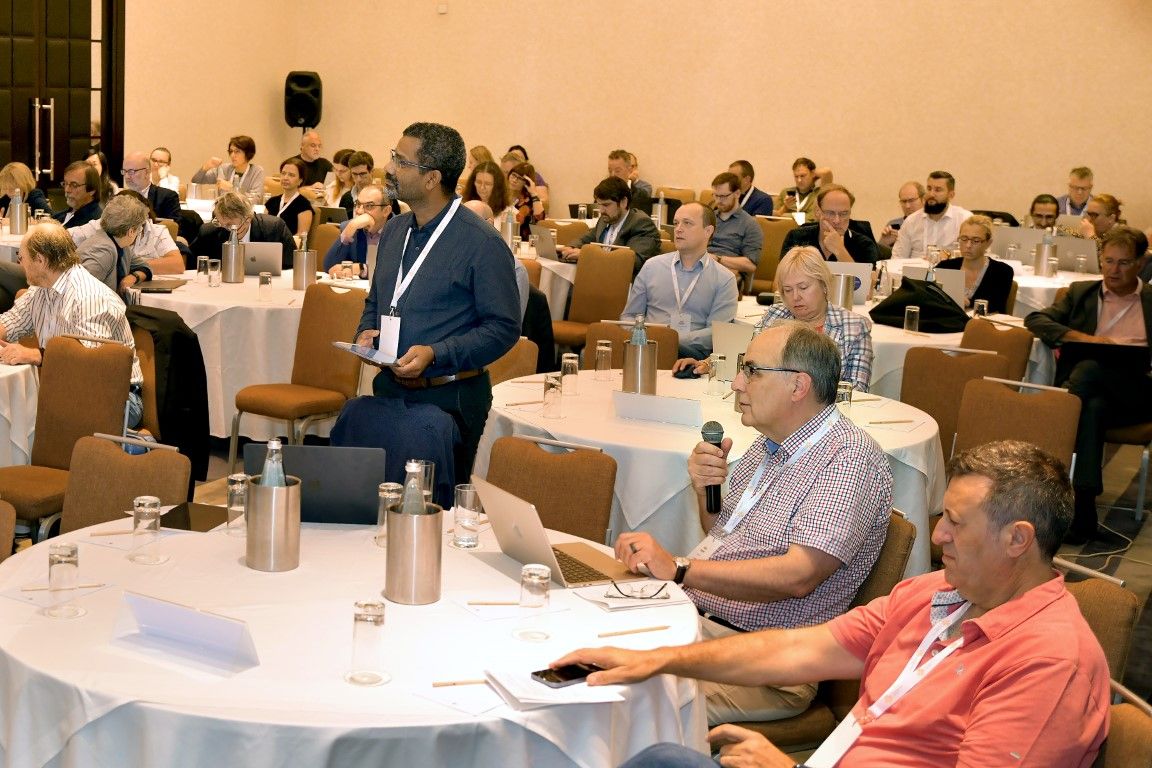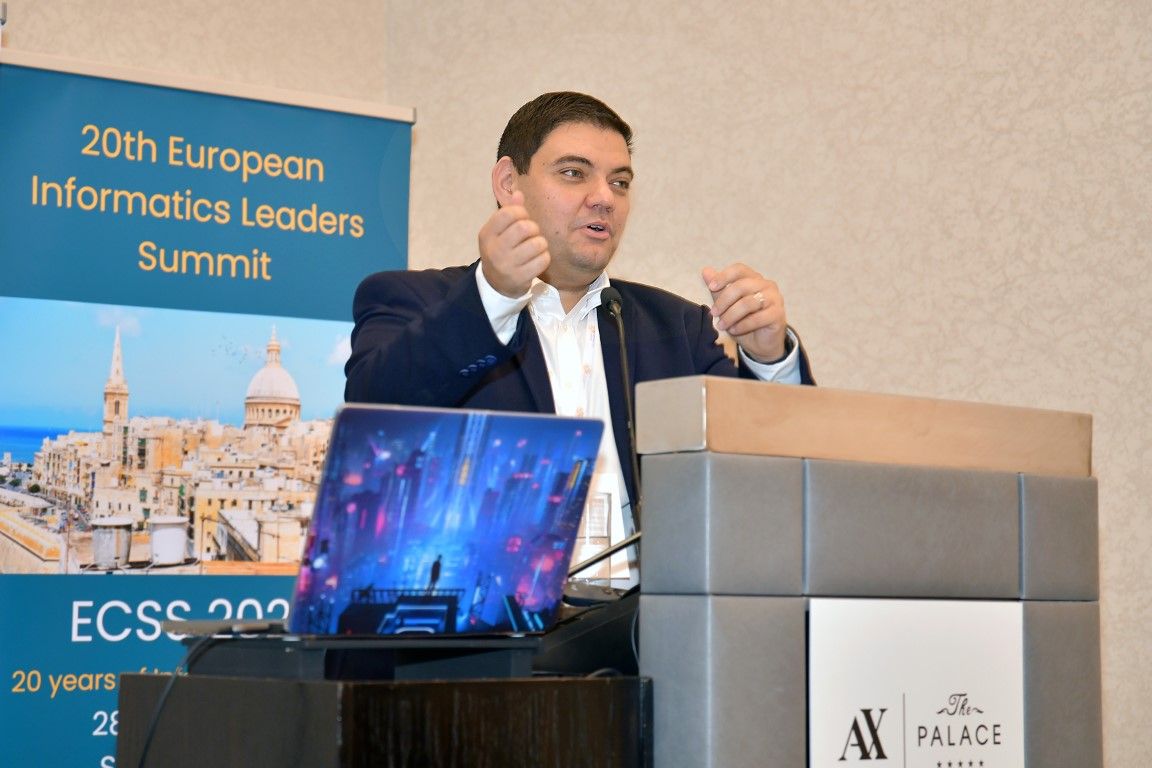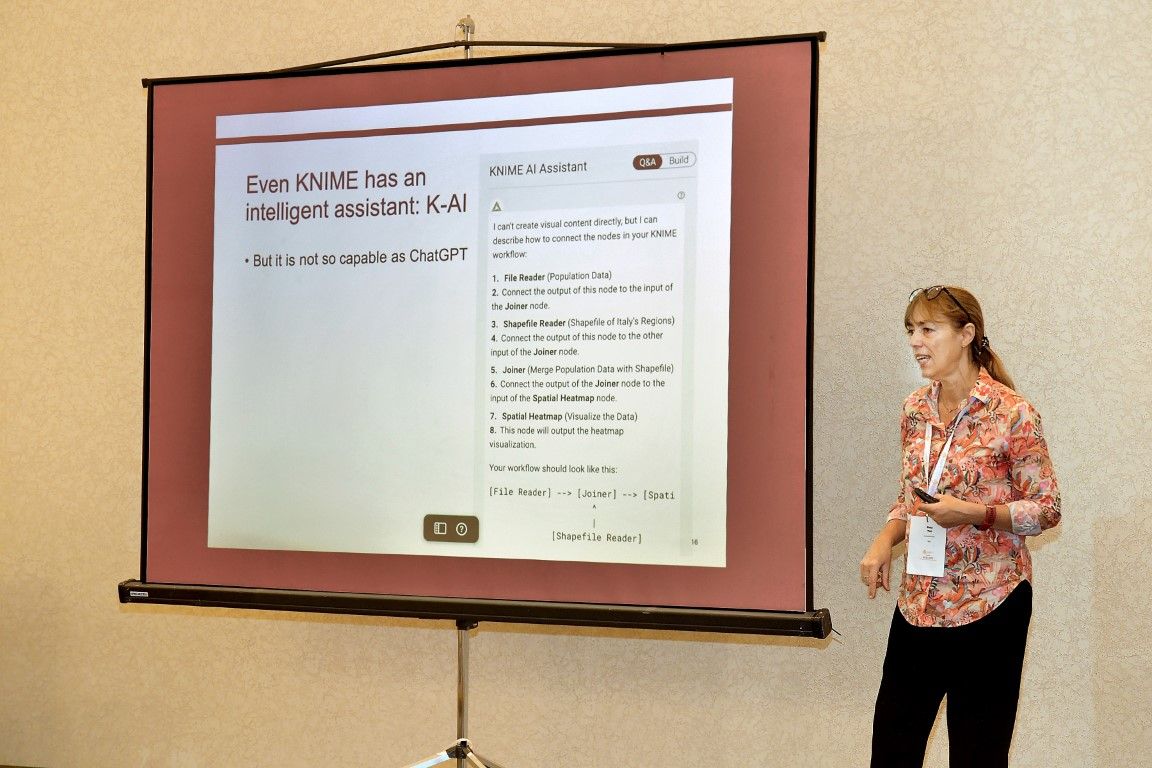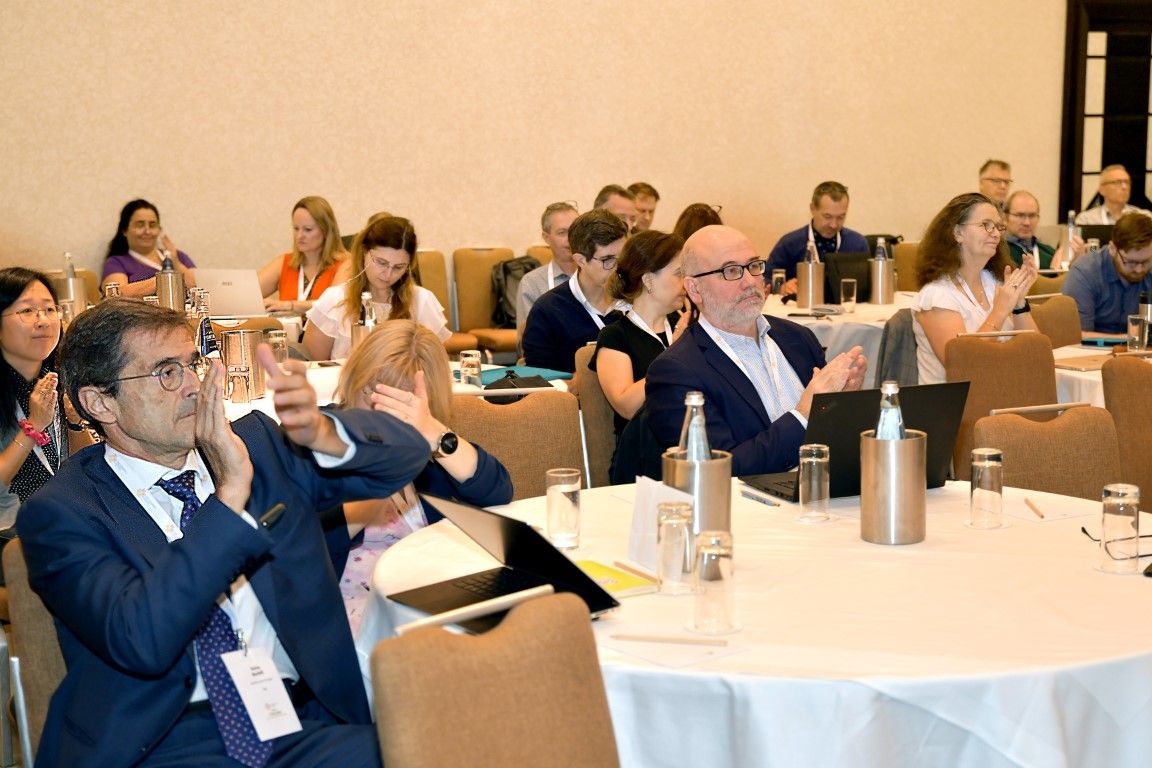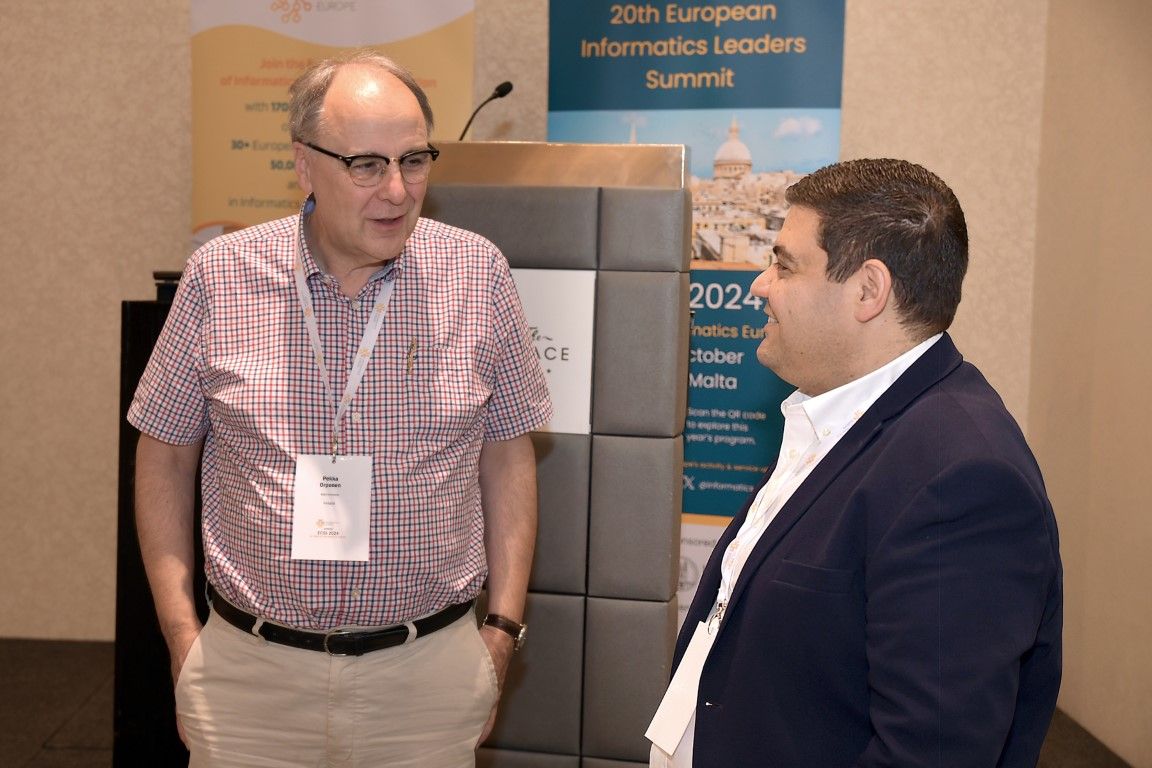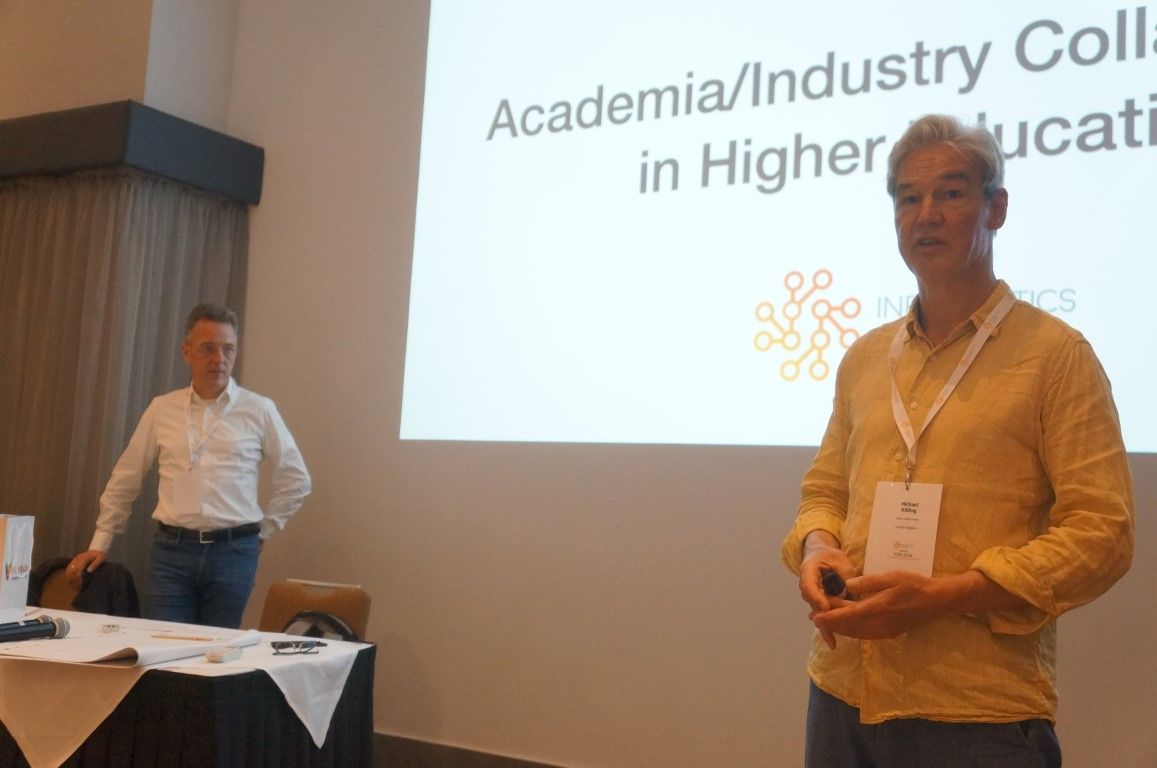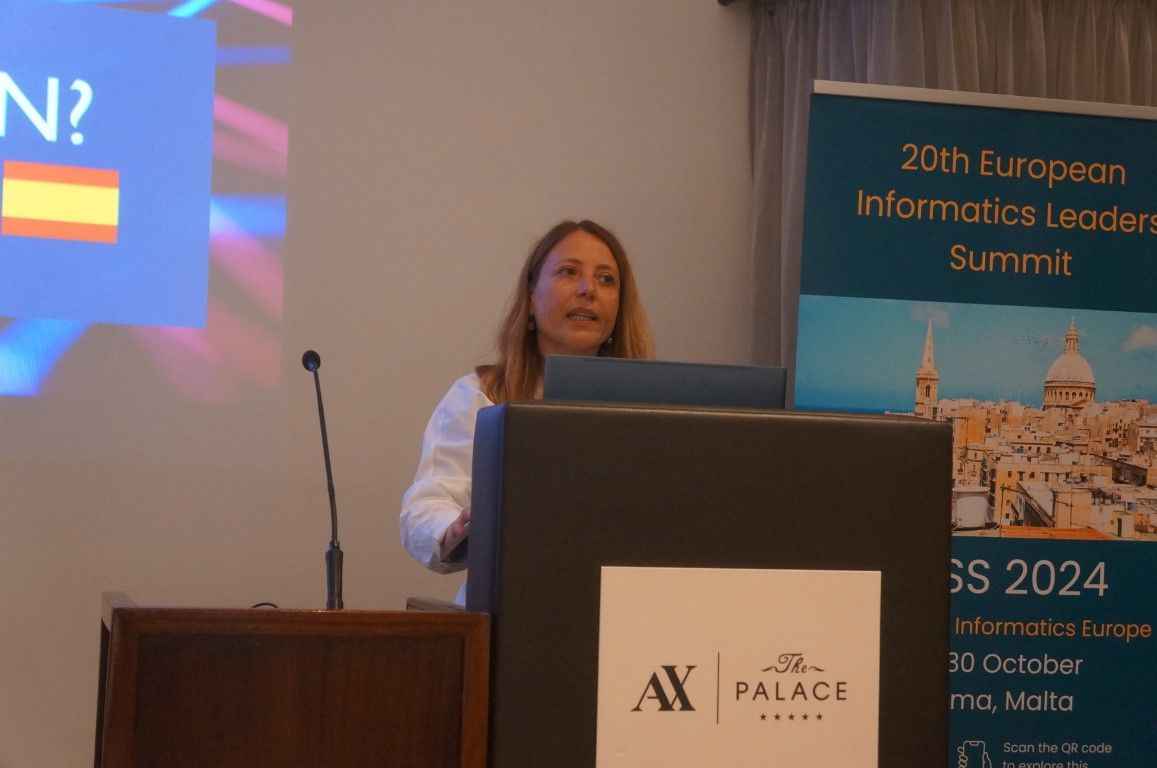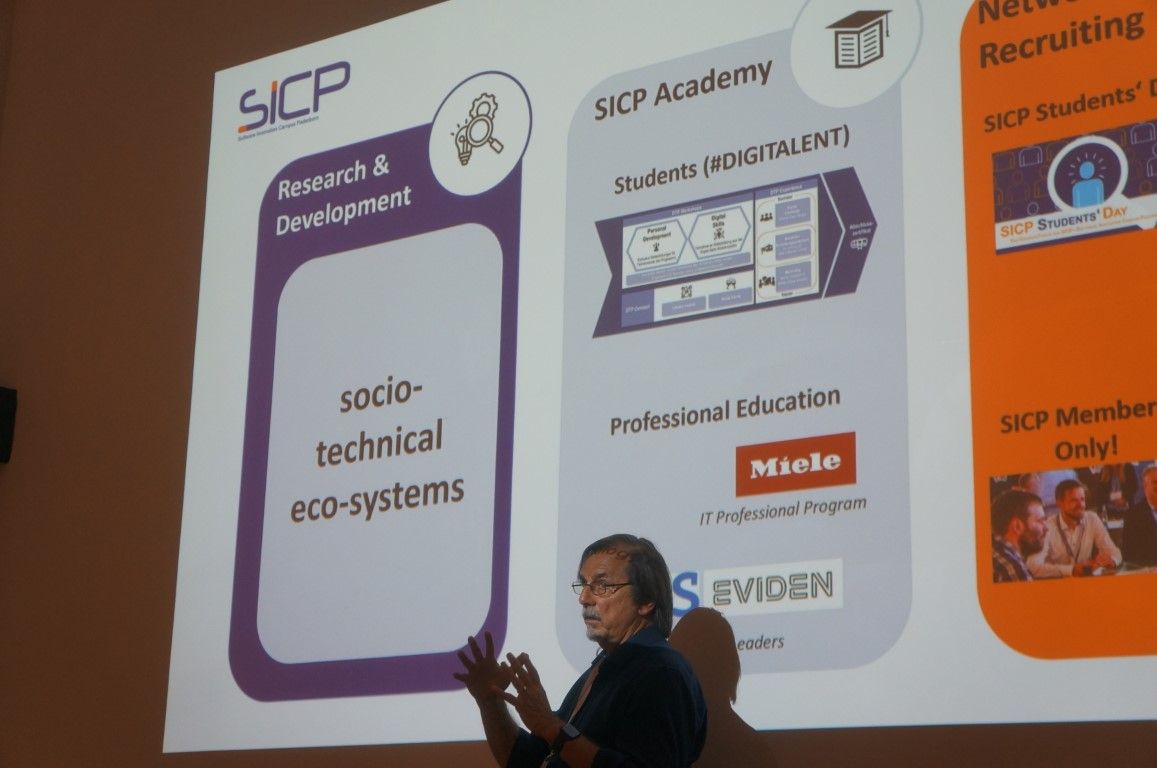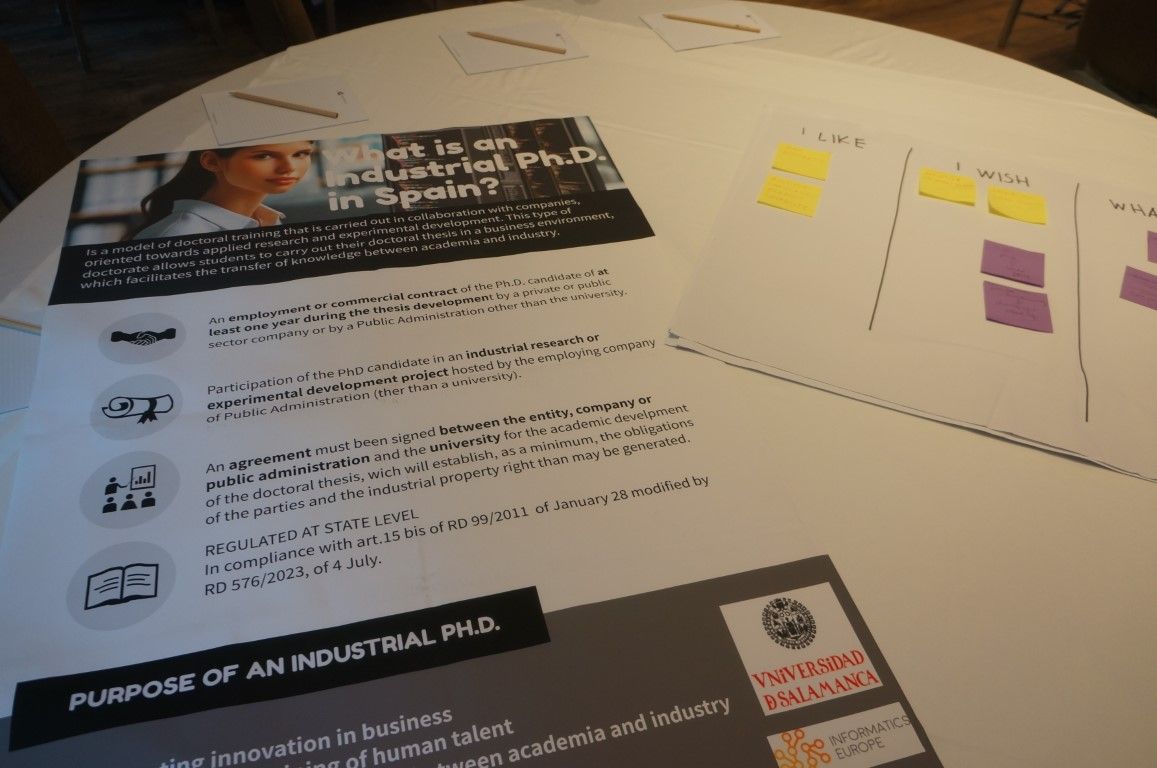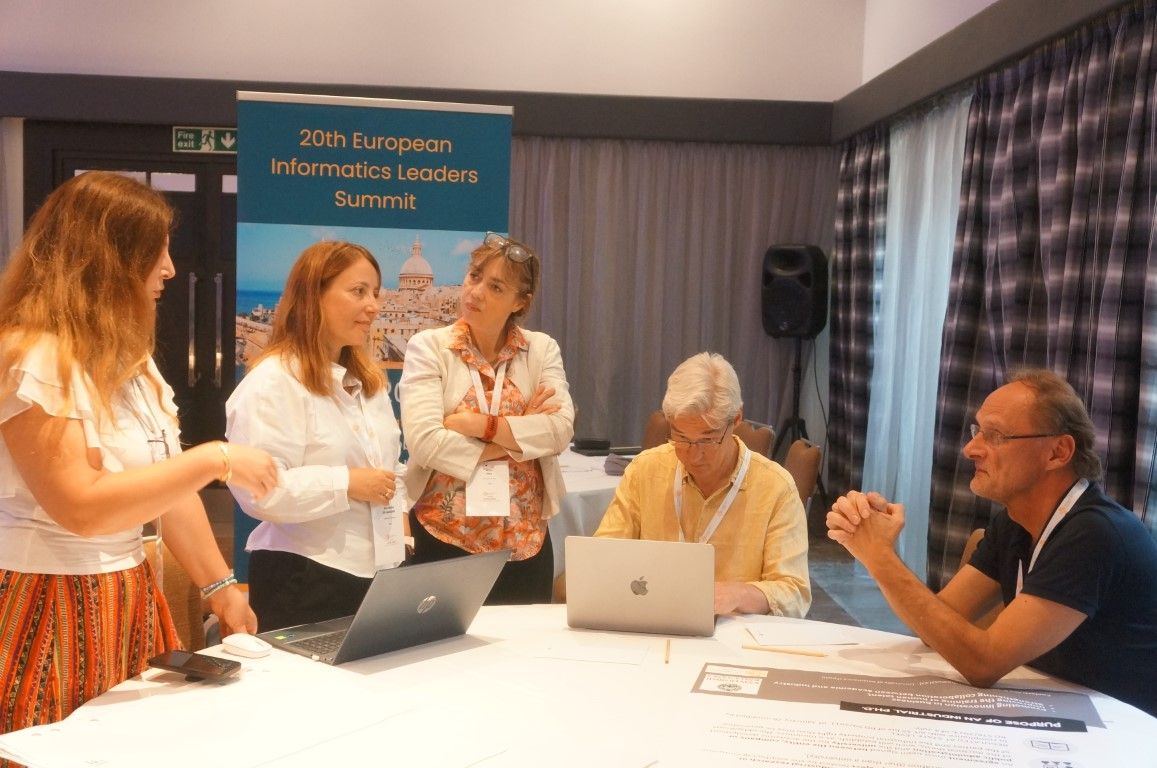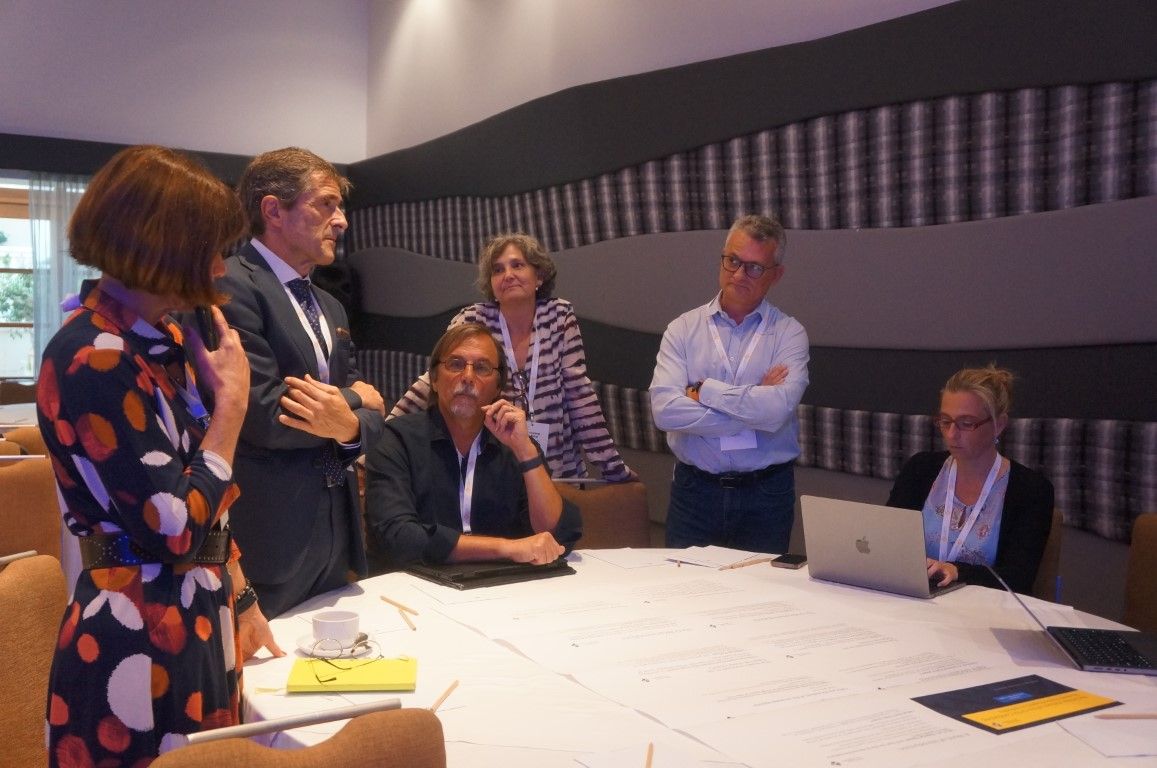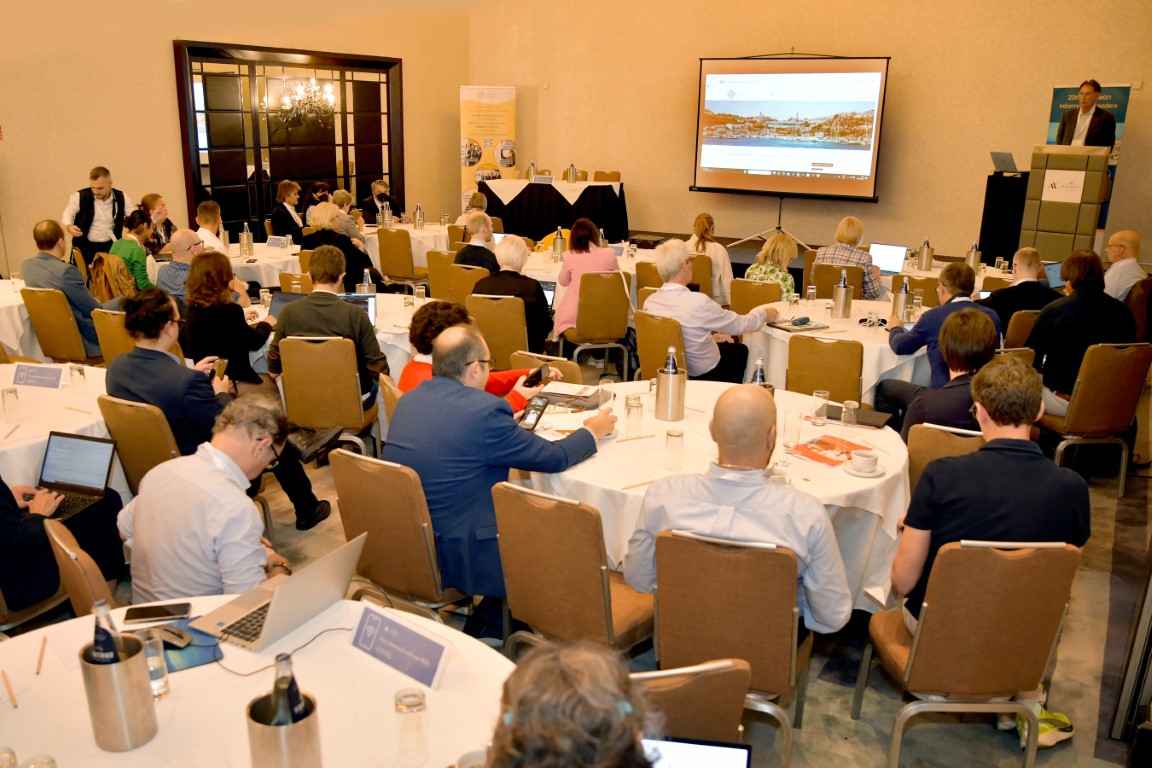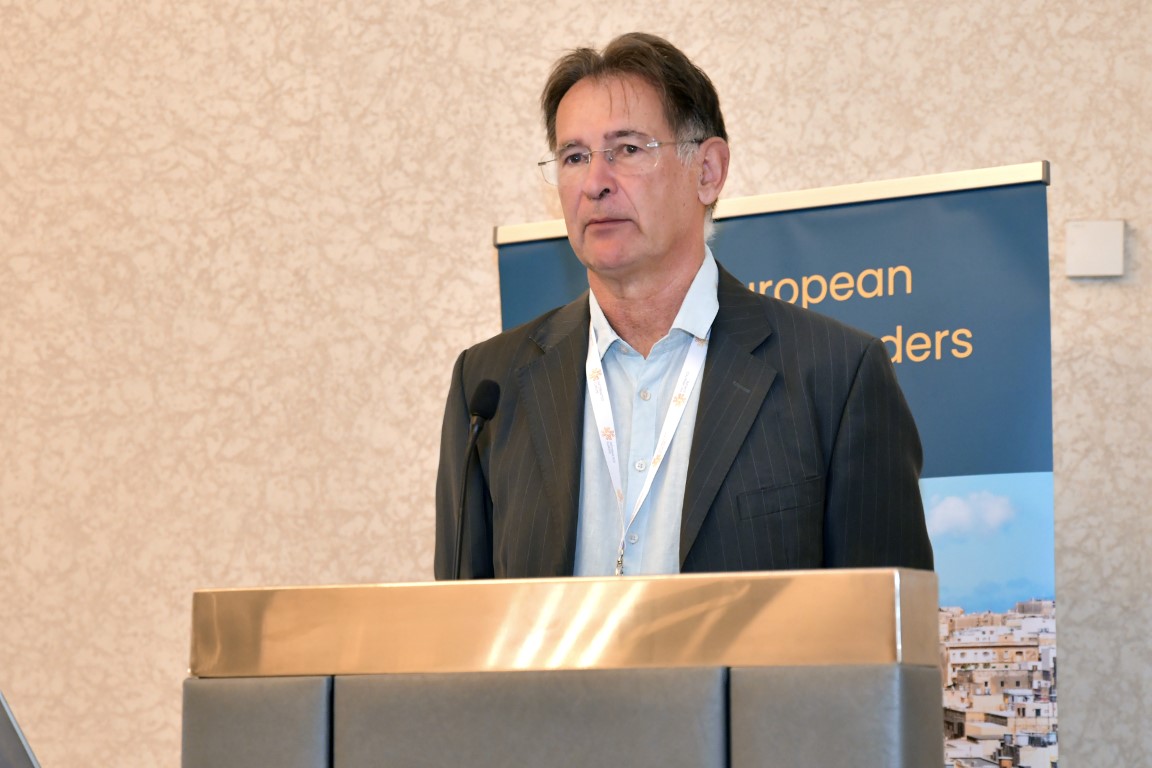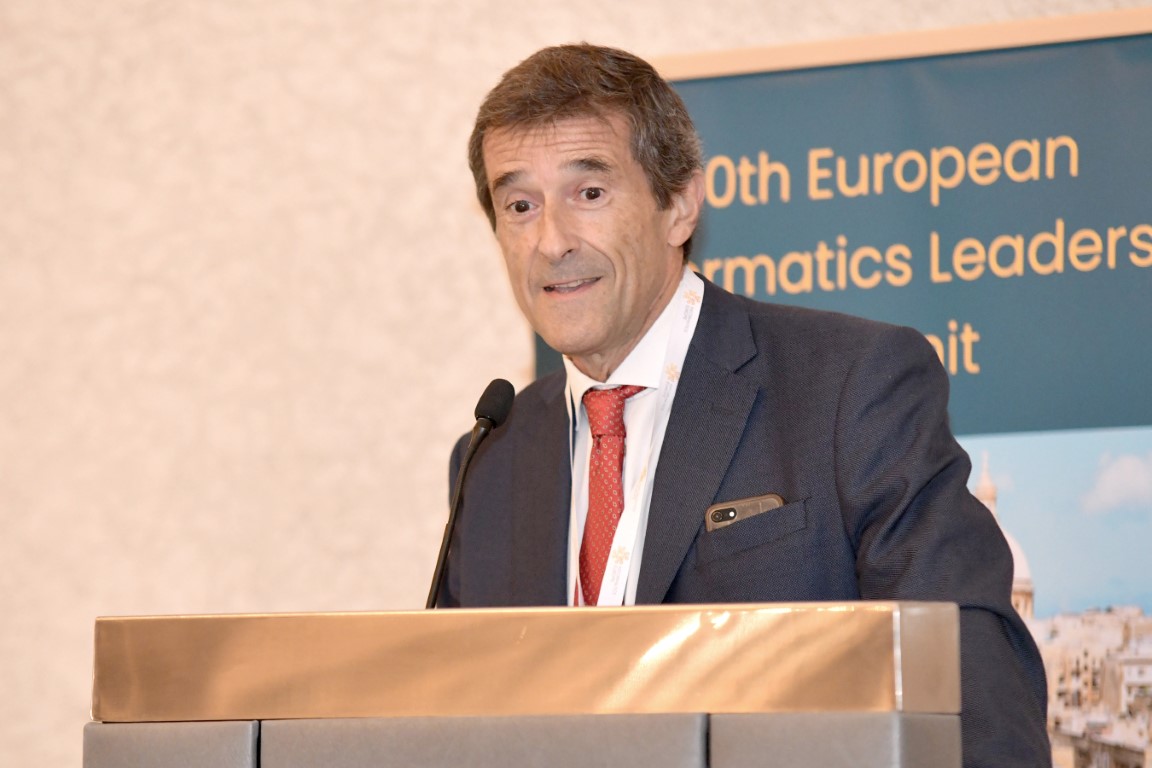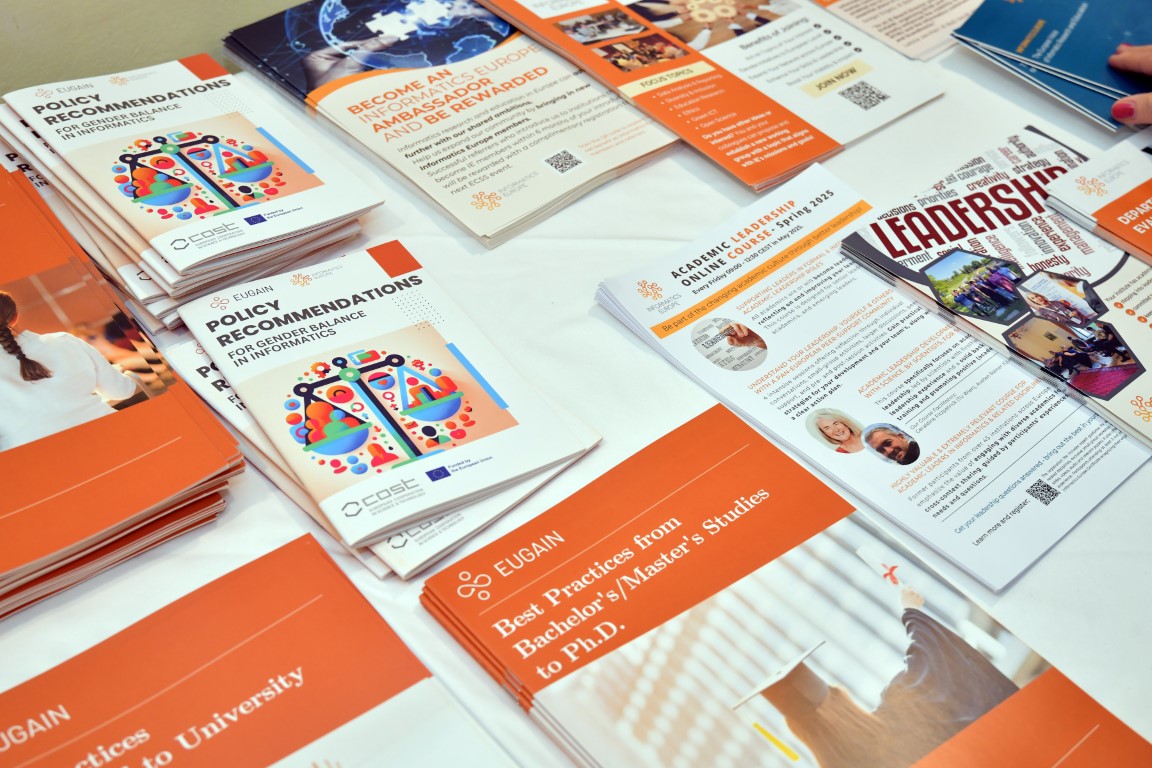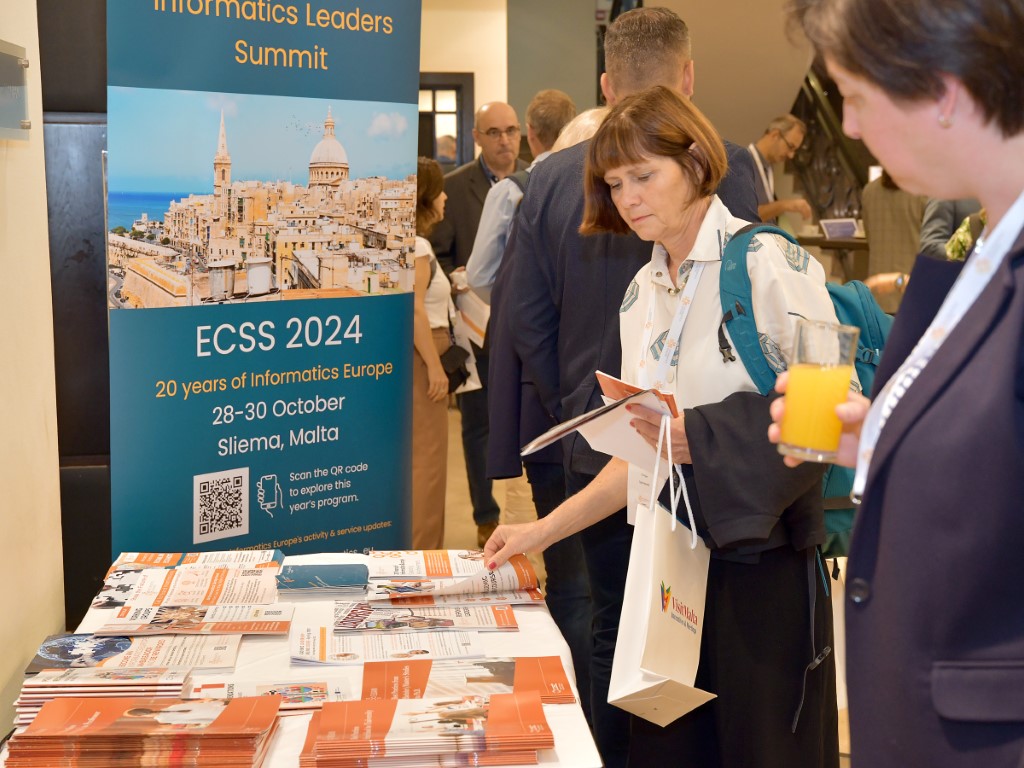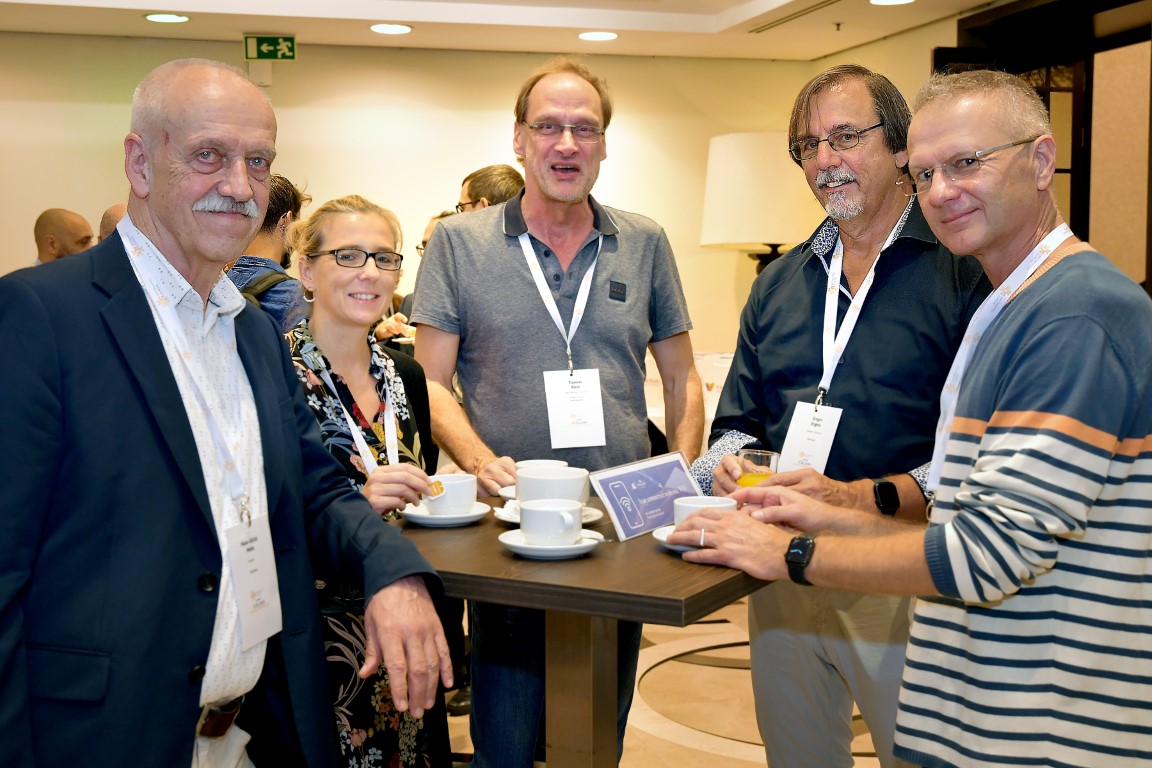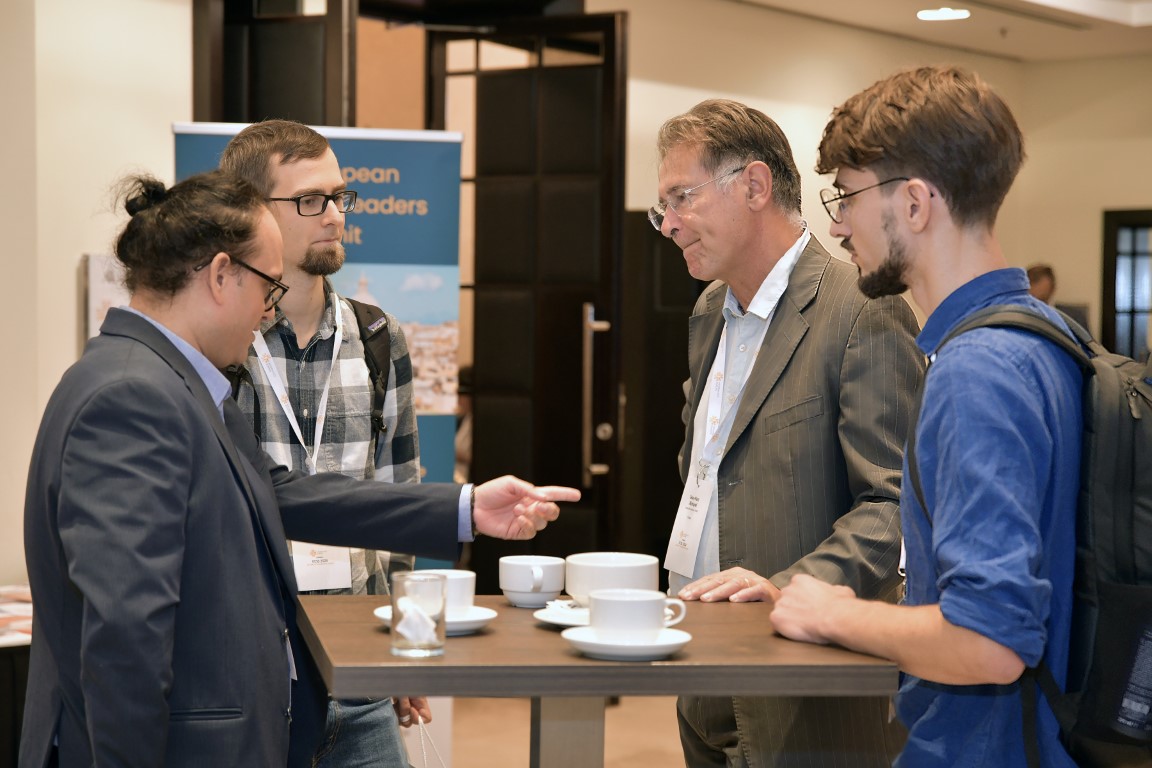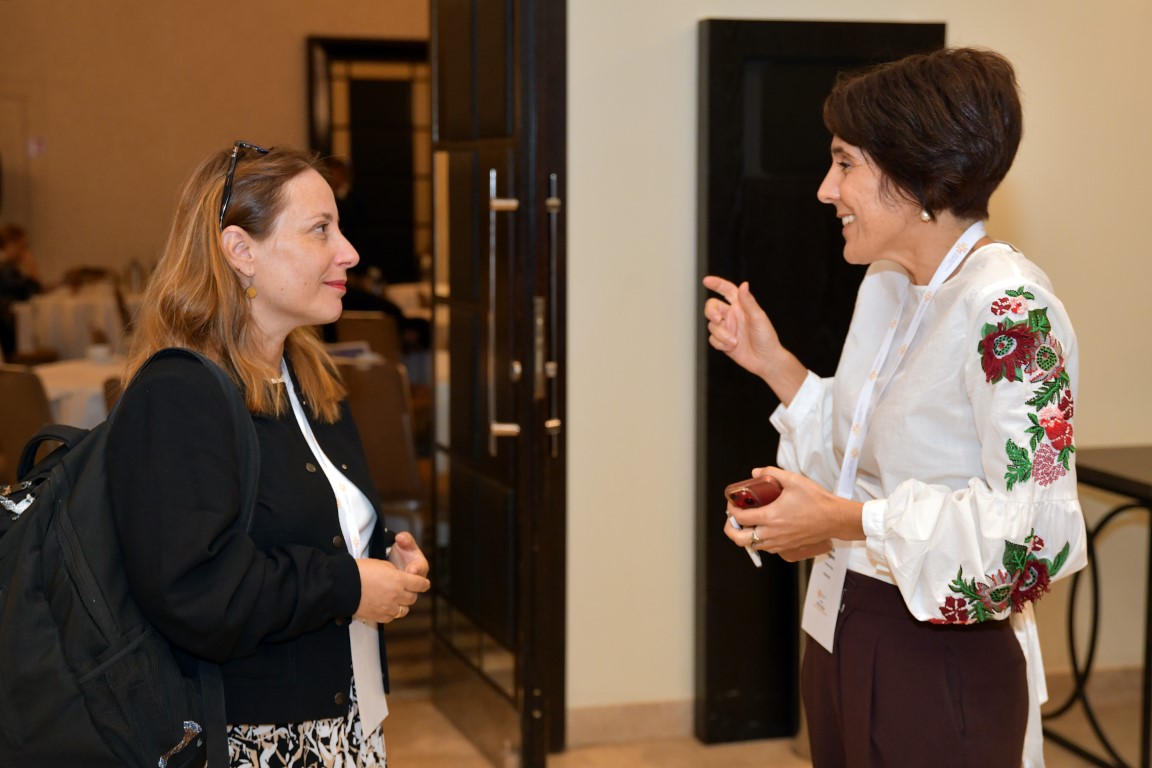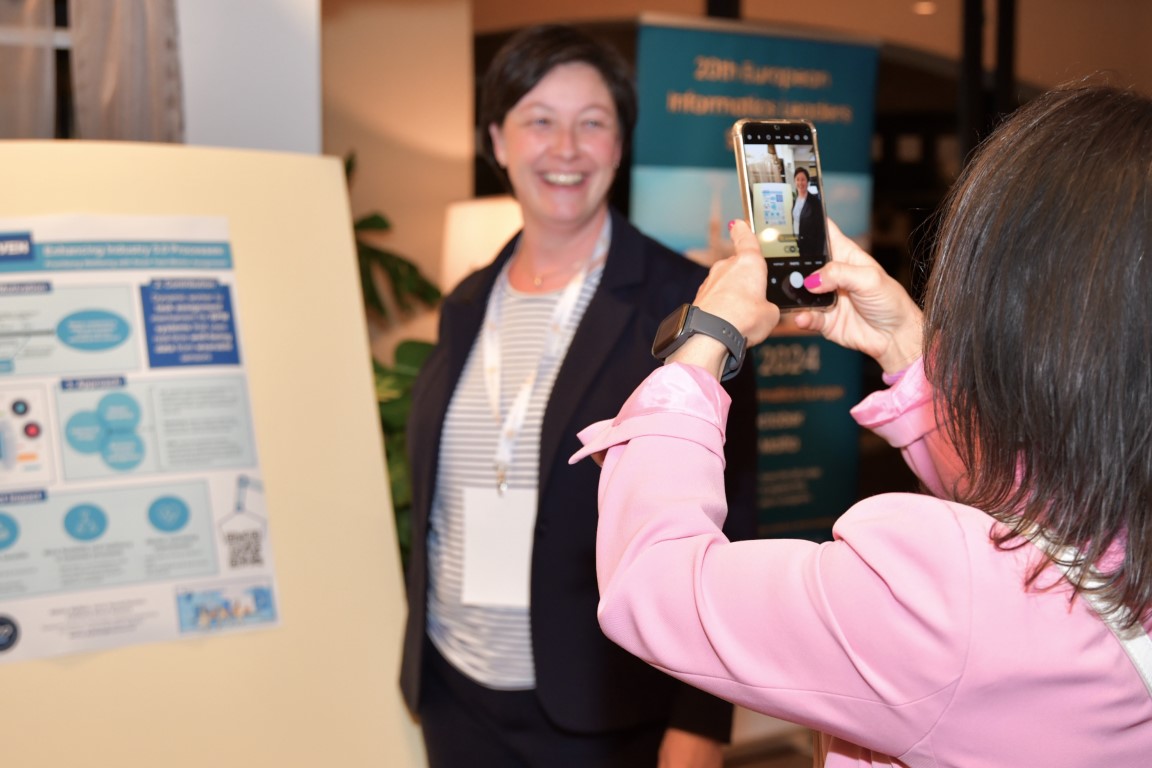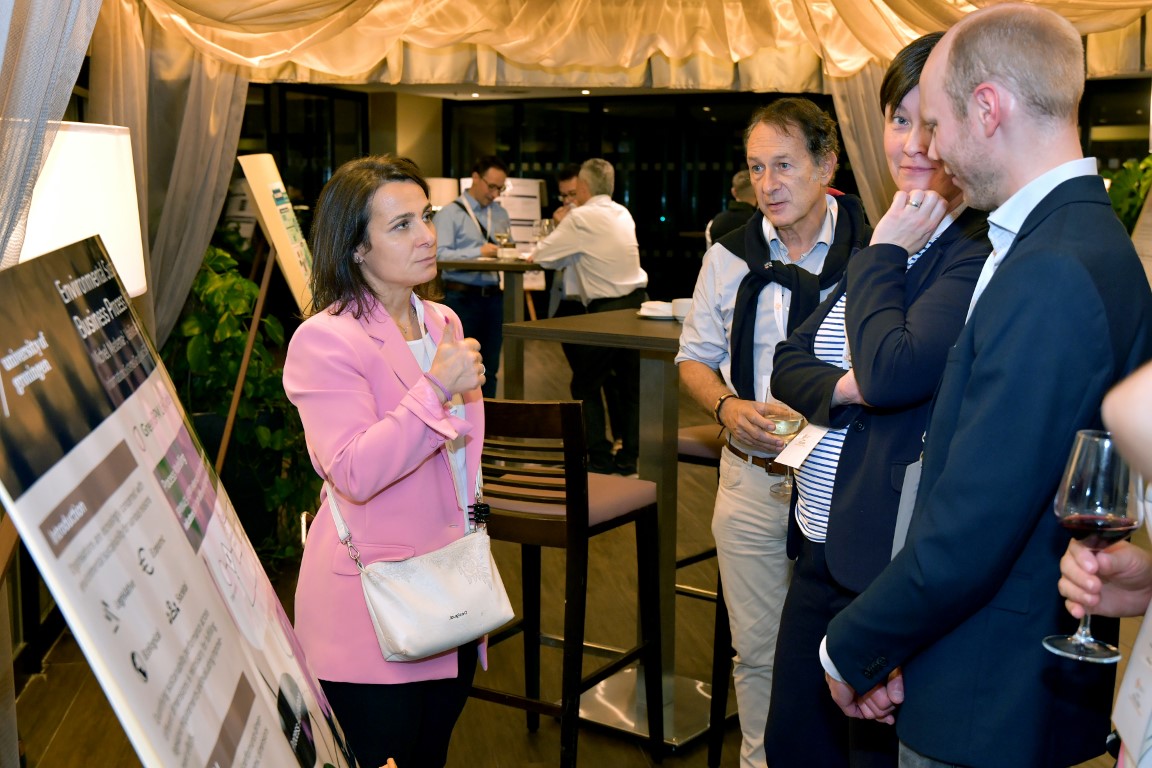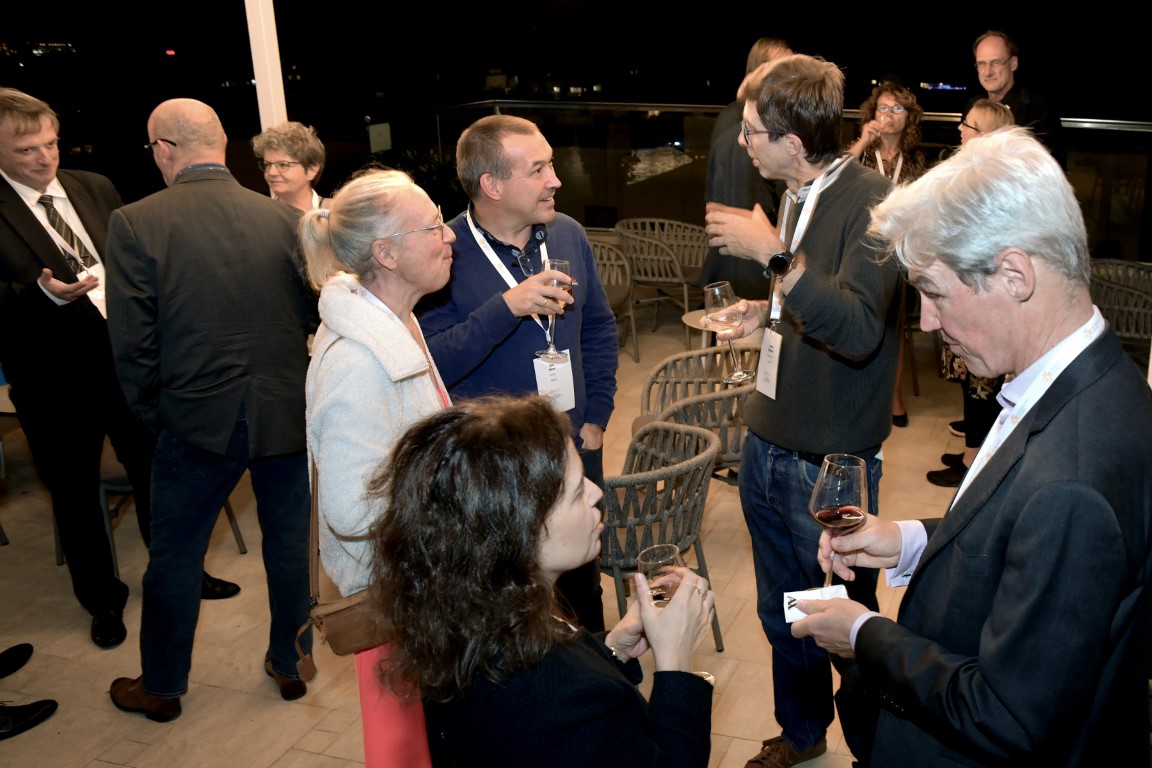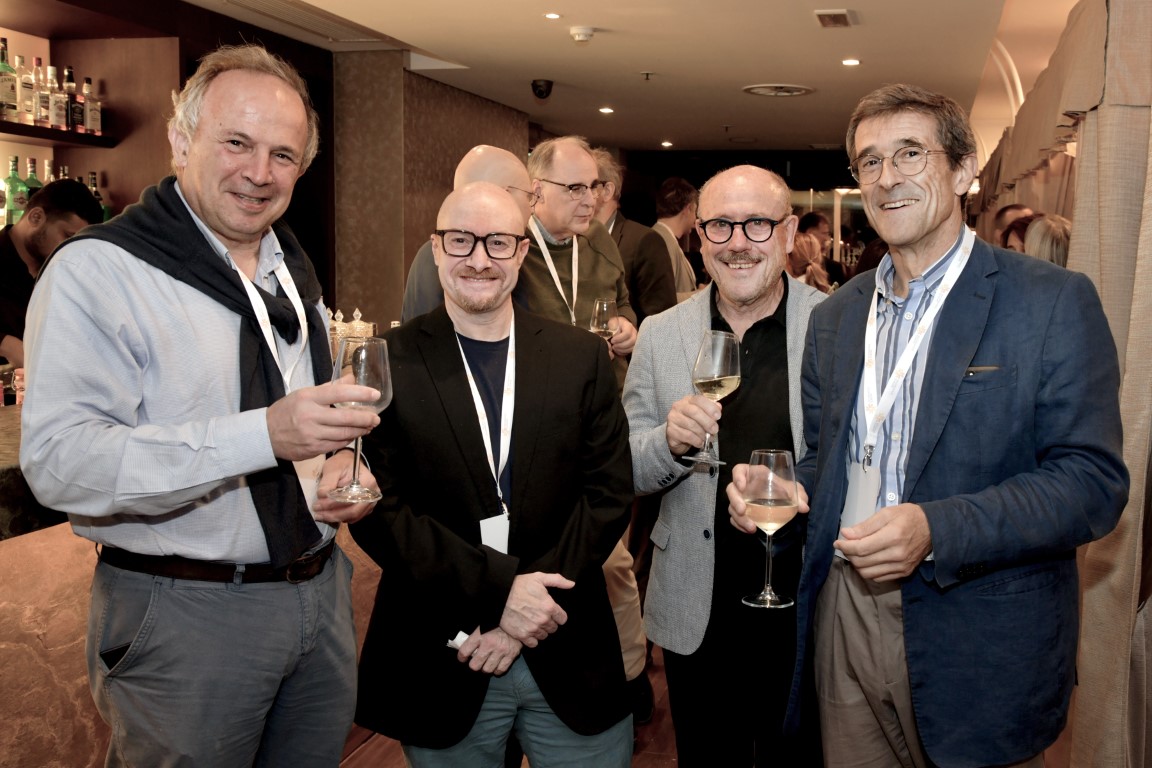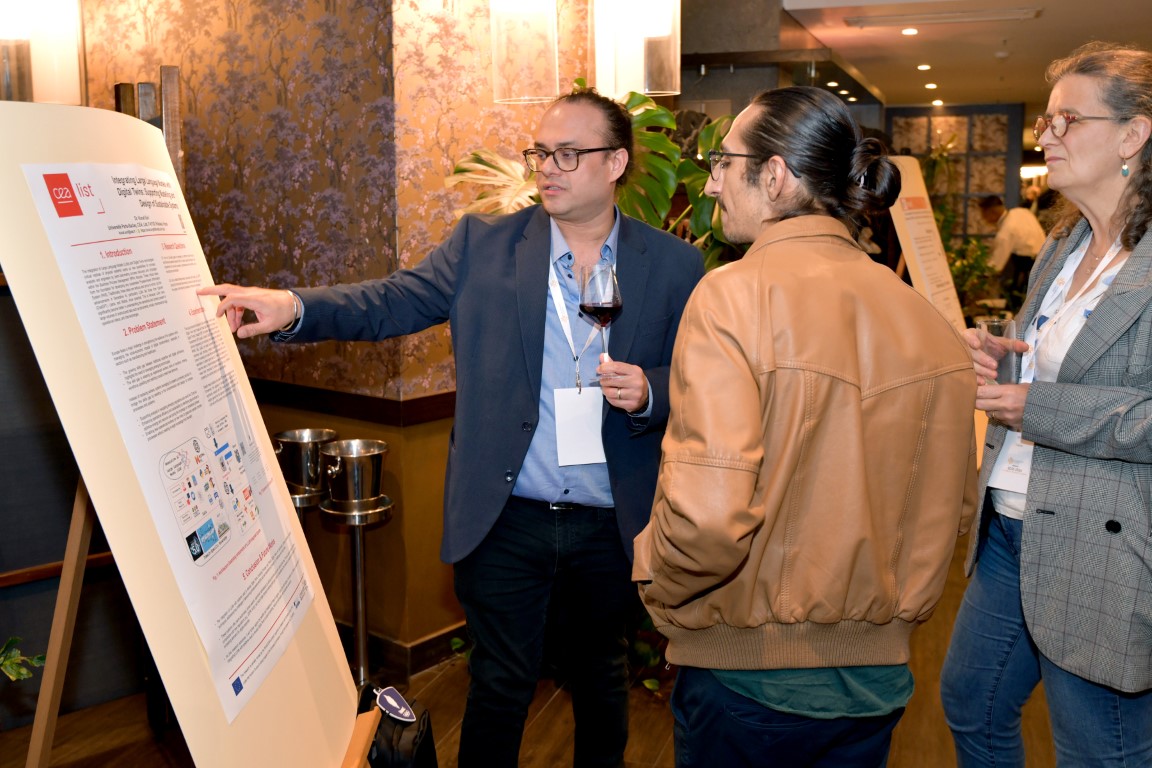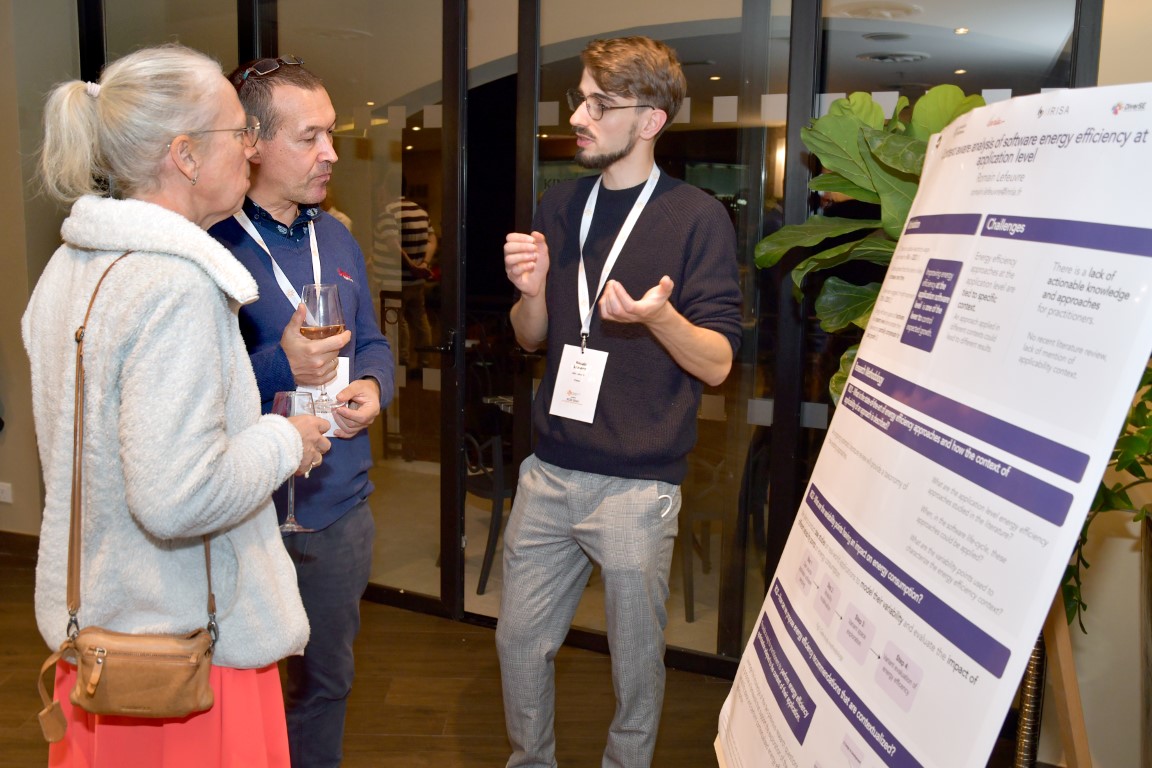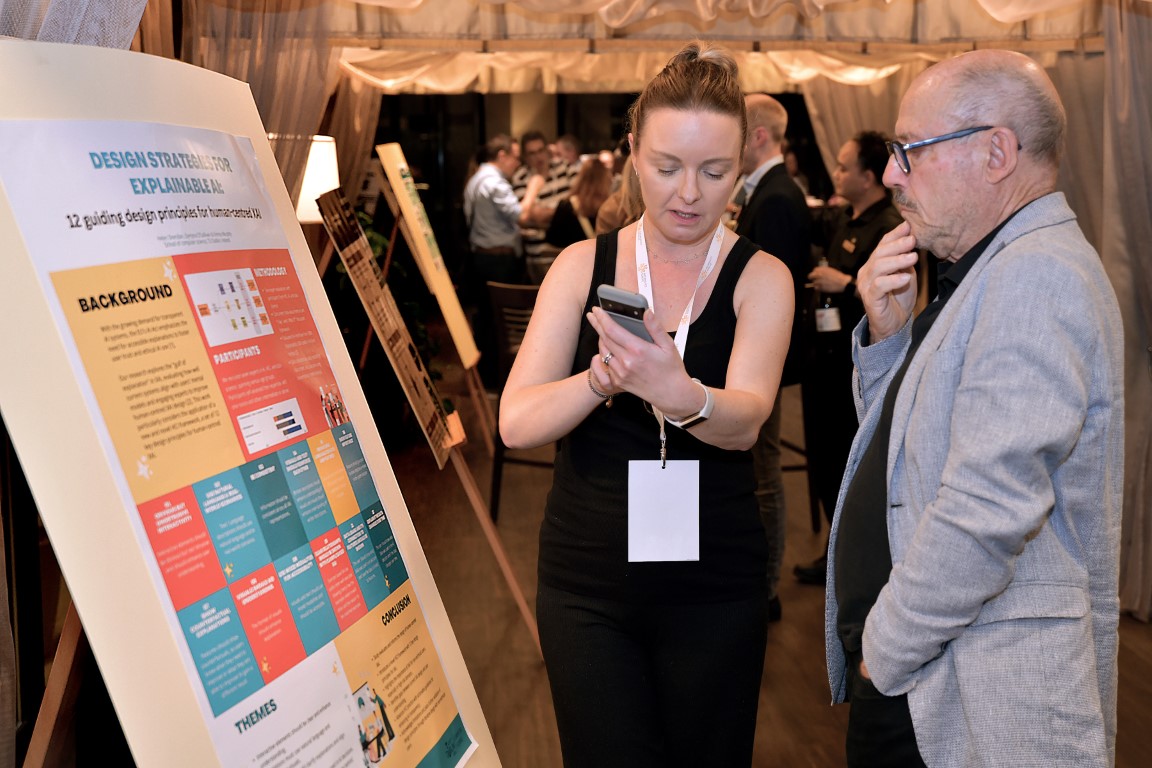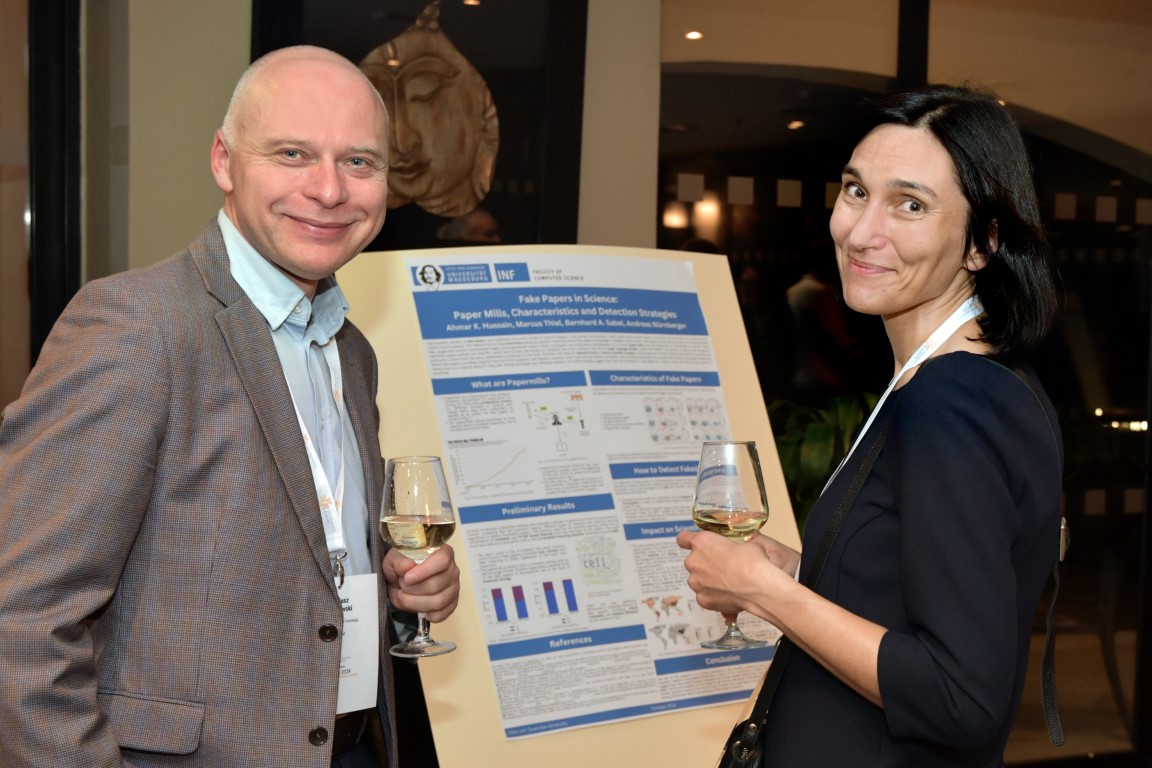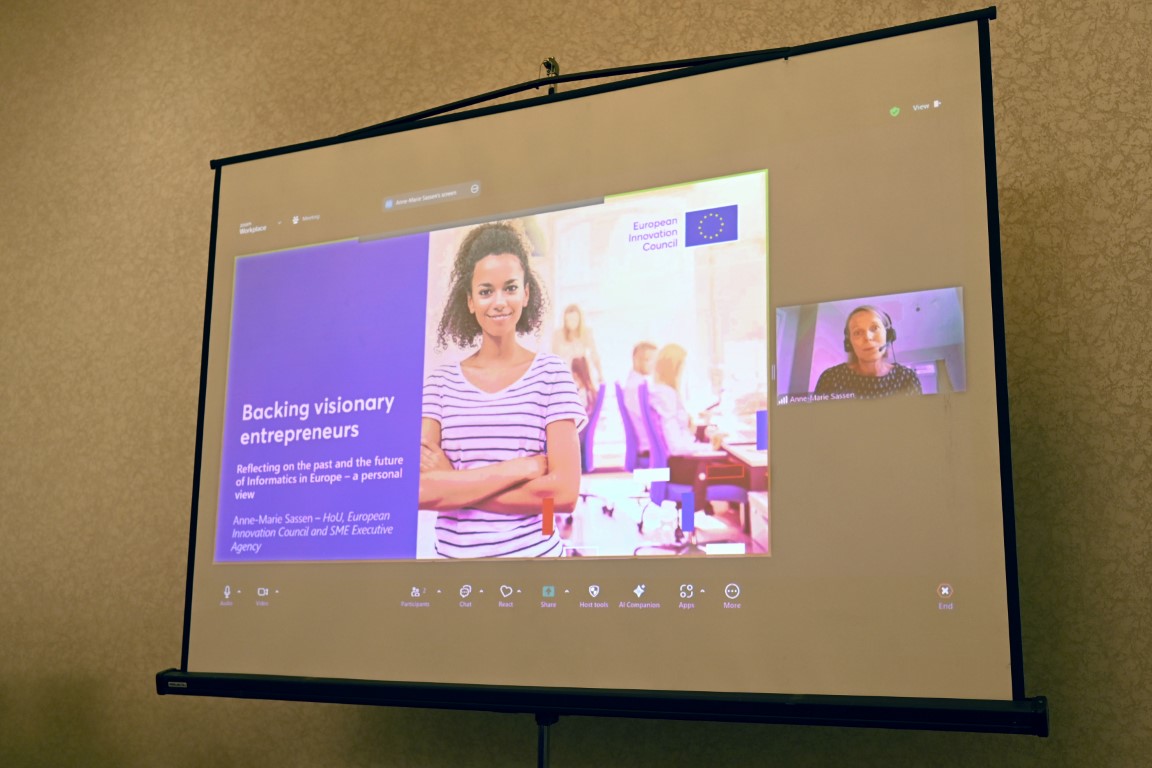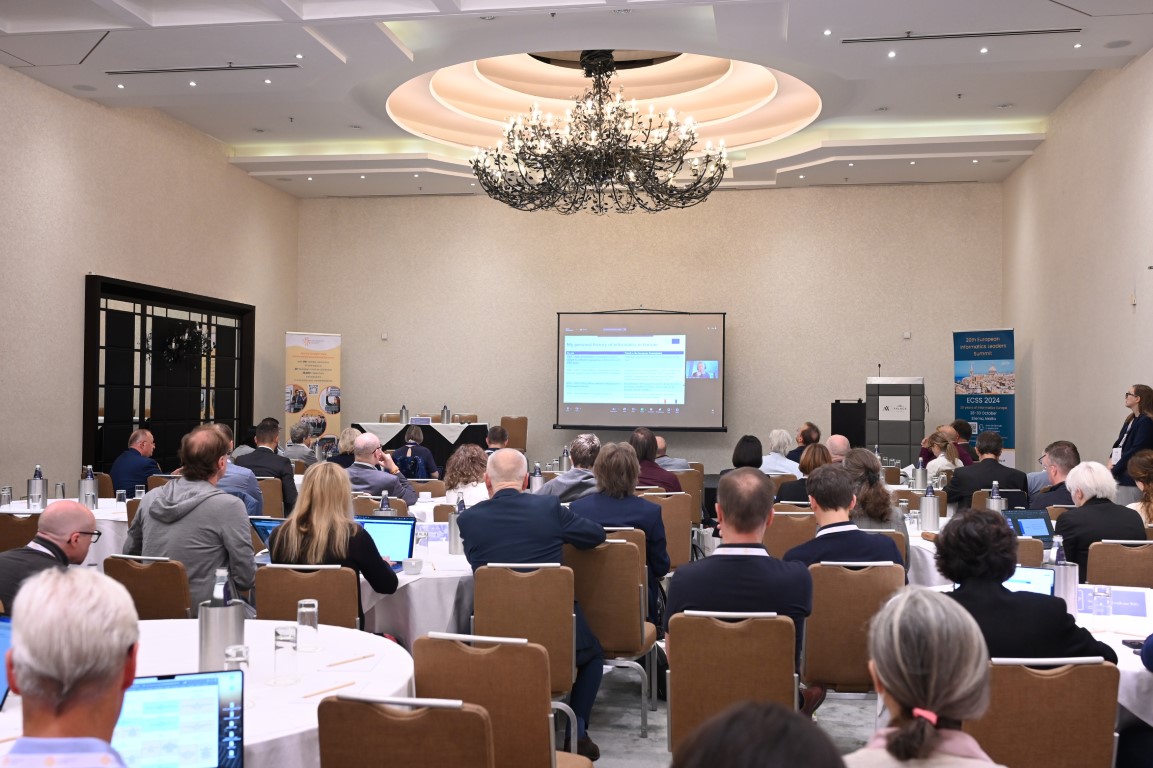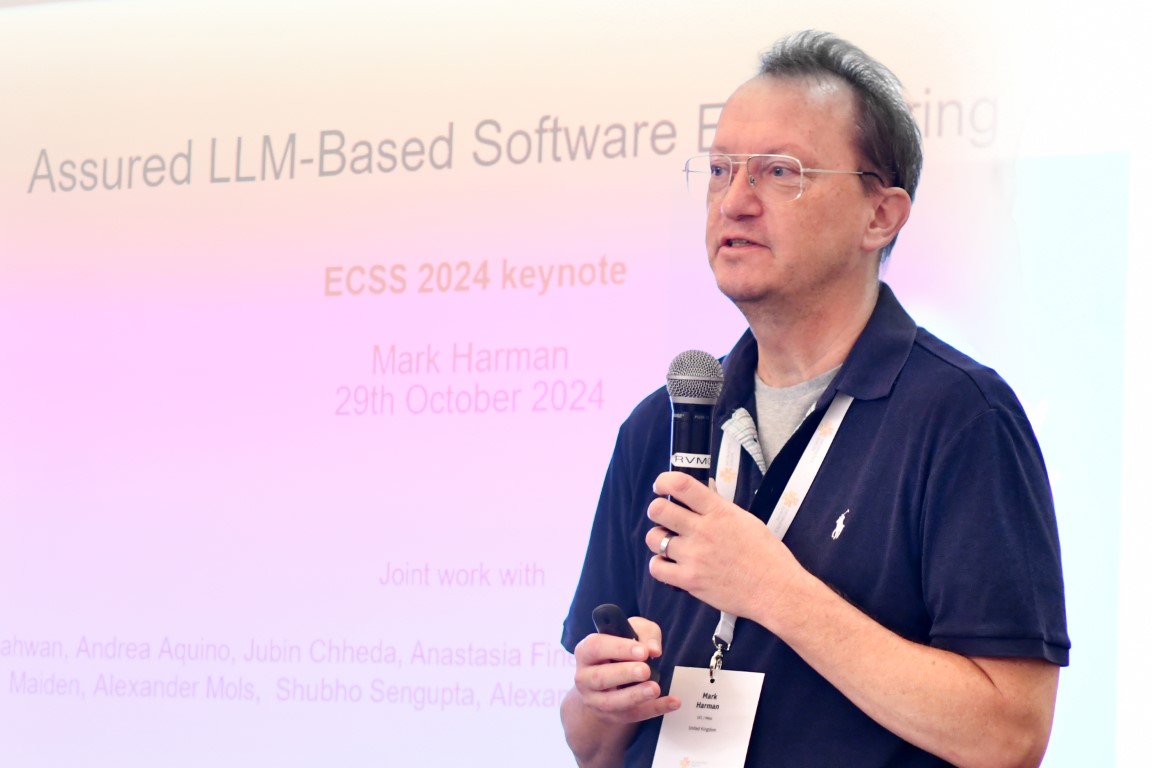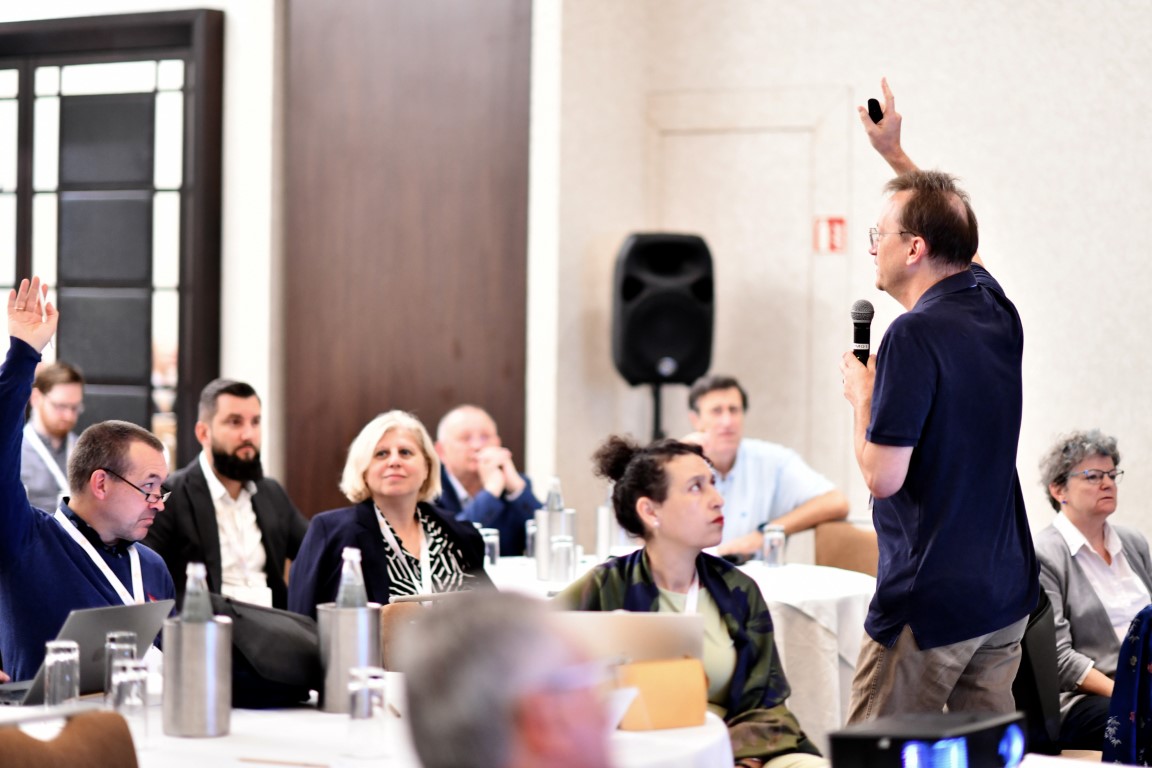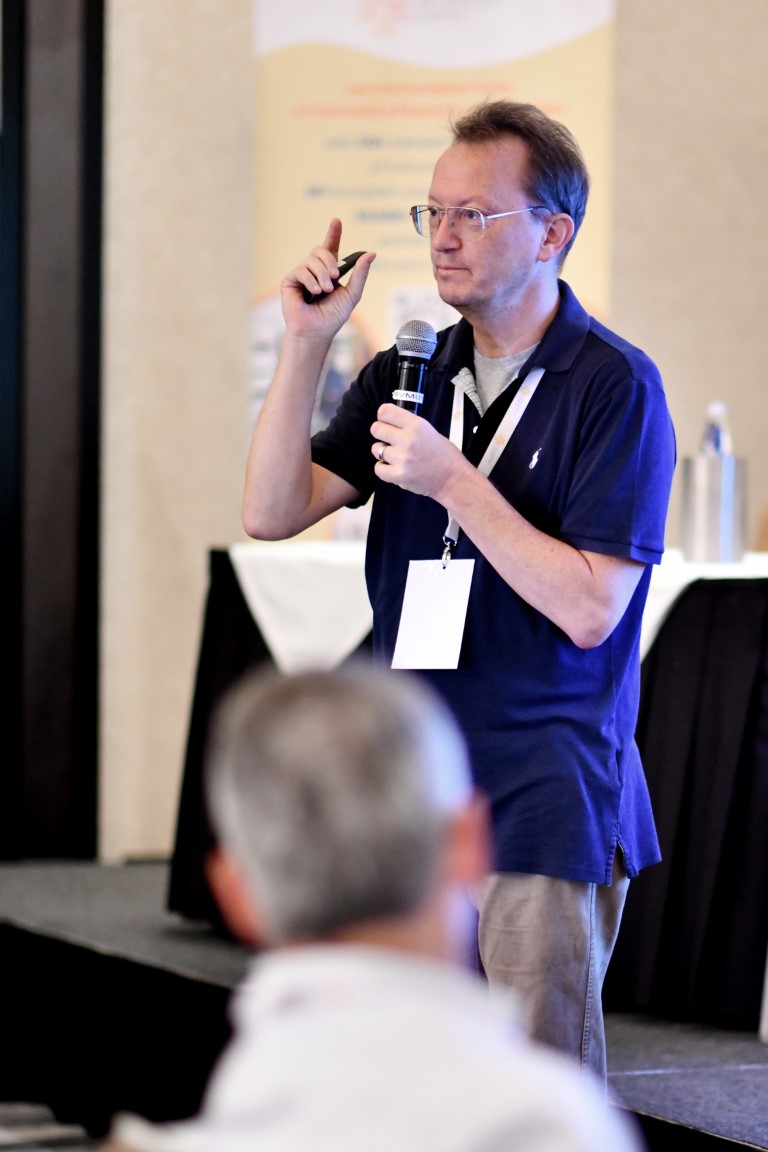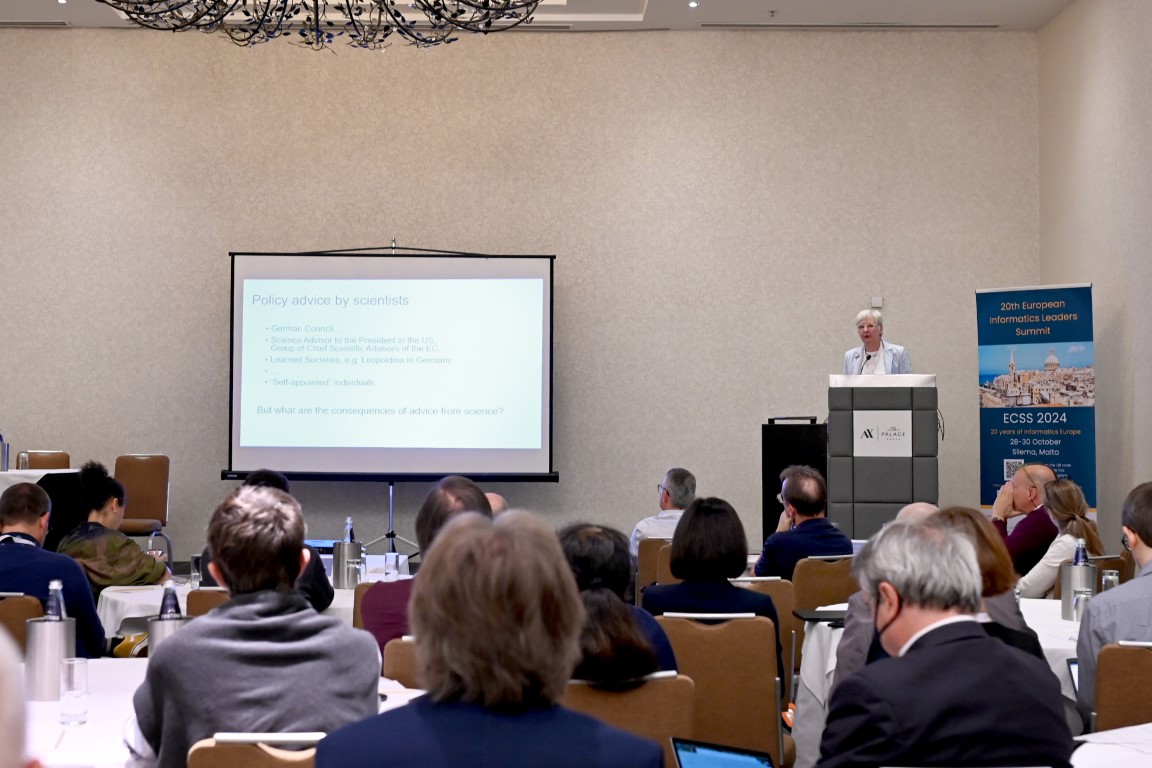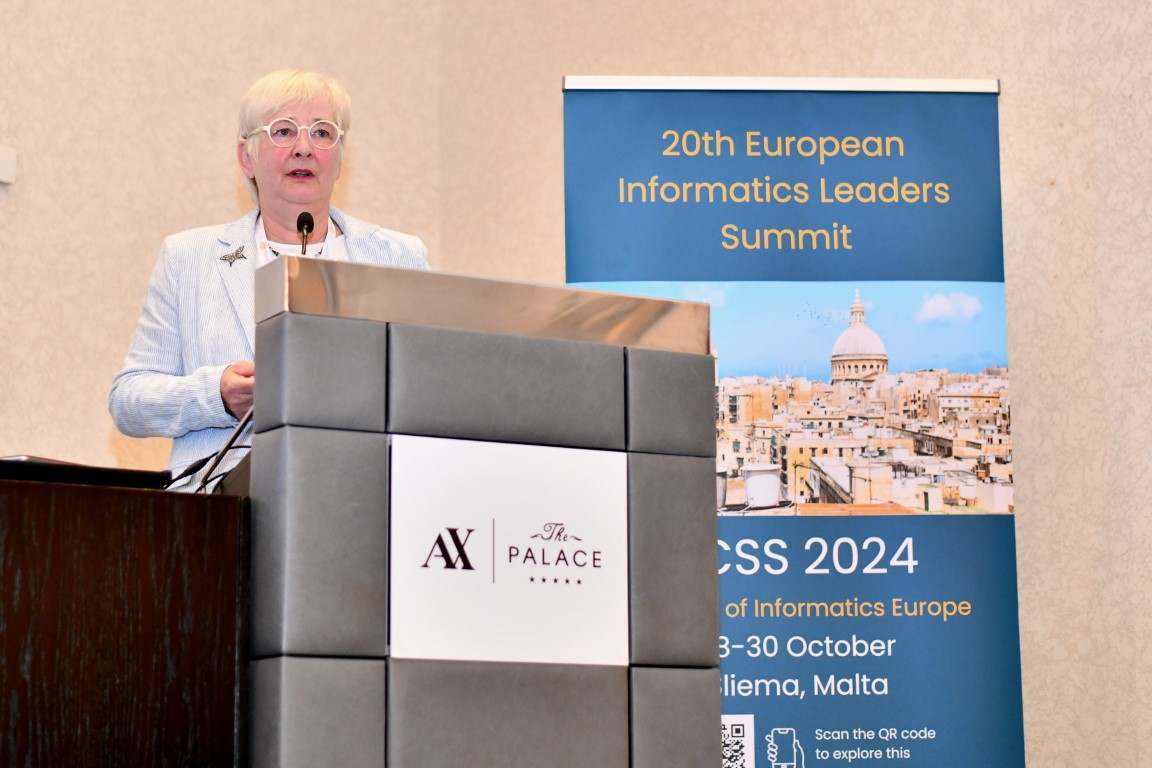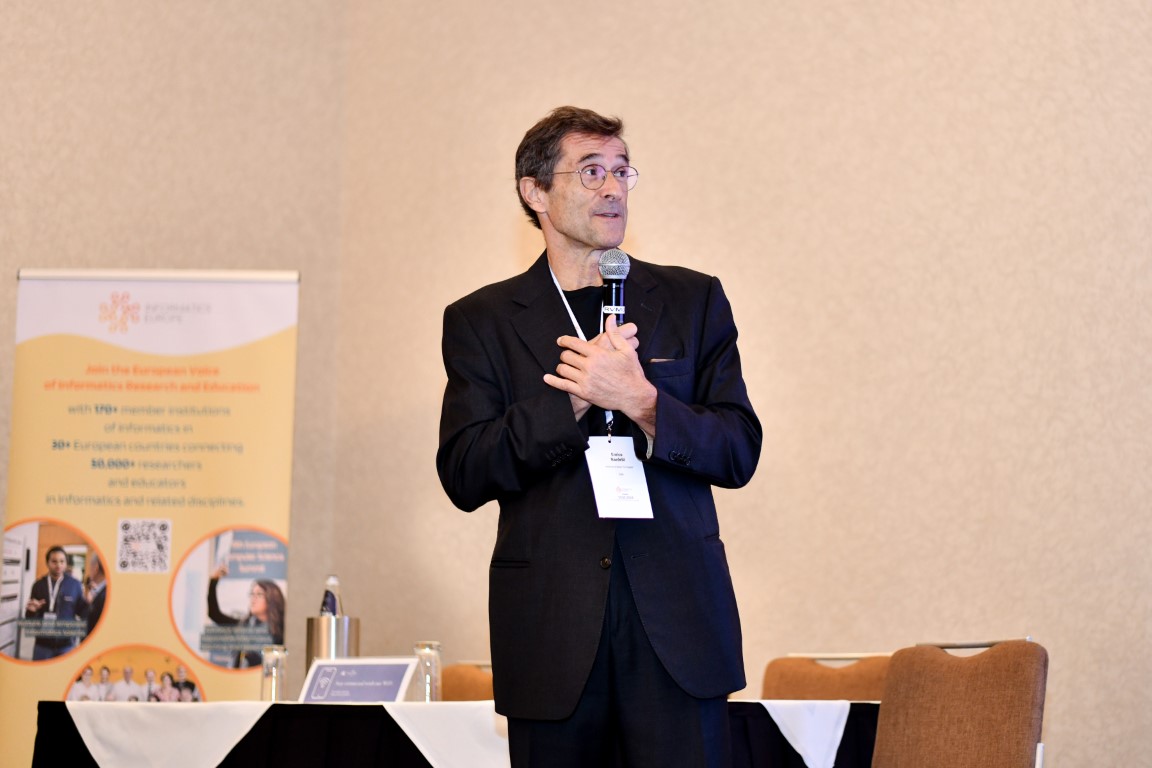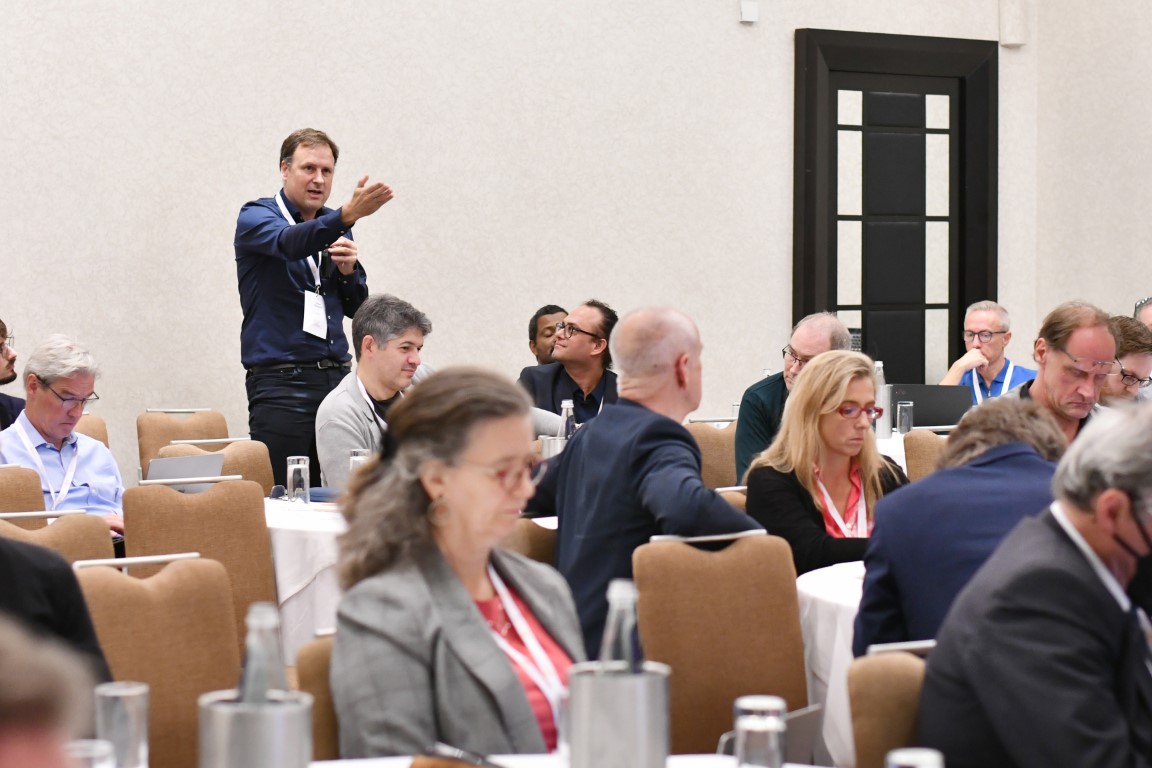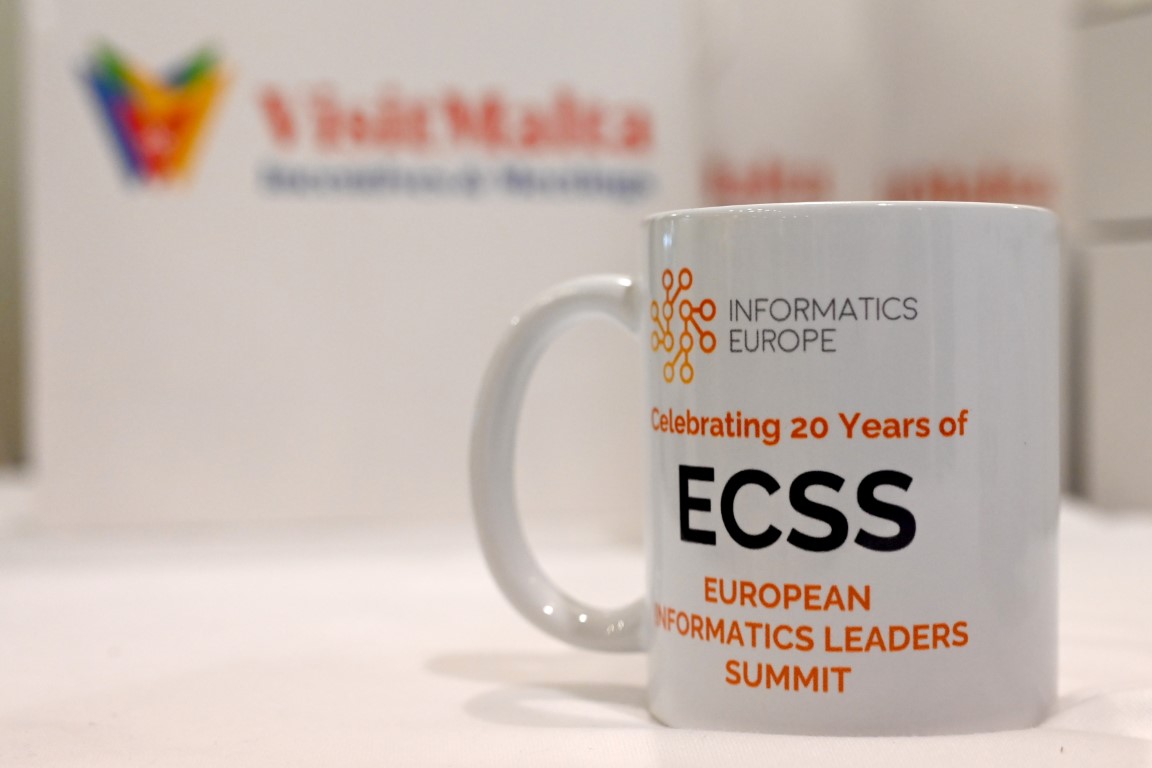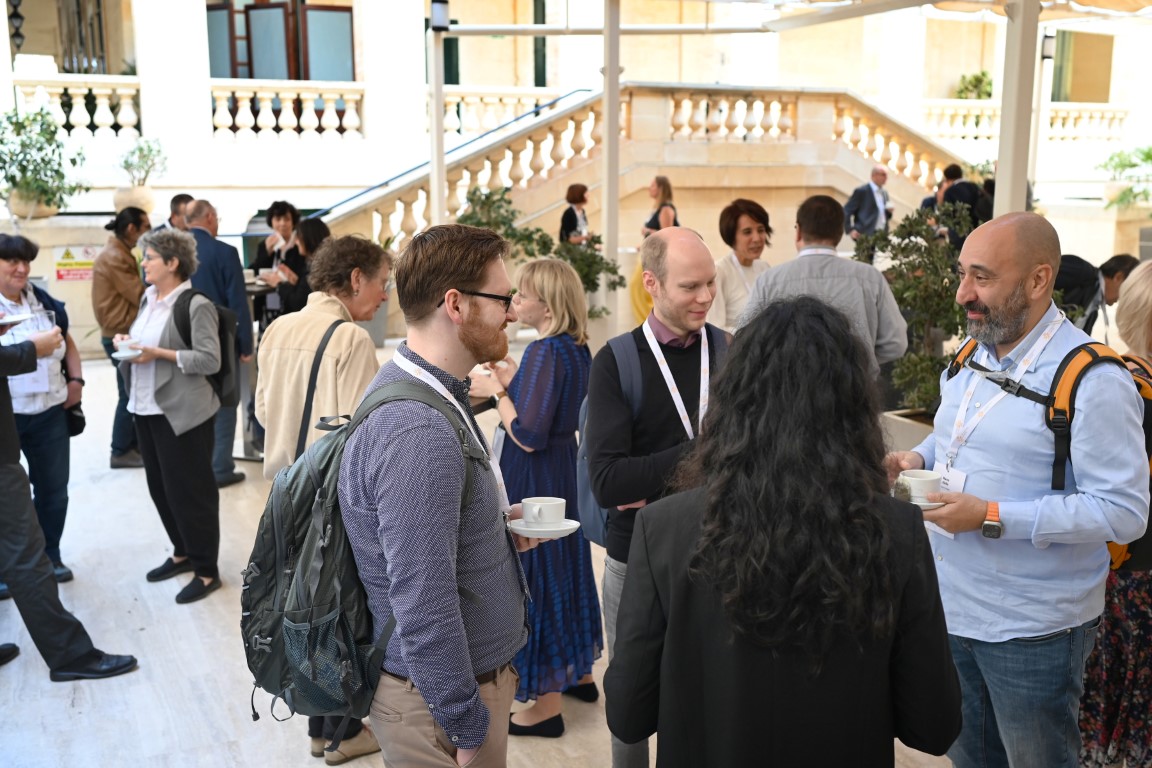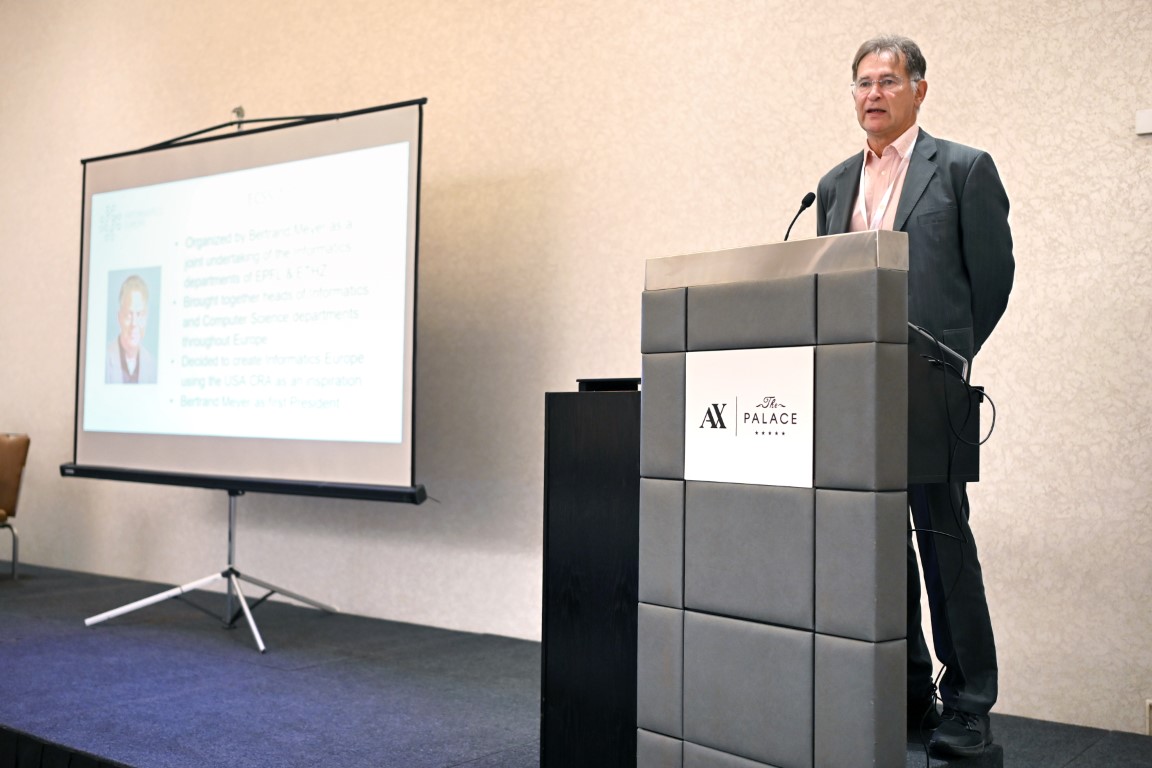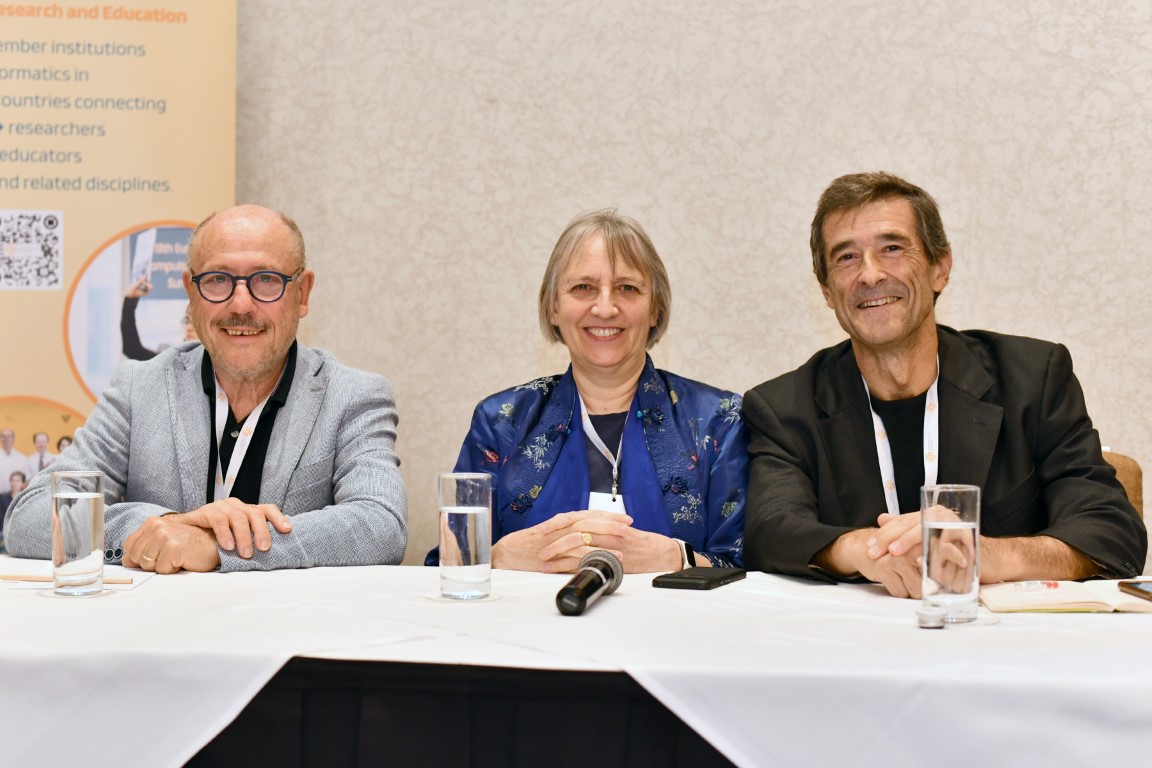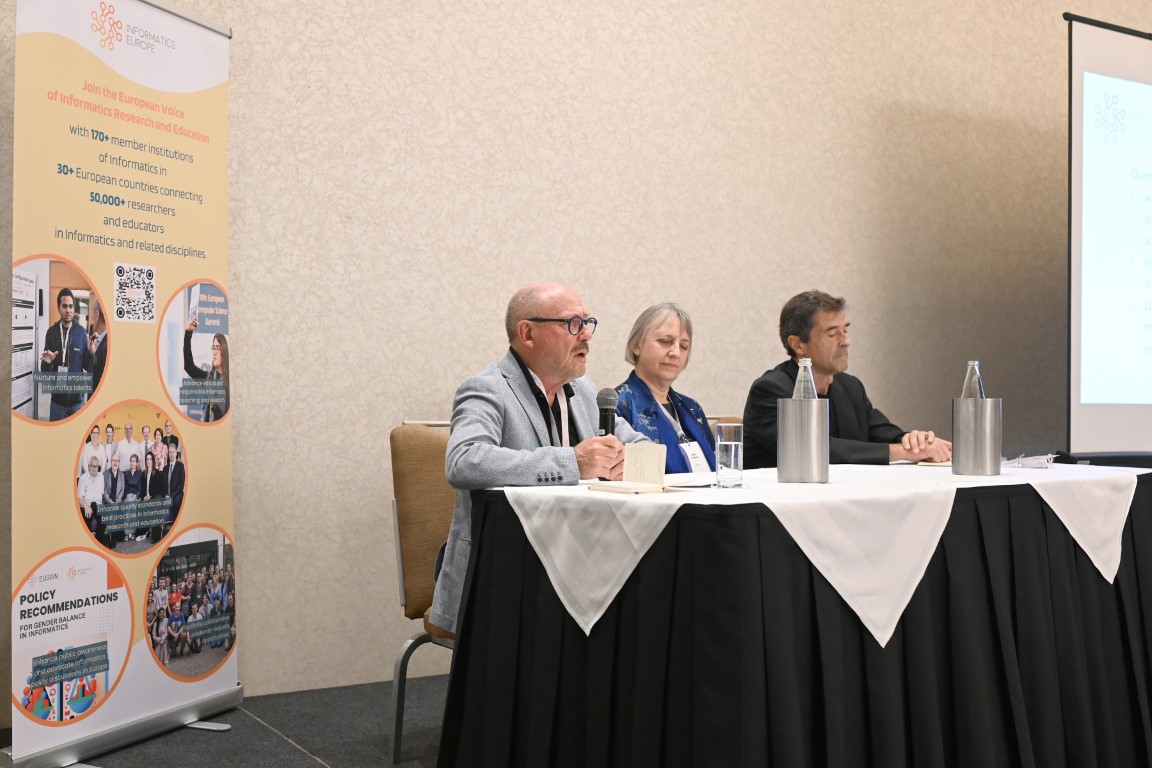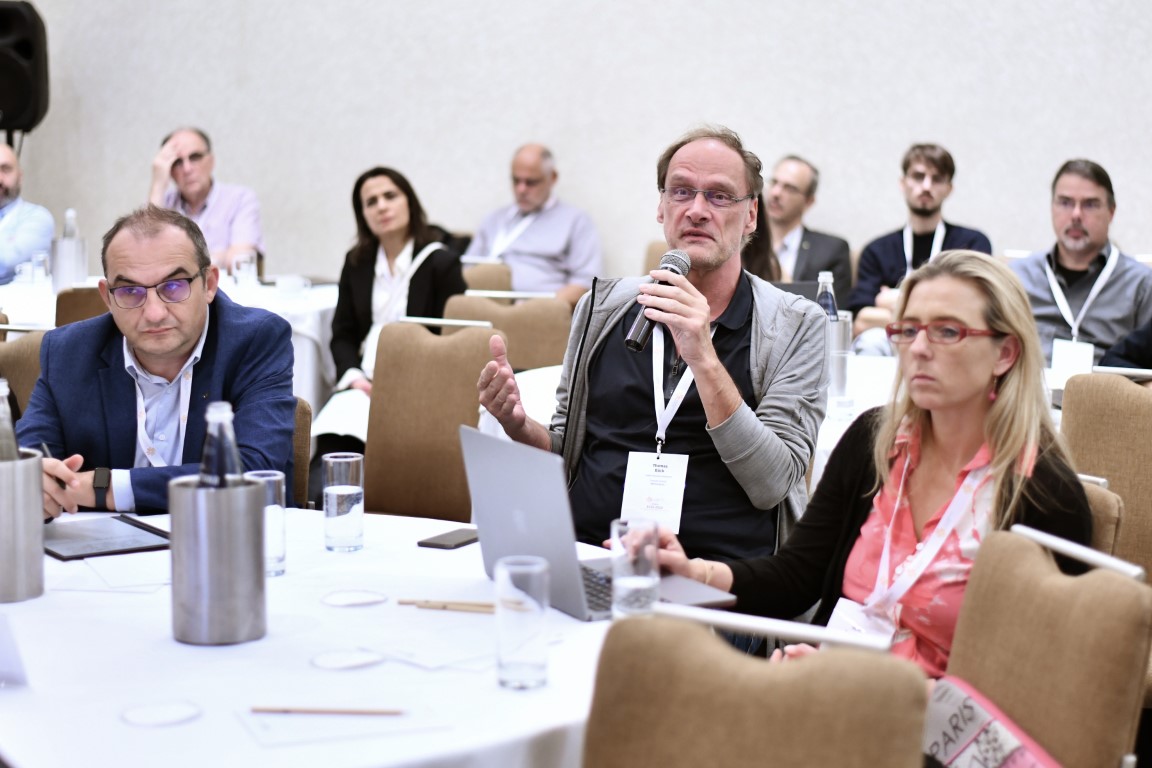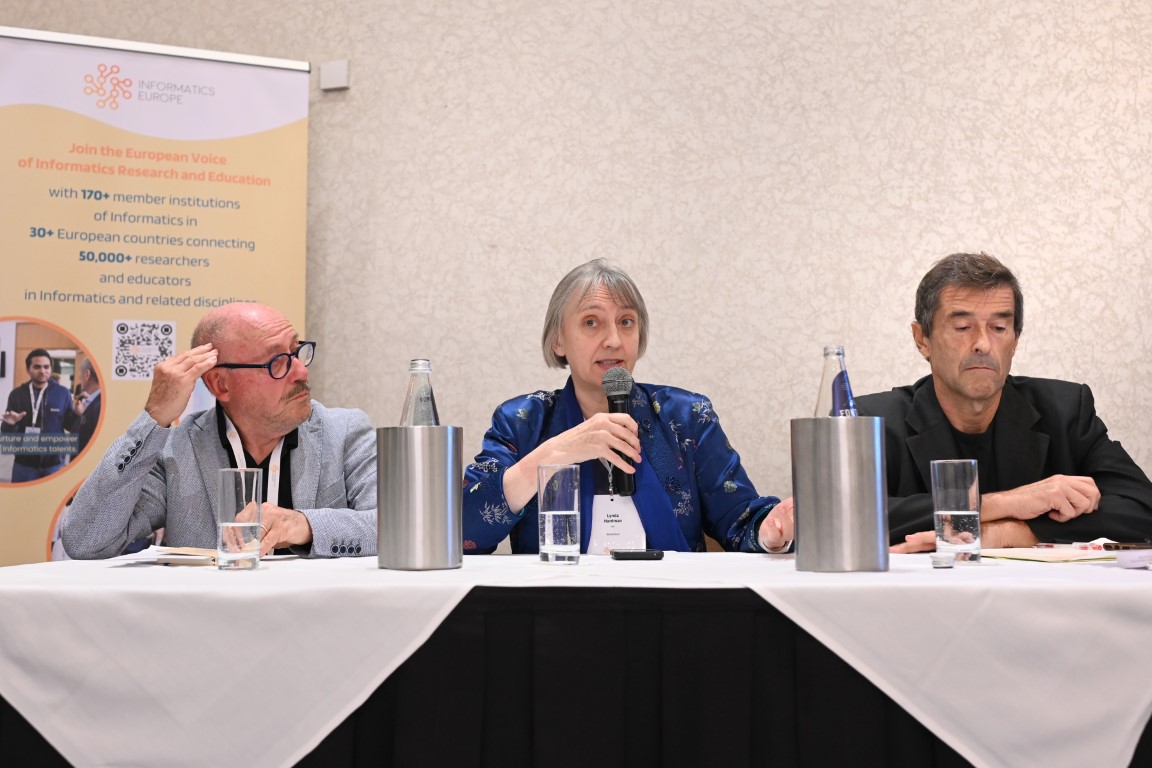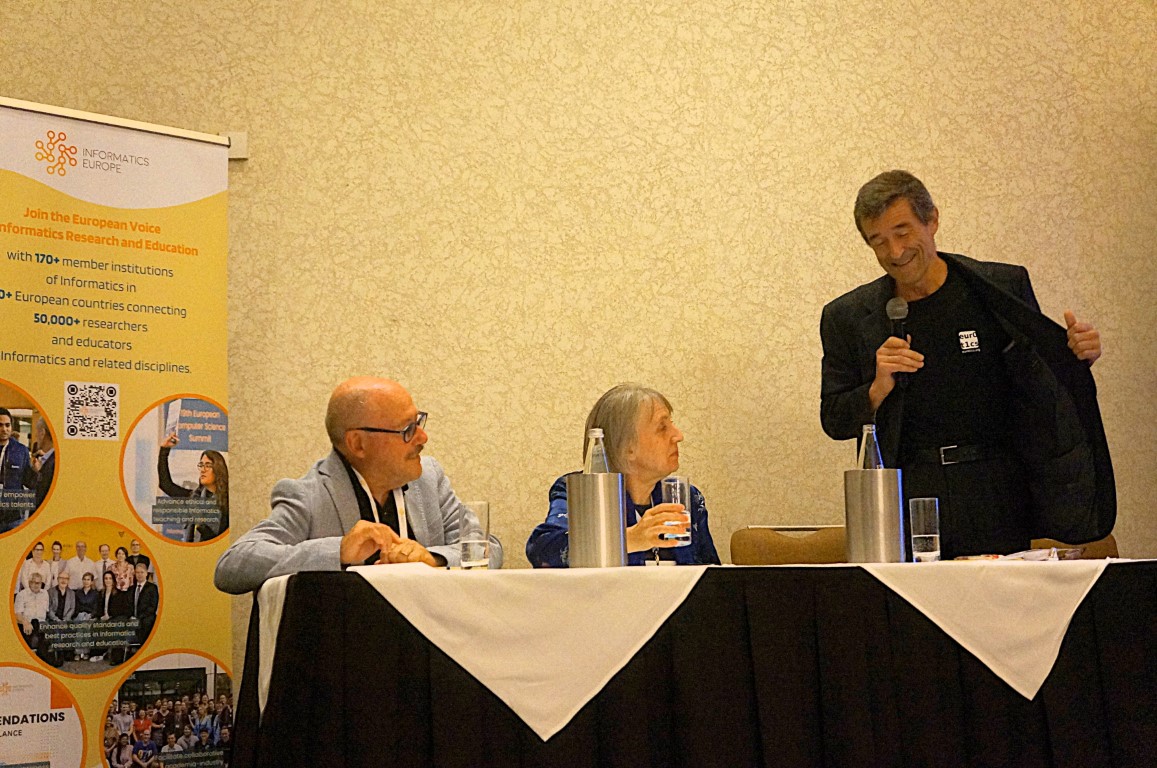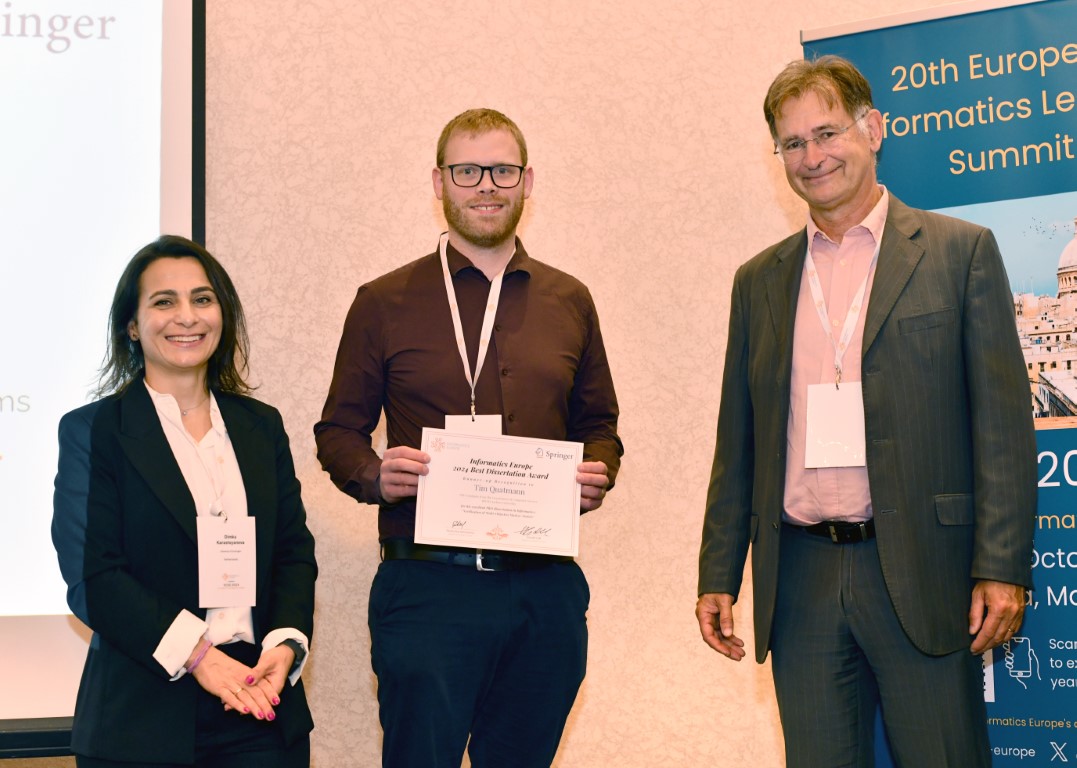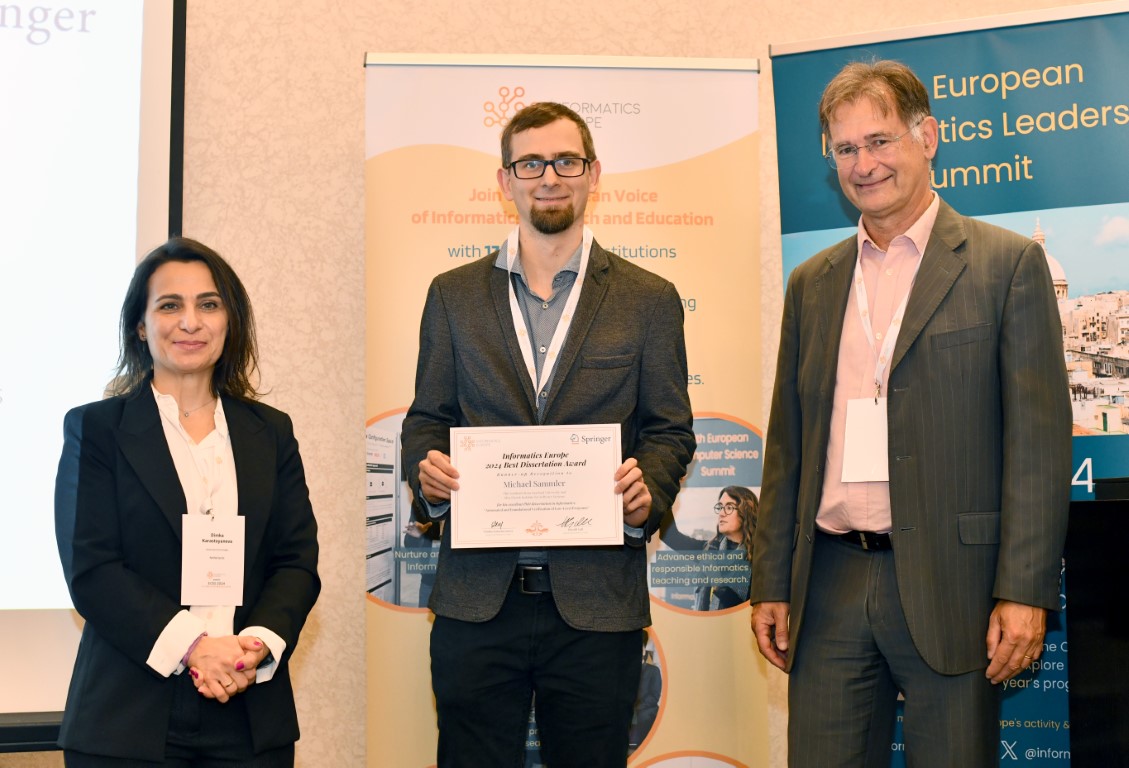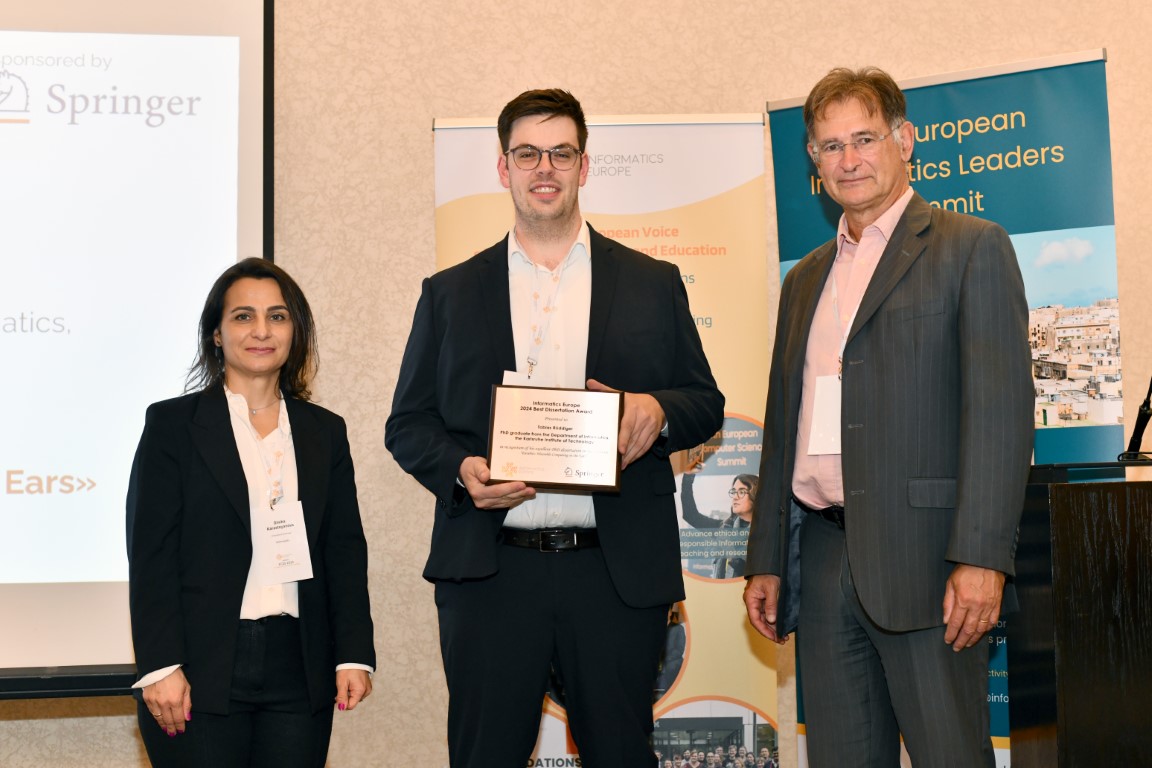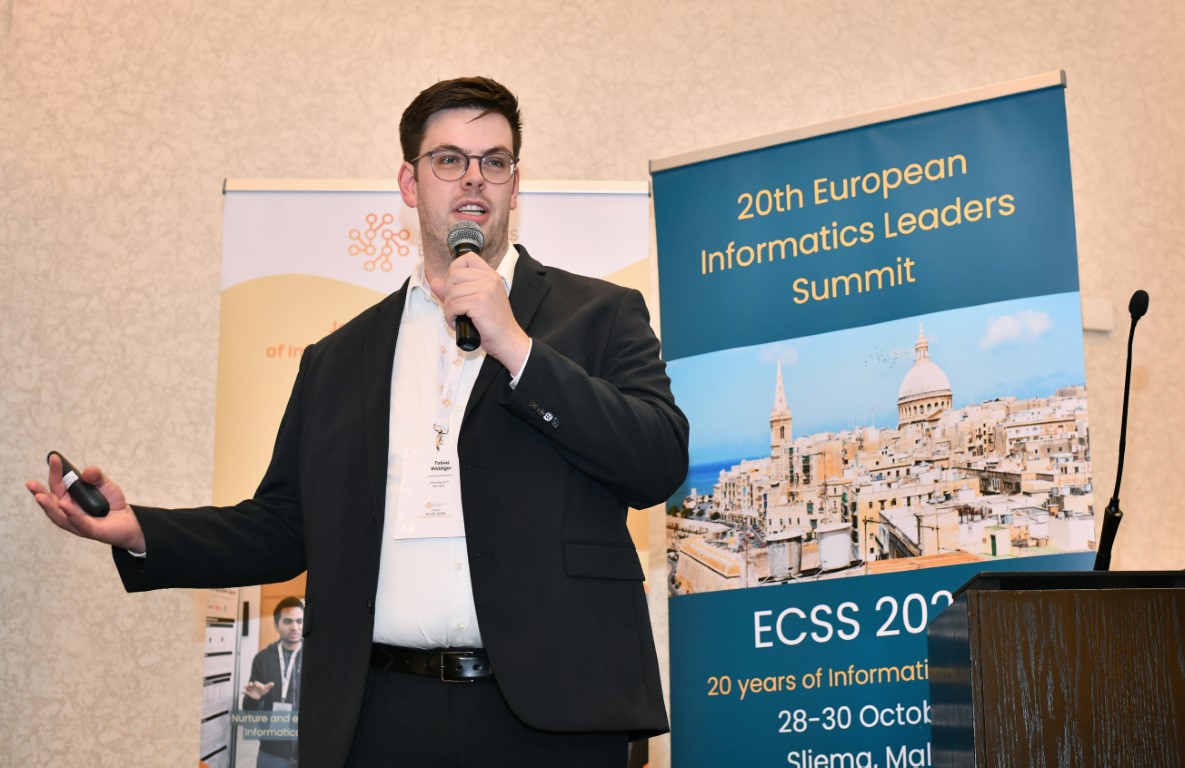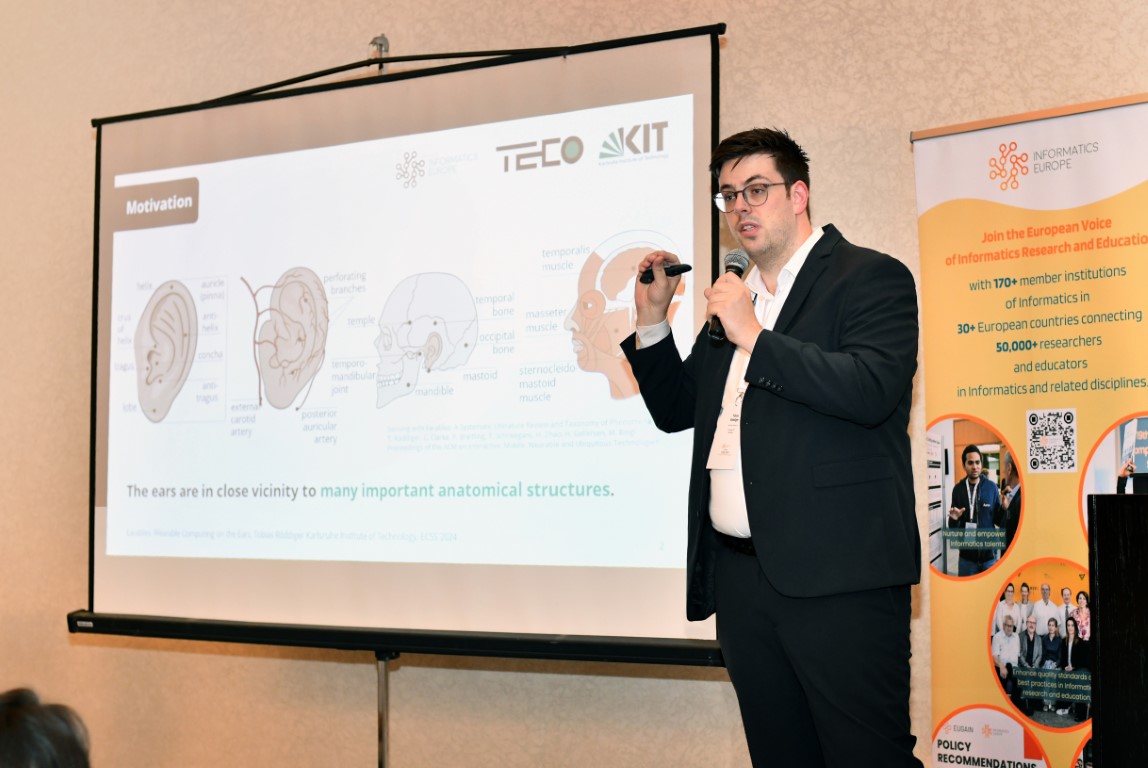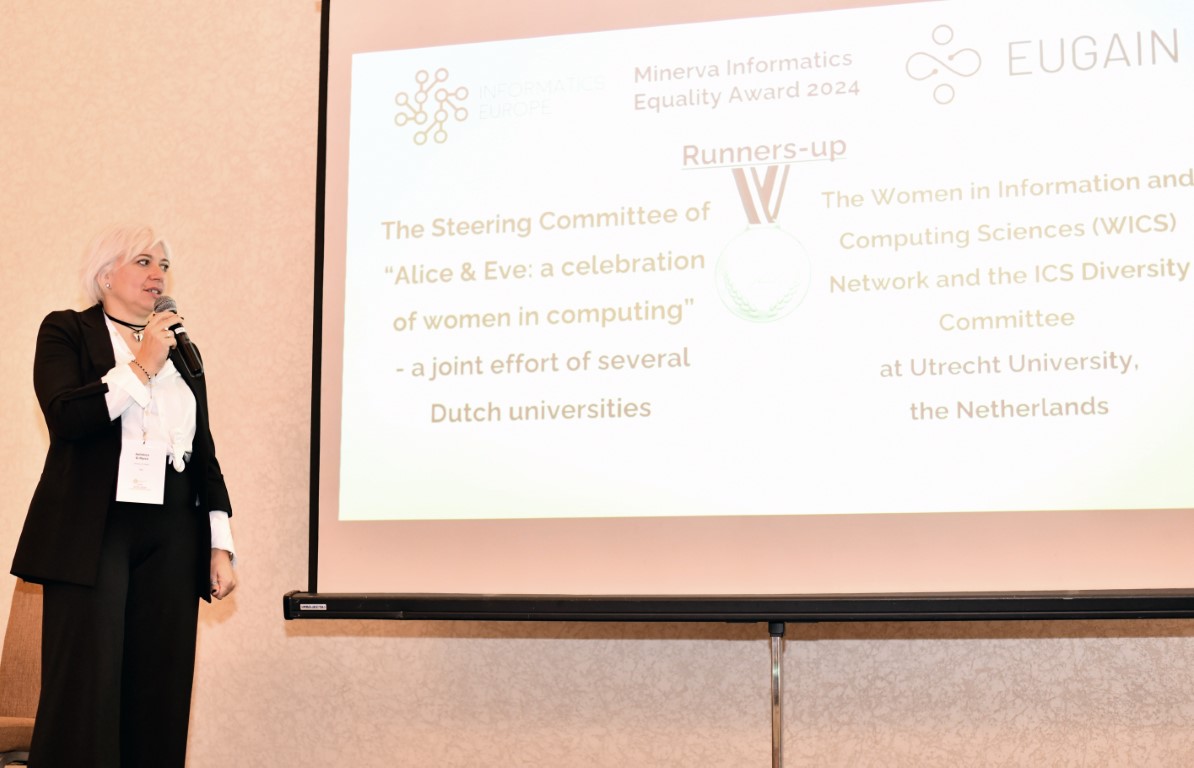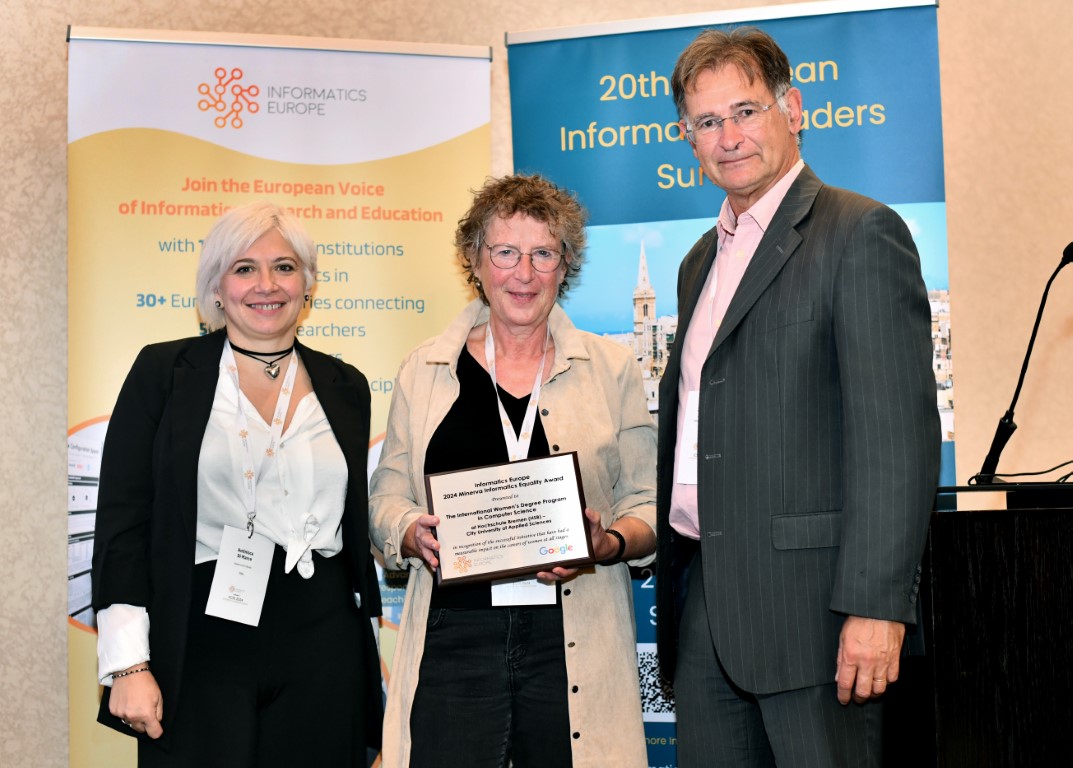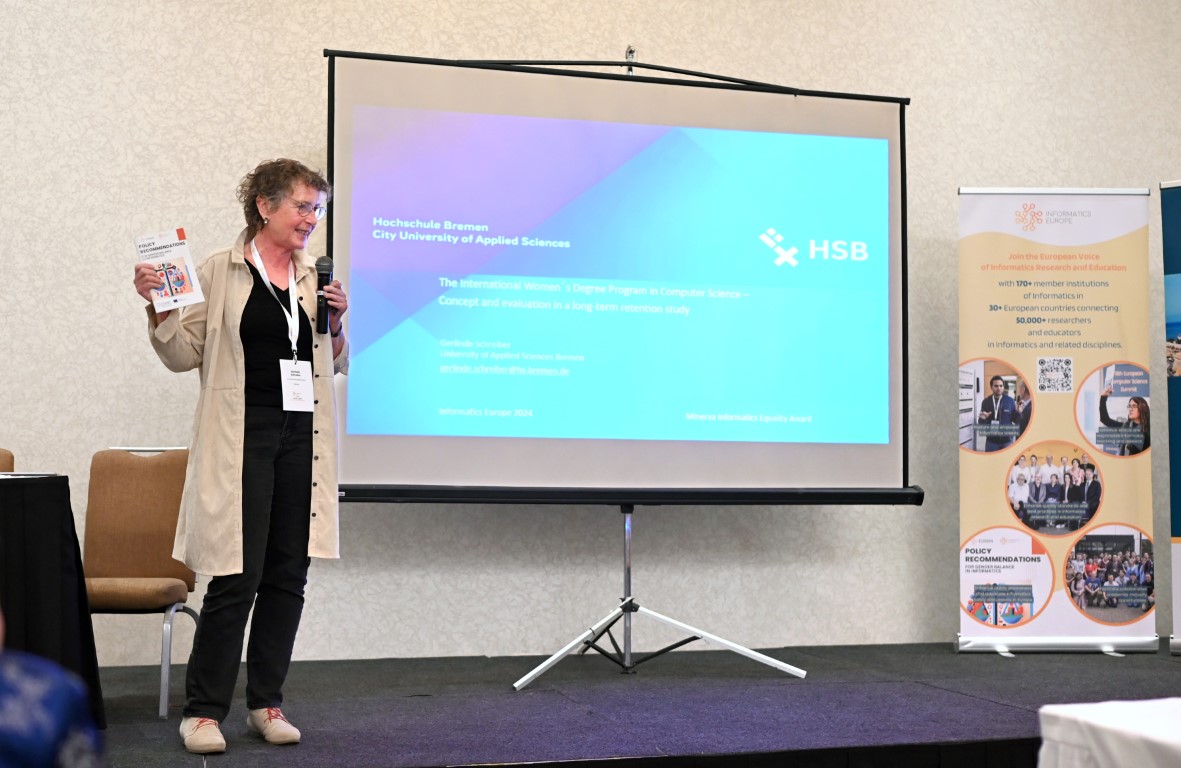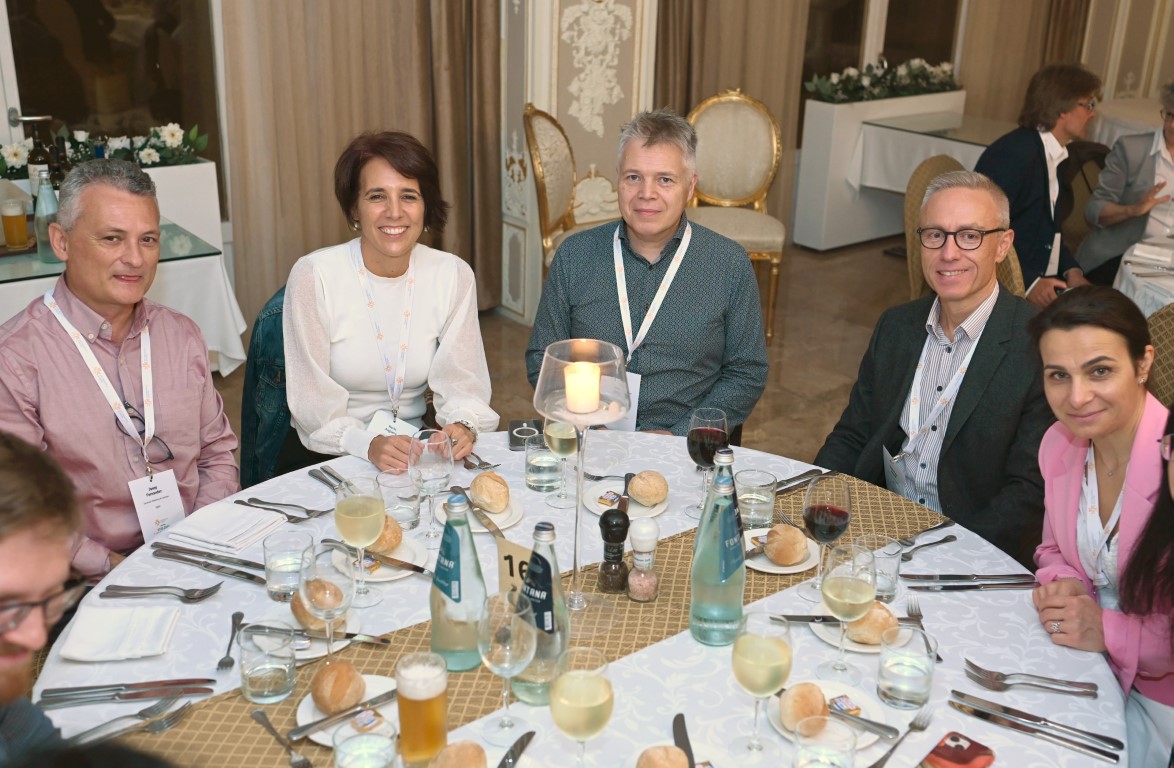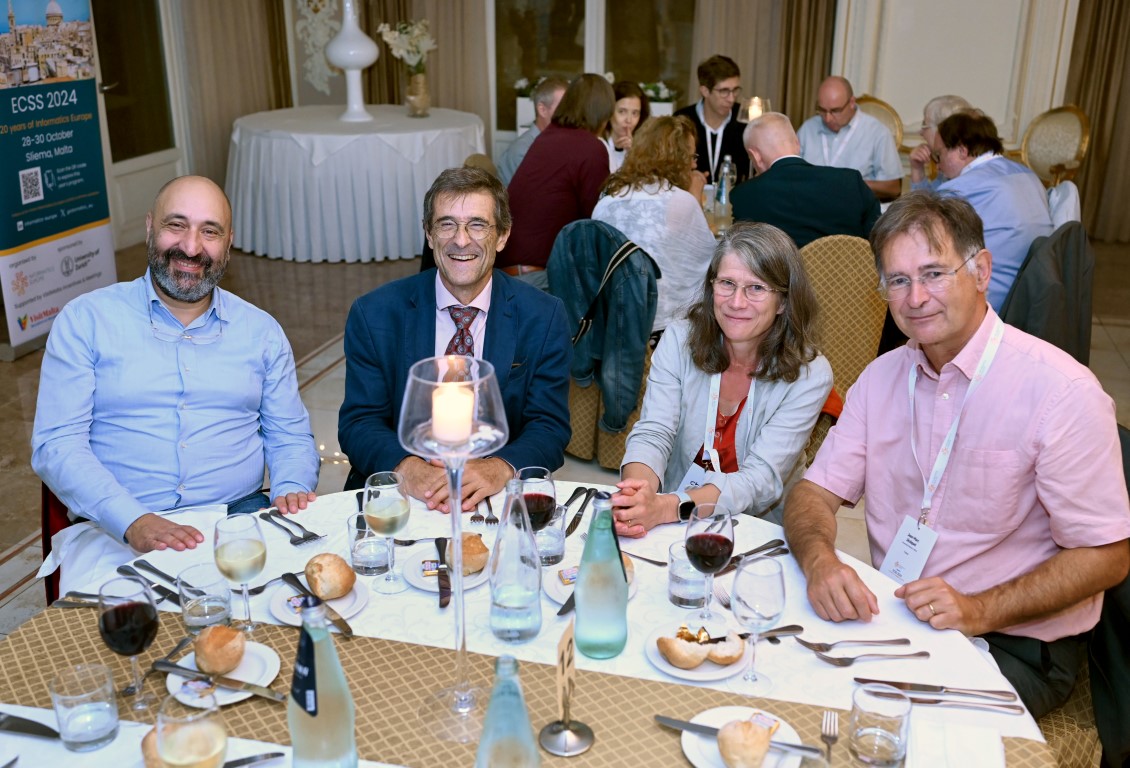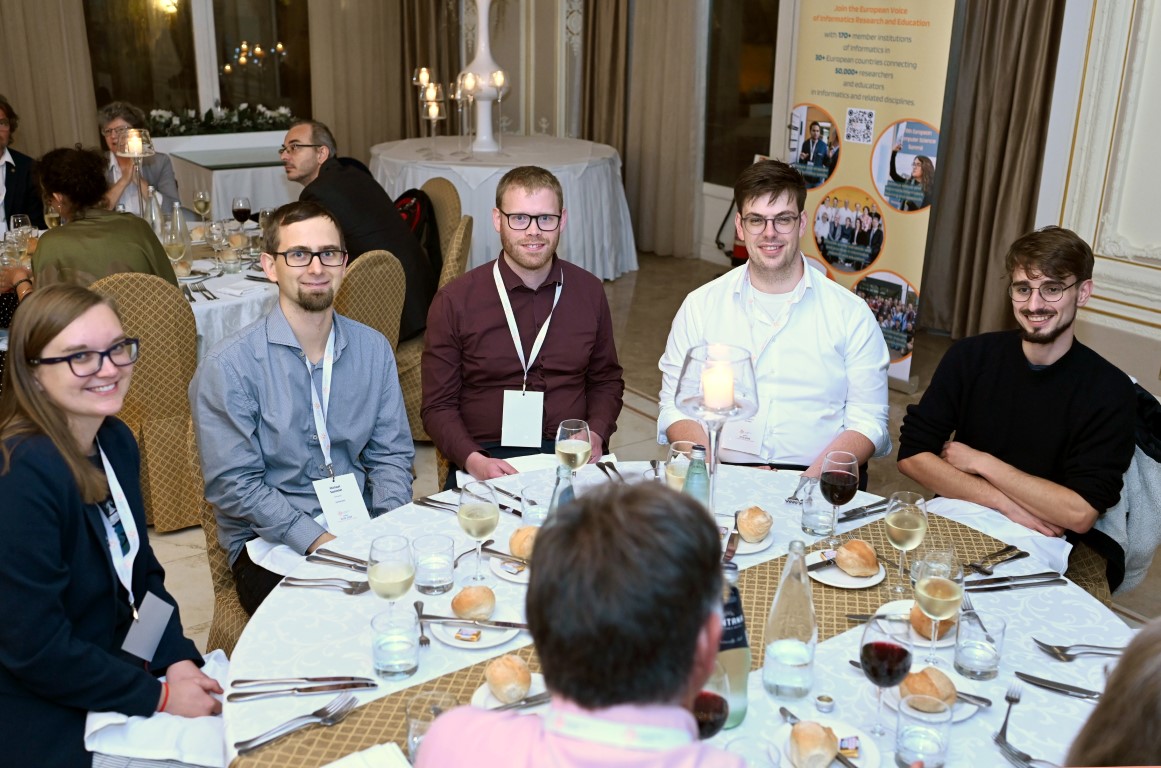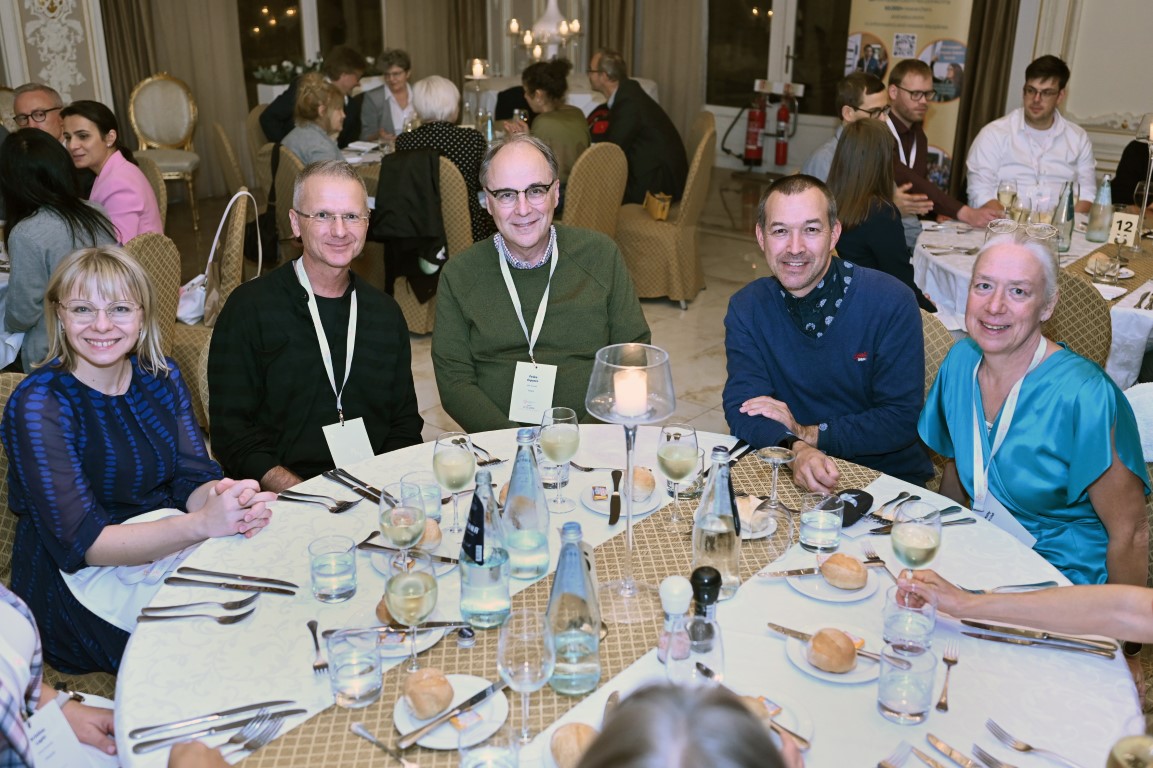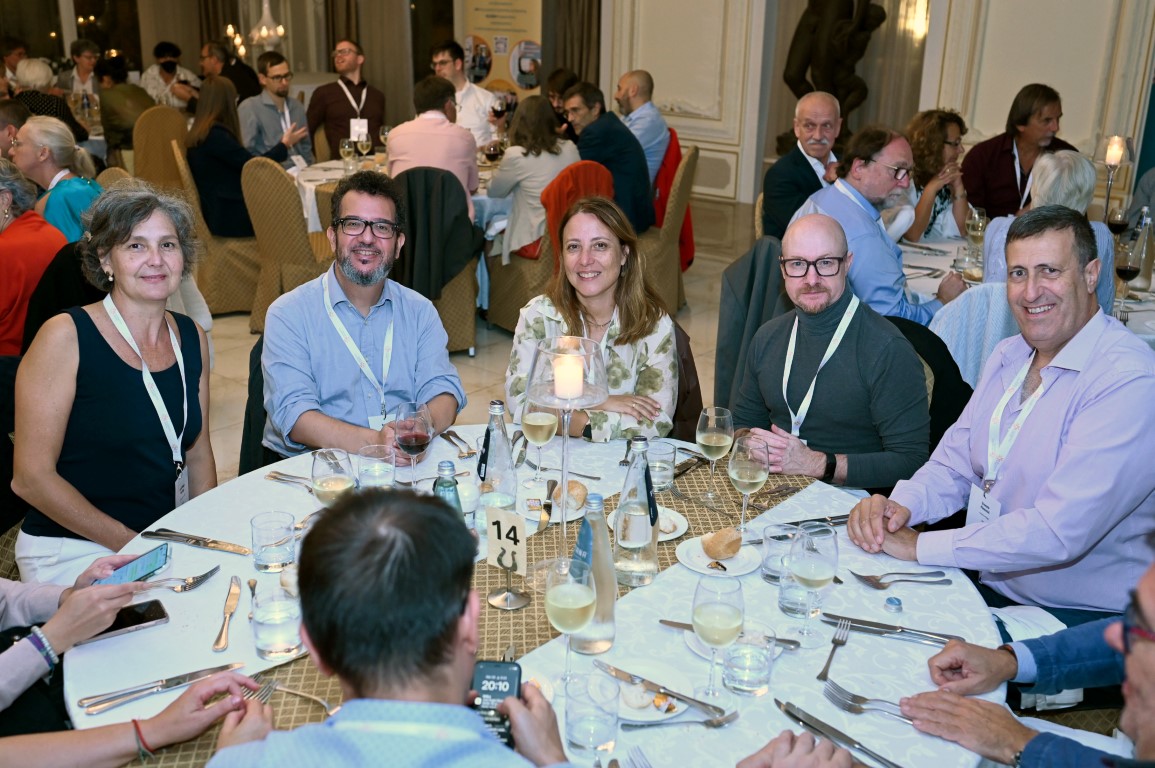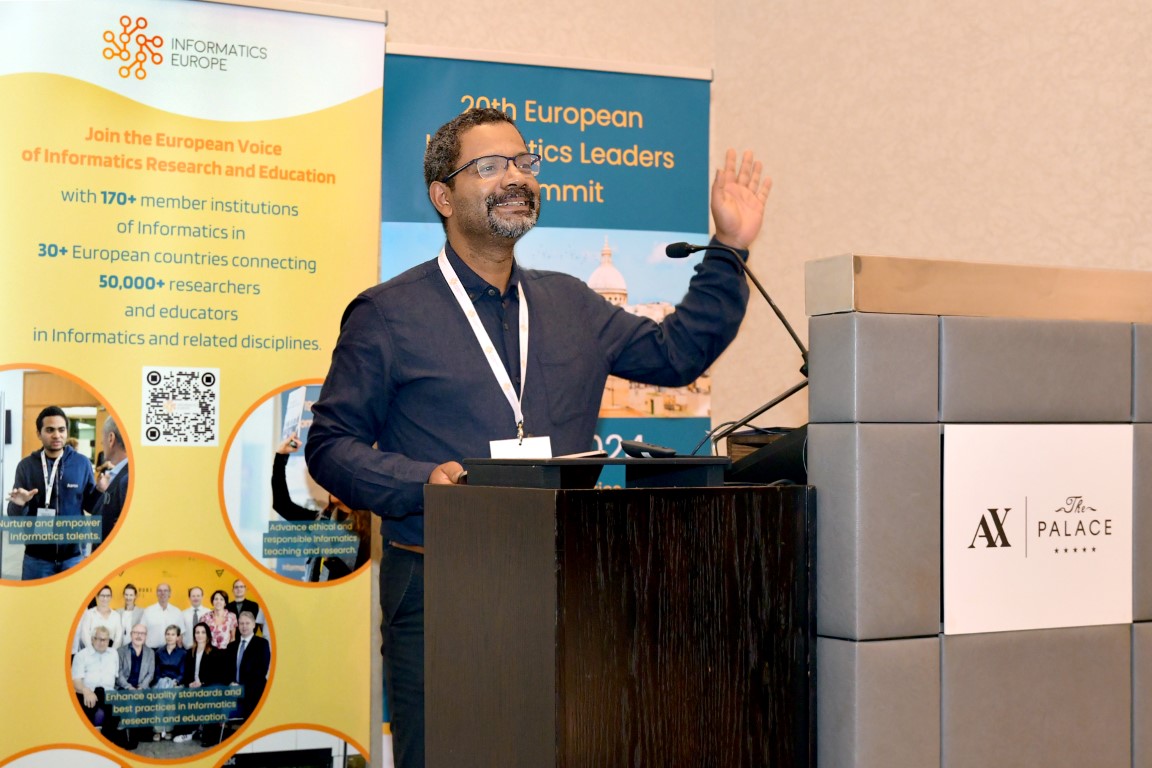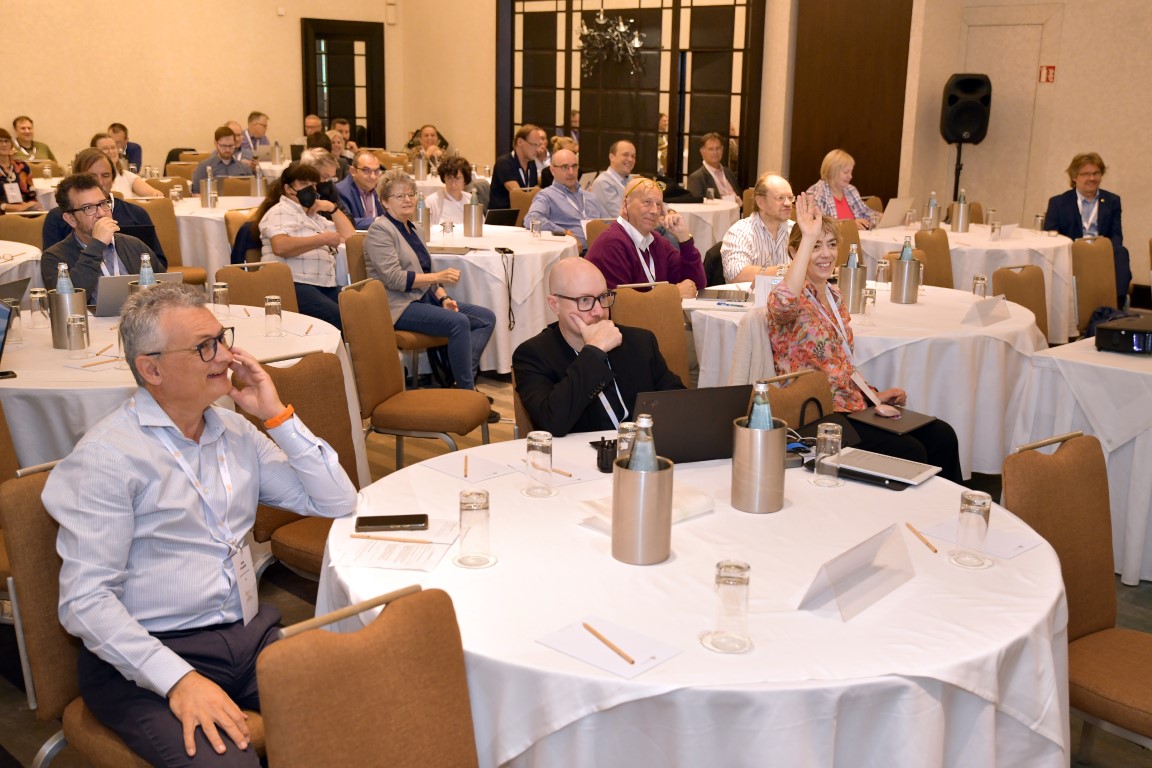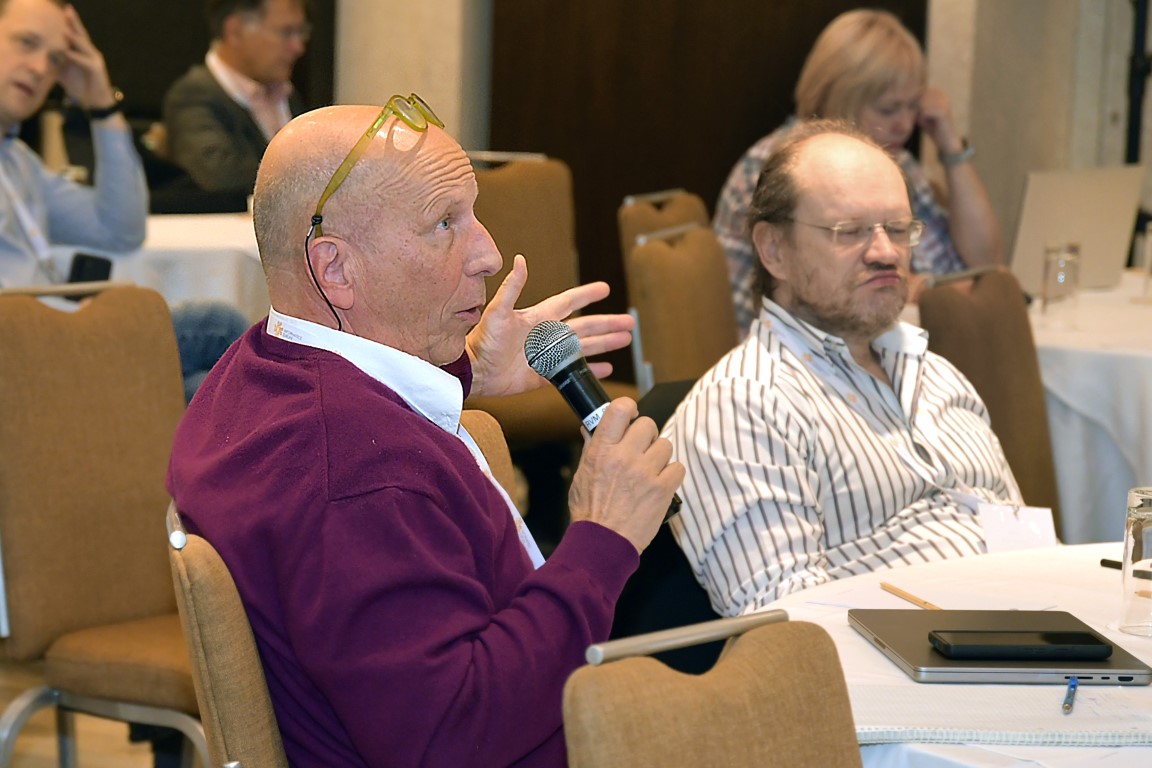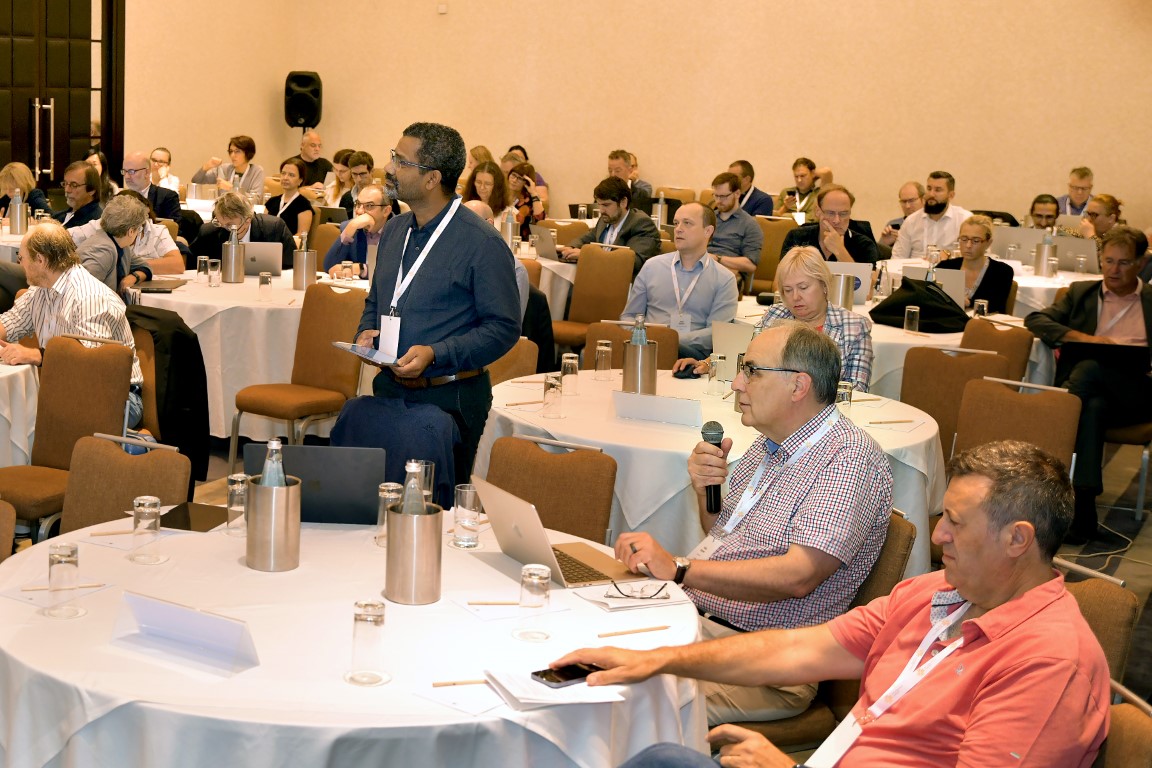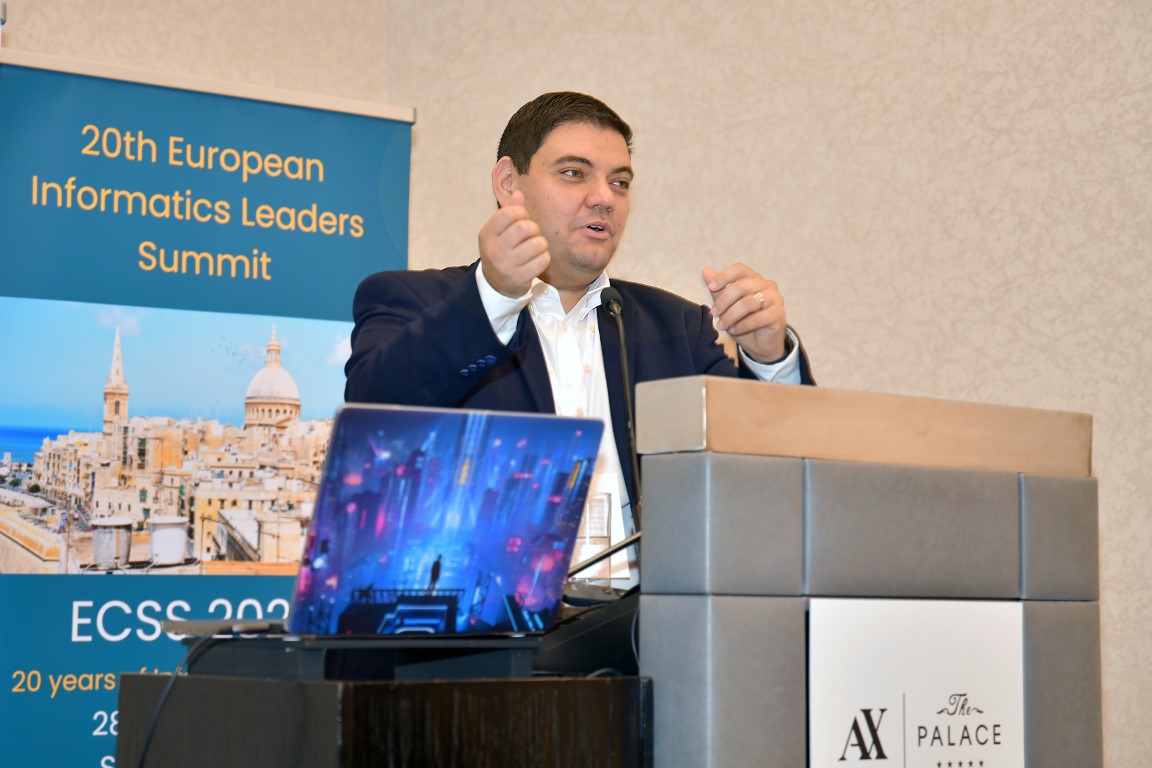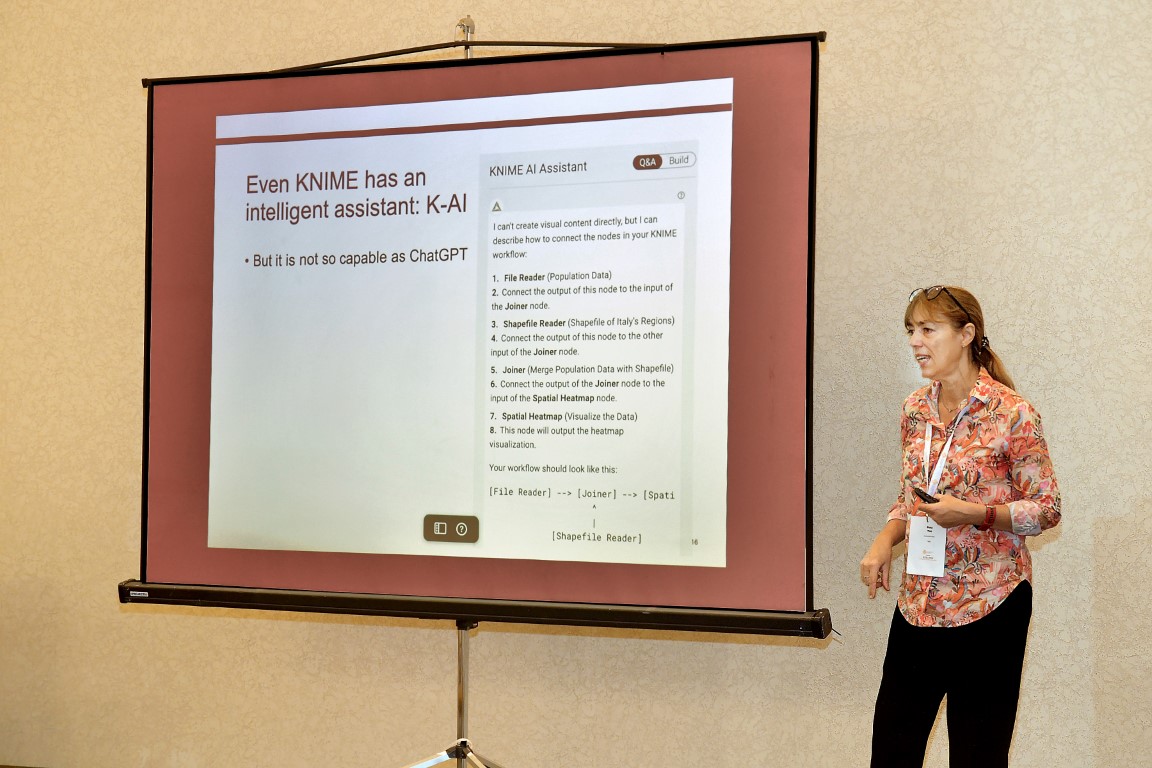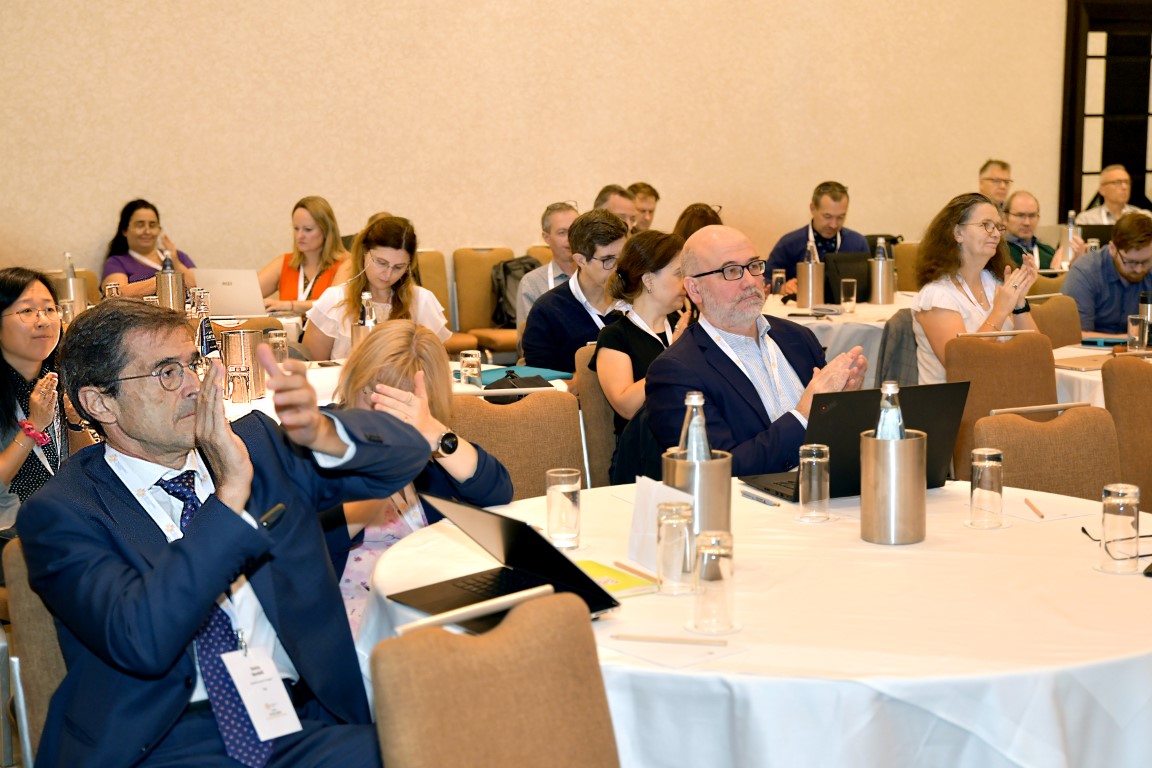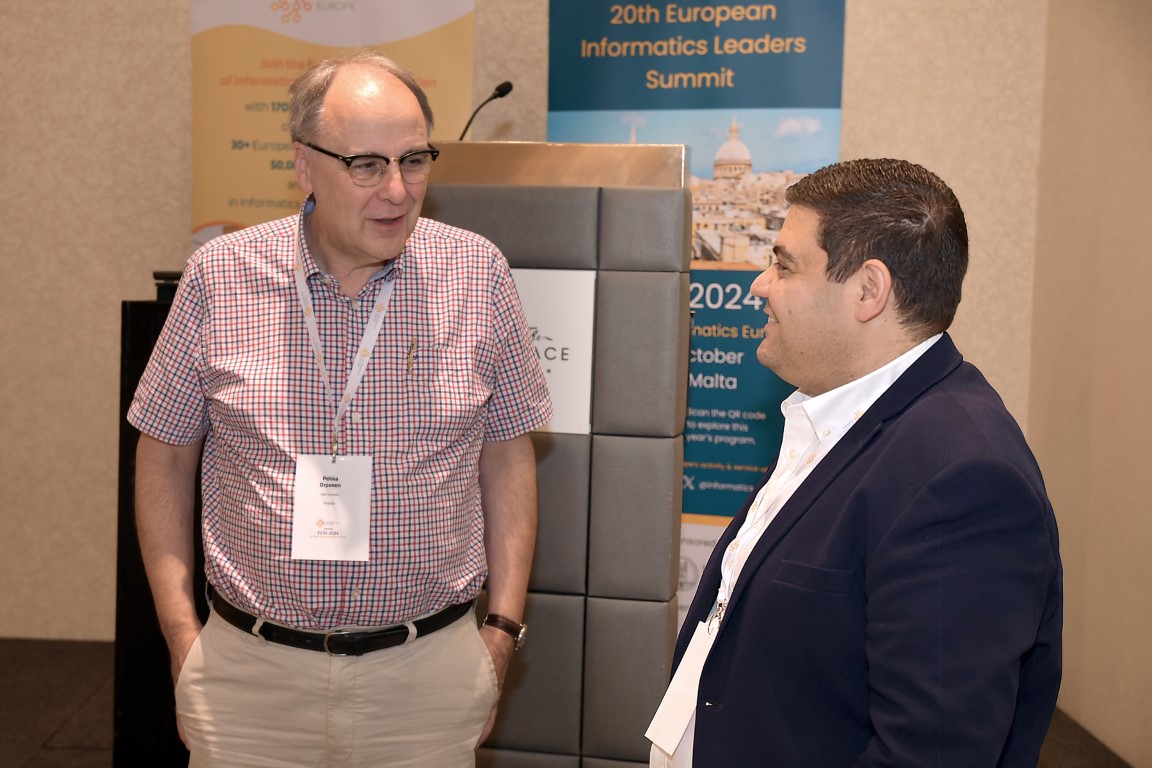ECSS 2024 - Highlights
The 20th European Informatics Leaders Summit (ECSS 2024) took place from October 28-30 in Malta, marking a major milestone in its 20th anniversary. The Summit brought together leaders in informatics, research, policy, and industry.
Ahead of the official opening, a special Informatics Europe introductory session was led by its President Jean-Marc Jézéquel and Executive Director Nuria Anguera, welcoming new members and greeting those interested in revisiting IE's initiatives and membership benefits.
Following this, Conference Co-Chairs Jean-Marc Jézéquel (IRISA/University of Rennes, France) and Enrico Nardelli (University of Rome "Tor Vergata", Italy), officially inaugurated ECSS 2024, launching the full three-day program:
Leaders Workshop
This year, ECSS once again began with the Leaders Workshop, a dedicated session introduced in 2019 for leaders across the Informatics community, including deans, department heads, lab directors, and team-leading researchers.
This year's workshop addressed the growing imperative for Informatics to drive interdisciplinary collaboration across research fields. Three renowned speakers Sasu Tarkoma (University of Helsinki, Finland), Gert Jervan (Tallinn University of Technology, Estonia) and Alessandro Bozzon (TU Delft, the Netherlands) offered insights into this theme from the perspectives of research, education, and sustainability, sparking lively and engaged discussions among participants from over 20 countries. Together, we explored relevant issues, best practices, pitfalls, and the distinctions between mono-, multi-, cross-, inter-, and transdisciplinary approaches — each demanding a unique level of integration and cooperation among fields. The resulting dialogue underscored Informatics’ potential as a key enabler for innovation at the intersections of diverse disciplines, but also some of the challenges emerging when researchers in Informatics are involved in interdisciplinary research, but their work is still evaluated based on the parameters of their monodisciplinary research areas.
To build on these discussions, the workshop chairs will soon release a comprehensive report that will encapsulate the core presentations, key debates, and insights generated. This document will first be circulated among participants for feedback, to be subsequently refined and published as a foundational resource. In the spirit of continuous progress, this initiative aims to evolve into a focused set of guidelines and best practices for conducting interdisciplinary research in Informatics, spanning education, research, and essential societal challenges like sustainability.
By sharing such knowledge and fostering collaboration, IE is committed to shaping the future of interdisciplinary Informatics research and education.
Professional Development Workshop for Early Career Researchers
This year’s ECR workshop featured four dynamic sessions, including talks, discussions, and a poster showcase. Three senior researchers offered practical advice for progressing in academia, covering topics from building a strong CV to embracing interdisciplinary work. Dimka Karastoyanova (University of Groningen, the Netherlands) provided strategies for post-PhD career planning and preparation, while Marco Aiello (University of Stuttgart, Germany) recommended thought-provoking books on topics like the philosophy of science, the science of science, AI’s impact on the job market, and sustainability, all aimed at fostering reflection and broadening research perspectives. Gregor Engels (Paderborn University, Germany) wrapped up by engaging the audience in a discussion on the innovative potential of interdisciplinary approaches, encouraging participants to expand their networks and consider the application context of their research.
After a networking lunch with ECSS attendees, IE Best Dissertation award finalists Tim Quatmann (RWTH Aachen University, Germany), Tobias Röddiger (Karlsruhe Institute of Technology, Germany), and Michael Sammler (ETH Zurich, Switzerland) shared personal insights on successfully completing their PhDs. They highlighted curiosity, mentorship, support networks, resilience in the face of rejection, and strategic career planning as essential success factors. Later, during the Doctoral Symposium, Romain Lefeuvre (Inria, France) presented his research on optimizing software energy efficiency at the application level, sparking a lively discussion on the remaining methodological challenges in his project.
The day concluded with a poster session at the welcome cocktail, where seven participants presented their research and gathered feedback from ECSS attendees. Overall, the day was marked by engaging discussions, practical career advice, and substantial and welcome interest from senior attendees in exploring how institutions can better support early career researchers.
Keynotes Session – “Reflecting on the past and the future of Informatics in Europe”
The keynote session was introduced by a short address from Anne-Marie Sassen, Head of Unit "Programme Managers Office" at European Innovation Council and SME Executive Agency. She outlined her experience in Informatics in Europe involving project officer roles related to software engineering and digitalisation of industry, and currently focusing on deep tech and breakthrough innovation through the EIC. Building on Mario Draghi’s report highlighting the need for Europe to close the innovation gap with the US and China, particularly in advanced technologies, Anne-Marie Sassen presented the EIC Work Programme 2025 focusing on deep tech and breakthrough innovation, particularly in strategic technologies like advanced semiconductors and AI that are most relevant for Informatics Europe’s community.
Mark Harman (Meta Platforms Inc. and UCL, UK), presented his views on "Assured LLM-Based Software Engineering", with a focus on using LLM for unit test generation and improvement. It brilliantly illustrated how academic works can nicely blend into industry and have a major impact on the state of the practice in a large company such as Meta.
Dorothea Wagner (Karlsruhe Institute of Technology (KIT), Germany) then presented a different kind of impactful activity with her talk on "Teaching Politics". Reaching out to policymakers takes a lot of time and effort, and involves a number of pitfalls: different goals and priorities, different understanding of terms, different knowledge. Dorothea Wagner highlighted that our task as scientists is to deal with it, so much that teaching is a main part of our job anyway. She showed remarkable achievements with several recommendations with respect to data-intensive research, sovereignty and security of science in the digital space and training teachers.
Following the keynote presentations, IE President Jean-Marc Jézéquel (IRISA / University of Rennes, France) moderated a panel with past IE presidents Carlo Ghezzi (Politecnico di Milano, Italy), Lynda Hardman (CWI & Utrecht University, the Netherlands) and Enrico Nardelli (University of Rome 'Tor Vergata', Italy), who shared insights on Informatics Europe’s journey, growth, and mission. They highlighted Informatics Europe's distinctive role in uniting and amplifying the voice of Informatics research and academia across Europe, emphasizing the need for sustained collaboration in building and strengthening this voice. The panelists advocated for a European approach to Informatics that integrates technological, cultural, and human values, urging the community to foster interdisciplinary collaboration, resilient leadership, and pan-European initiatives that reflect Informatics’ social responsibility. They concluded by inviting the community to actively promote and embody Informatics Europe's values, sharing its impact within their institutions and broader networks.
Cultivating Diversity: Integrating Inclusive Design into Informatics Education Workshop
Diversity and Inclusion is one of IE main interests. The workshop organized by Dympna O'Sullivan (TU Dublin, Ireland) and Simona Motogna (Babeş-Bolyai University, Romania) was received with great interest with participants from all across Europe.
The first part of the workshop was dedicated to presentations of European projects targeting inclusion and diversity: the Inclusion4EU project was presented by Dympna O’Sullivan and focused of the latest results of the project, discussing the results of the survey related to the awareness and importance of inclusive design as part of Software Engineering curricula. Simona Motogna presented the EUGAIN project, centering the presentation on how the entire Informatics community can use the results and deliverables of the project to address the gender gap in thir communities. Antinisca di Marco from University of L'Aquila (Italy) presented the initiatives targeting gender balance in SoBigData project.
The second part of the session was an interactive session facilitated by Claudia Rivera, Svetlana Hensman and Helen Sheridan from TU Dublin. Participants were divided into small teams and asked, under supervision, to assess the strength and weaknesses of some assistive technology devices, and conducted through co-design to propose solutions for their inclusive usability and functionality.
While the EUGAIN COST Action, initiated by Informatics Europe, concluded successfully in October 2024, workshop participants were invited to join the Diversity & Inclusion Working Group, where active work and community building on informatics D&I continues. Final outcomes of the Inclusion4EU project will be shared through the project webpage and IE’s communication channels in 2025.
Green ICT and ICT for Green Workshop
This year’s workshop on Green ICT at ECSS featured a series of concise talks from leading European experts, culminating in a panel discussion with interactive public engagement. Key insights and takeaways offer a roadmap for those eager to drive sustainability in Informatics.
Rafael Capilla (Rey Juan Carlos University, Spain) underscored the importance of selecting the right metrics and KPIs to effectively evaluate and manage energy use within complex software systems. Brian Keegan (TU Dublin, Ireland) addressed data center management challenges, highlighting the lifecycle concerns of outdated infrastructure and the future energy demands. As an example, he illustrated how Ireland’s data centers could soon consume up to a third of the national energy supply, shifting even more its identity from Europe’s “green country” to the “data center of Europe.” Turning to system design, Mikkel Kjærgaard (University of Southern Denmark, Denmark) shared insights and examples on energy-efficient engineering, cautioning that intuition often misguides where energy drains occur, thus requiring precise design thinking of strategic power load placement. Monica Vitali (Politecnico di Milano, Italy) focused on sustainable software practices, noting that service quality improvements can sometimes compromise sustainability goals. Sebastian Werner (TU Berlin, Germany) further expanded on this by examining system variability’s impact on energy unpredictability. His research compared architectural models, showing that monolithic structures, while challenging to scale, can be more energy-efficient than modern microservices architectures, prompting a reflection on system architecture in sustainability efforts.
In the discussions following these presentations, several critical themes emerged. It’s clear that energy efficiency and sustainability are becoming core priorities also in Informatics. However, unresolved tensions persist—between sustainability and profitability, sustainability and quality of service, and sustainability and its measurement. While these tensions may not have immediate solutions, they mark essential areas for further research and collective action.
The community is invited to engage in these ongoing discussions and join IE's Green ICT working group to collaborate on sustainable computing solutions, balancing environmental responsibility with technical advancement.
Awards Ceremony
During each ECSS, we celebrate institutions, teams and individuals who have outstanding contributions and performances in the field of Informatics.
This year, we were delighted to announce at our award ceremony that Tobias Röddiger, a PhD graduate from Karlsruhe Institute of Technology (Germany) won the 2024 IE Best Dissertation Award (BDA), with two runners-up Tim Quatmann, PhD graduate from RWTH Aachen University (Germany) and Michael Sammler, PhD graduate from Saarland University and Max Planck Institute for Software Systems (Germany).
In collaboration with COST Action EUGAIN, the IE 2024 Minerva Informatics Equality Award (MIEA), sponsored by Google, acknowledged efforts and dedication from initiatives that support women in Informatics education and research. This year we celebrated the winner "the International Women´s Degree Programme in Computer Science" at Hochschule Bremen – City University of Applied Sciences (Germany), and two runners-up:
- the Steering Committee of “Alice & Eve: a celebration of women in computing” initiative;
- the Women in Information and Computing Sciences (WICS) network and the ICS diversity committee at Utrecht University.
For further details on the work of this year’s winners or previous years’, please explore our BDA & MIEA webpages.
Informatics Education Workshop
This year's Workshop constituted an important milestone in an ongoing IE project to produce a report on Academia/Industry Collaboration in Higher Education. The report will summarise the status quo of collaboration practices across Europe, highlight best practices, and present recommendations for industry and university departments.
The workshop aimed to scope the report, collect and discuss topics for inclusion, start up a work process, and present an opportunity for conference participants to join the project.
Six topics were highlighted in short presentations:
- "Recommendations of the GI for Conducting Student Thesis Papers in Industry" by Jan Vahrenhold for Jörg Desel, German Informatics Society (Germany)
- "What is an Industrial PhD in Spain? - Rules and Regulations for Doctoral Studies in Spain" by Ana Belen Gil, University of Salamanca (Spain)
- "Industrial Guest Lectures - Reflections on Experiences" by Kim Mens, Université catholique de Louvain (Belgium)
- "Capstone Projects" by Jan Vahrenhold, University of Münster (Germany)
- "Advisory Boards - Case Study: King's College London Informatics Department" by Michael Kölling, King's College London (UK)
- "Case Study: Software Innovation Campus Paderborn" by Gregor Engels, Paderborn University (Germany)
The presentations were followed by lively discussions of individual topics and a collection of suggestions from workshop participants. Perspectives were expressed from a number of different kinds of institutions and stakeholders.
Eleven workshop participants expressed interest to join the continued work of the project, and to be involved in the research work necessary to produce the report. The next meeting of the A/I Collaboration subgroup will be at the Online Education Research Working Group Meeting on 11 Nov 2024.
National Informatics Associations “AI in Informatics Education and Professional Practice” Workshop
AI in Informatics Education and Professional Practice: The first two sessions of the annual workshop organized by IE's National Informatics Associations (NIA) addressed the impact the dramatic GenAI developments are having on Informatics education and the changing competence needs in the industry. Short viewpoint presentations were given by Alexiei Dingli (University of Malta, Malta), Josep Fernandez (CODDII and Universitat Politècnica de Catalunya, Spain), Rosa Meo (GRIN - Gruppo di Informatica and University of Torino, Italy), Stefano Paraboschi (GII -Gruppo di Ingegneria Informatica and Università degli Studi di Bergamo, Italy), and Heri Ramampiaro (NTNU, Norway).
Following up on the presentations and the inspired discussions at the workshop, a short proposal for a framework to be used in assessing the use of AI in Informatics education will be prepared, and a small task force will be set up to collect best practices and formulate recommendations in this area. The task force will report on their work at ECSS 2025.
Recommendations for Informatics Research Evaluation: The third session of the workshop presented for community discussion a newly revised report on Recommendations for Informatics Research Evaluation. This document, prepared by a panel of IE Board and NIA representatives, builds on and updates the 2008 and 2018 IE reports on Research Evaluation for Informatics while aligning its recommendations with other recent documents on research evaluation, most notably the CoARA Agreement on Reforming Research Assessment (2022). The report also contains updated analyses and recommendations in four topical areas of concern in Informatics: the responsible use of bibliometrics and credit assignment in contributions, assessing artefacts, Open Science, and interdisciplinary research, together with a discussion on the role of AI in research evaluation.
The valuable suggestions for improvements raised at the workshop discussion will be integrated into the final version of the document, which will be sent out for approval by IE's NIA members at the beginning of December, and will be published as an IE Report in early 2025.
The ECSS presentations, slides, and posters are now accessible for download on both our conference schedule and individual session pages.
ECSS 2025 in Rennes, France
The next Summit, ECSS 2025, will take place in Rennes (France), co-hosted with IE member institute IRISA. It will be again a unique opportunity to join your international peers to debate the future of informatics and contribute to a stronger European informatics community.
We warmly welcome you to become our ambassador and contribute to the growth of our community for enhanced collaborations in informatics and related fields. We would therefore reward you with complimentary registration to attend the next ECSS for any successful referral of new IE members within six months of your introduction.
Save the dates on your calendar: ECSS 2025, 27-29 October 2025 – we look forward to welcoming you and your colleagues again in our annual flagship summit next year!
*Please note that the photos below are better viewed when applying zoom out.
